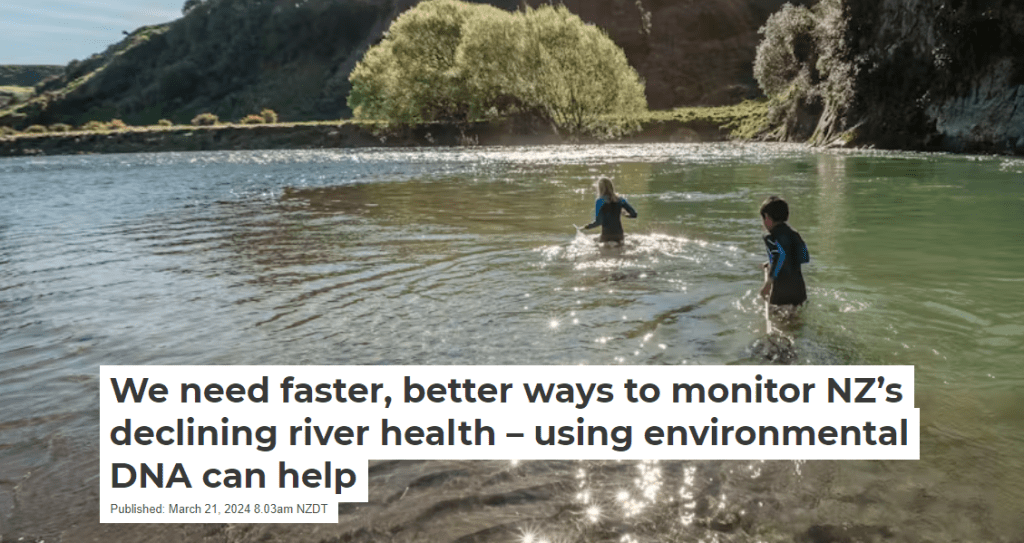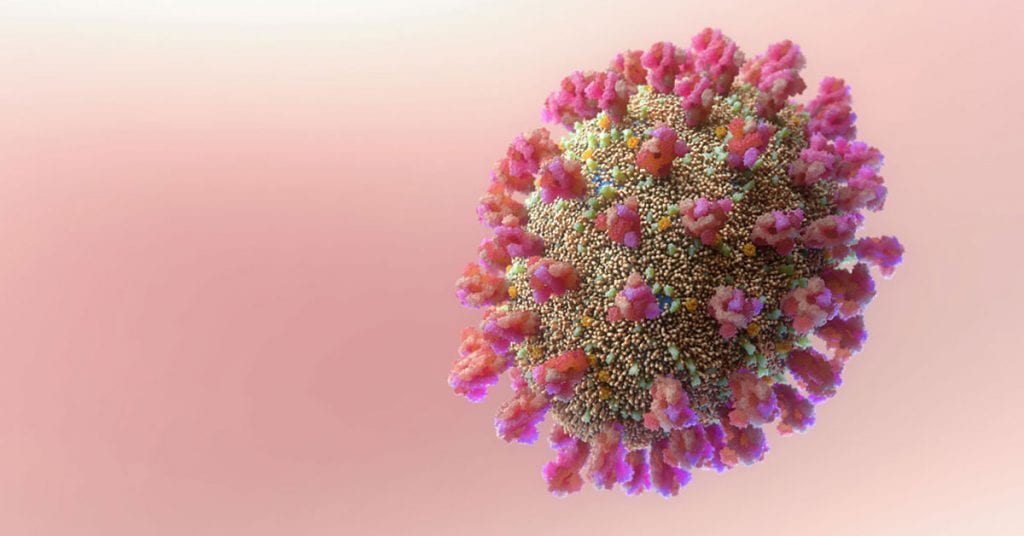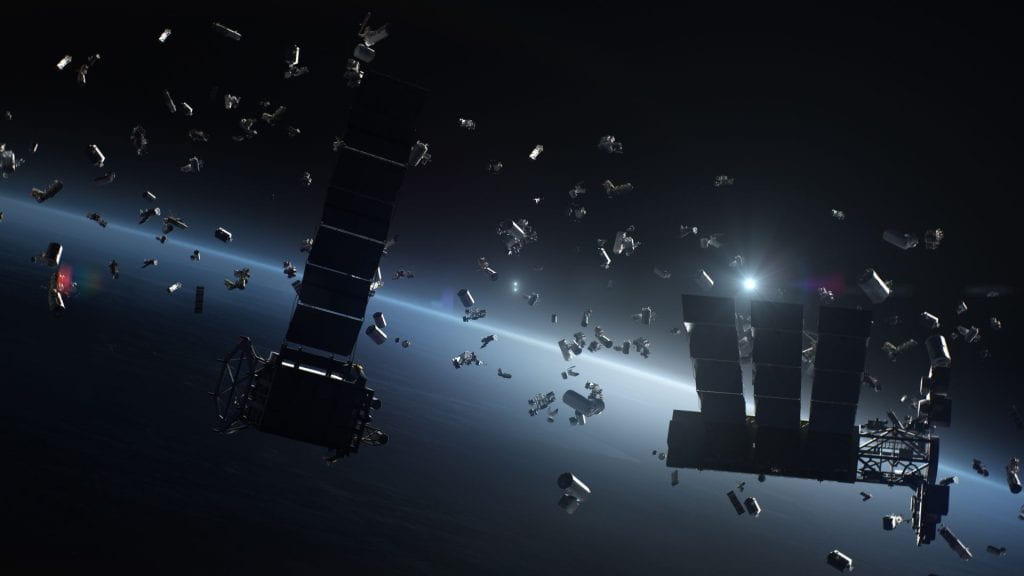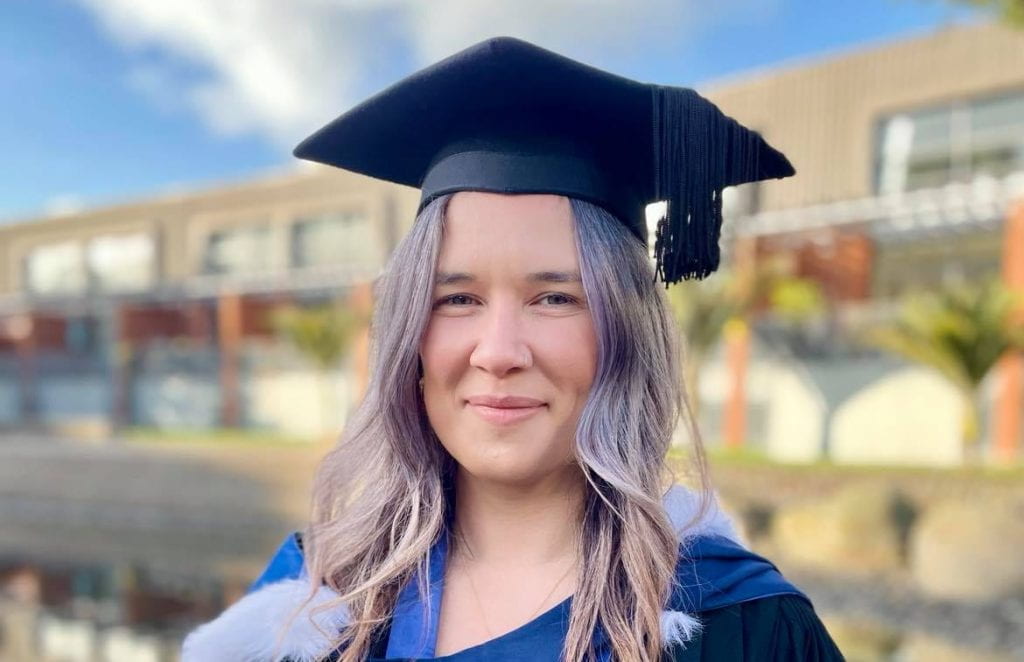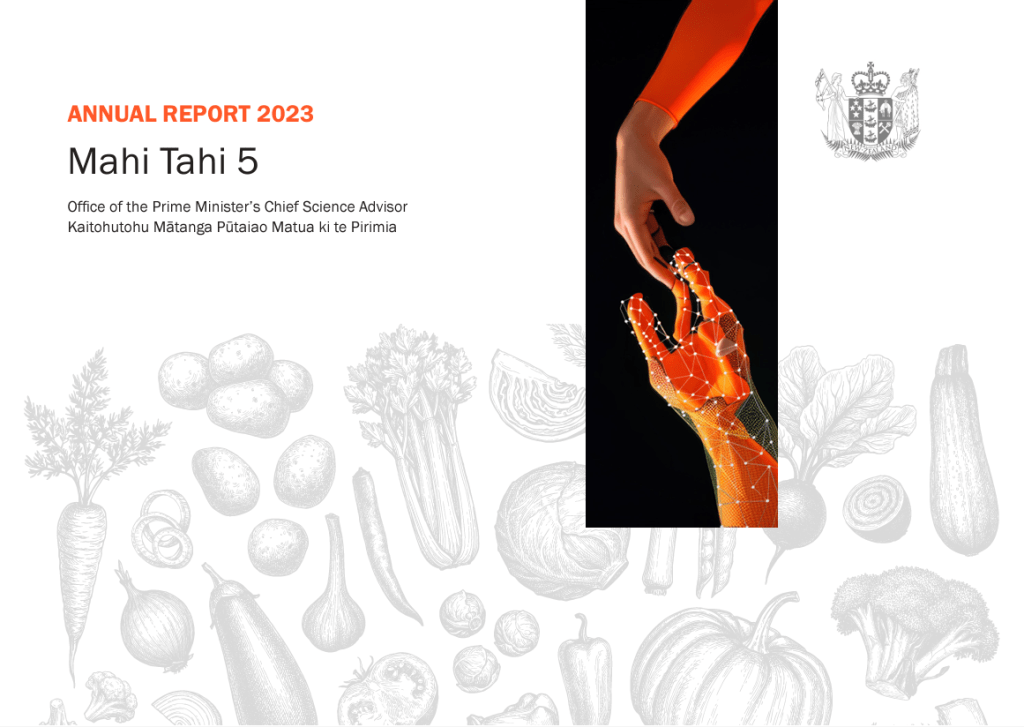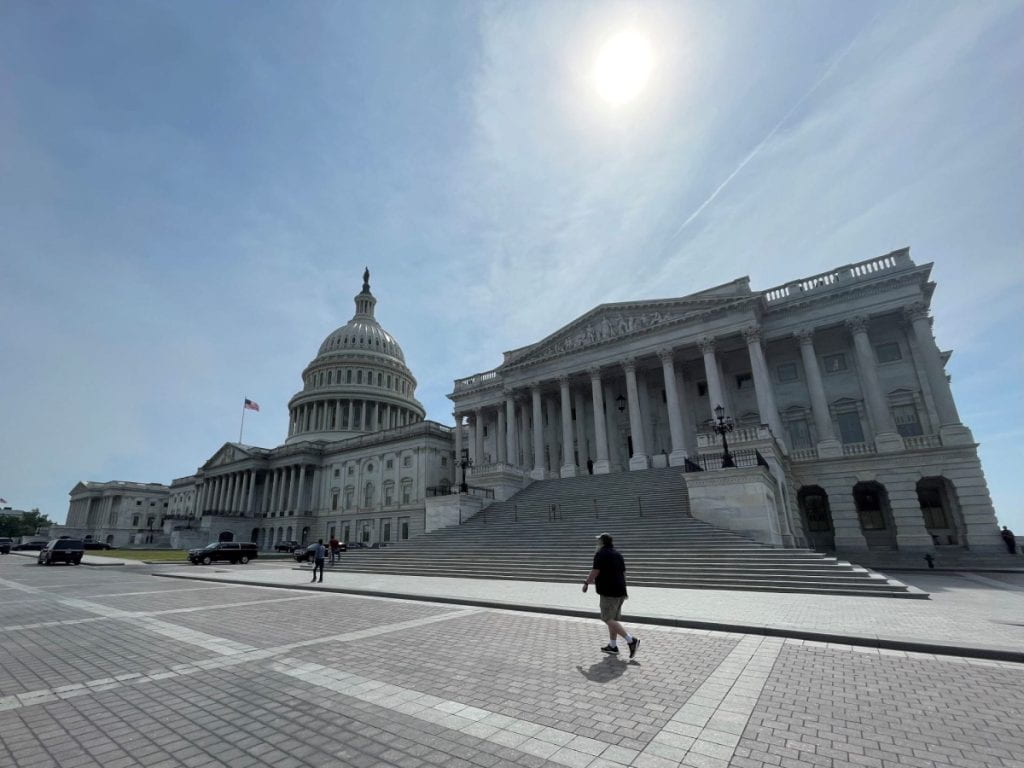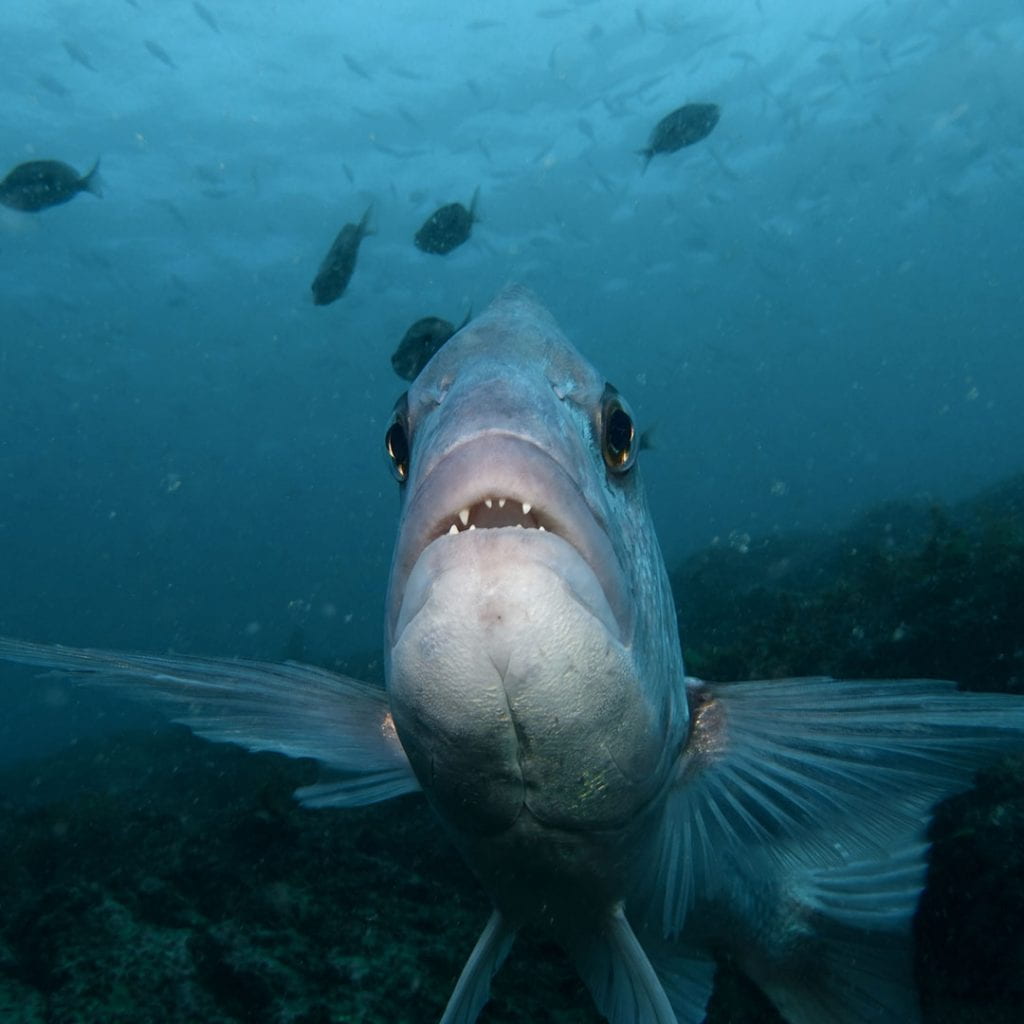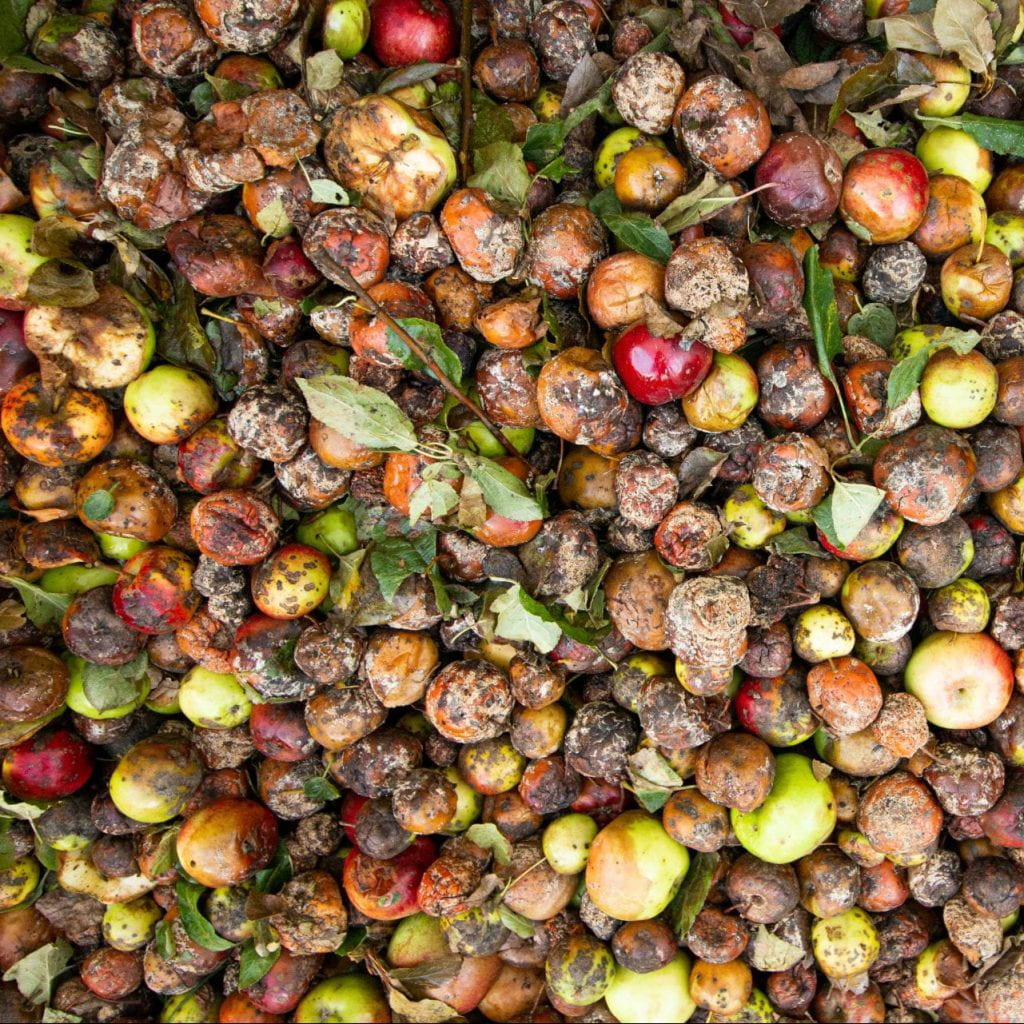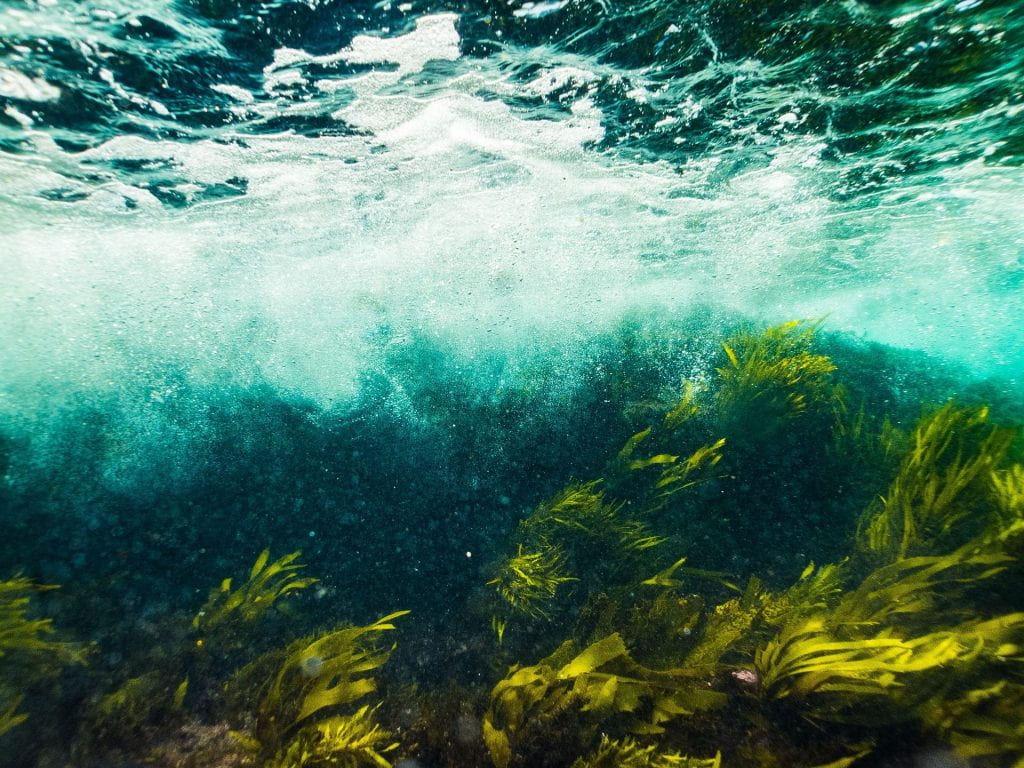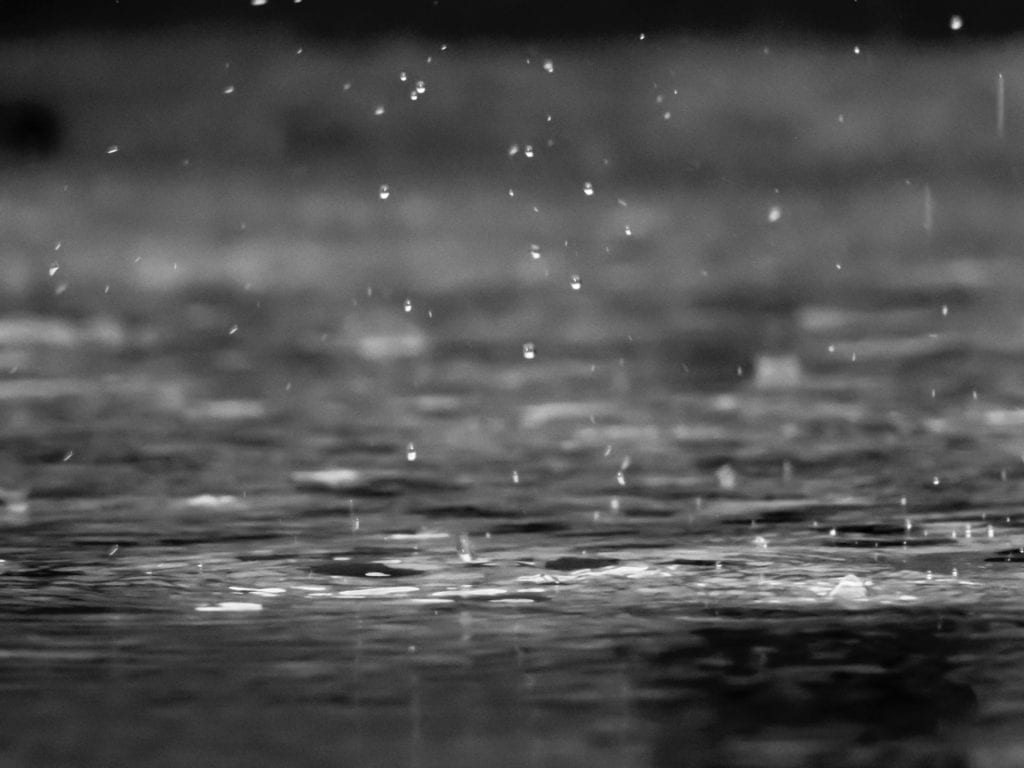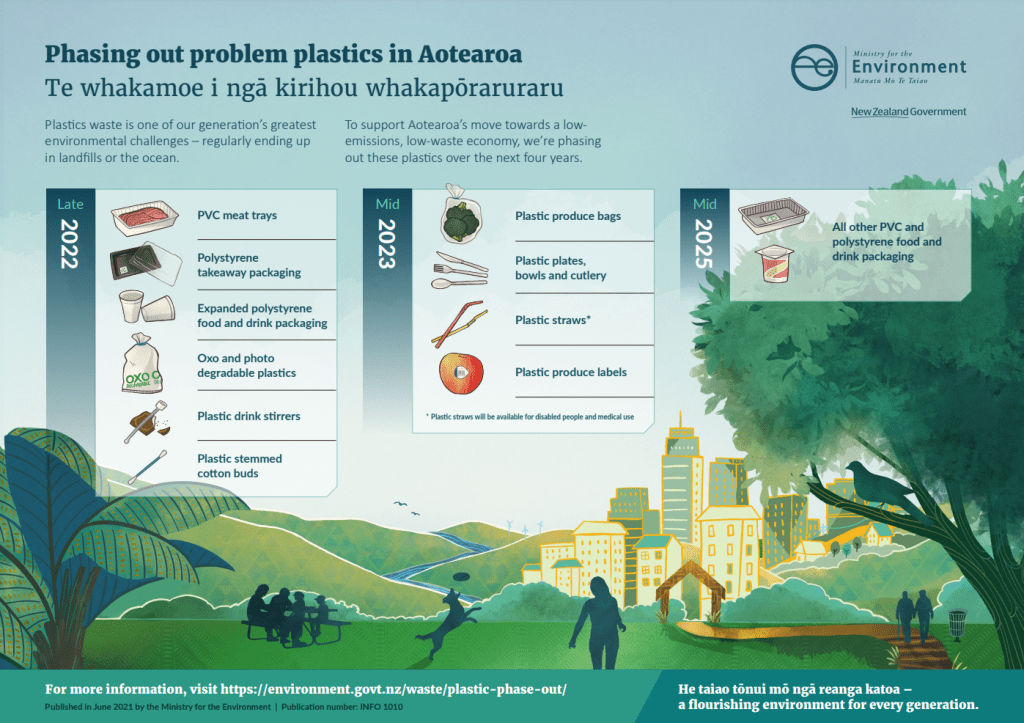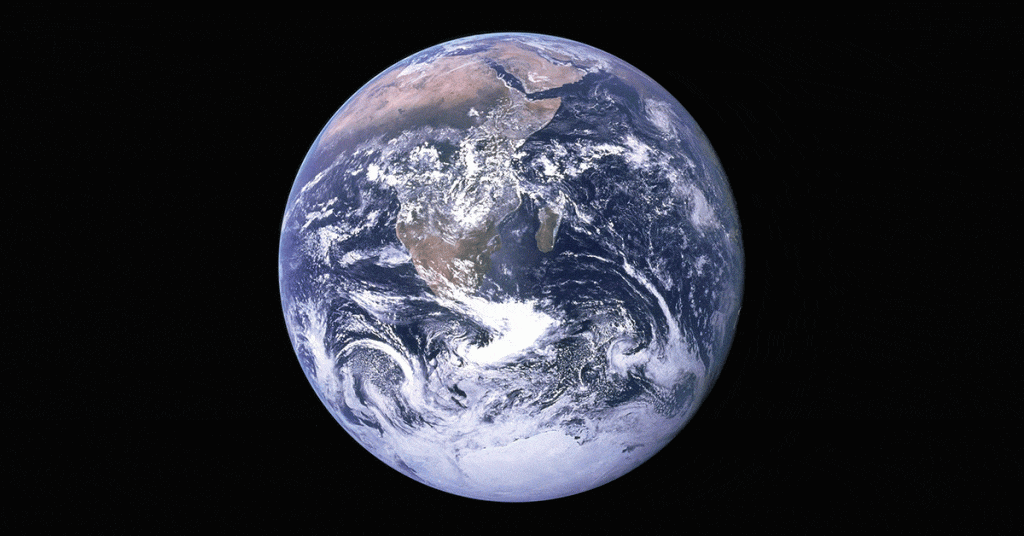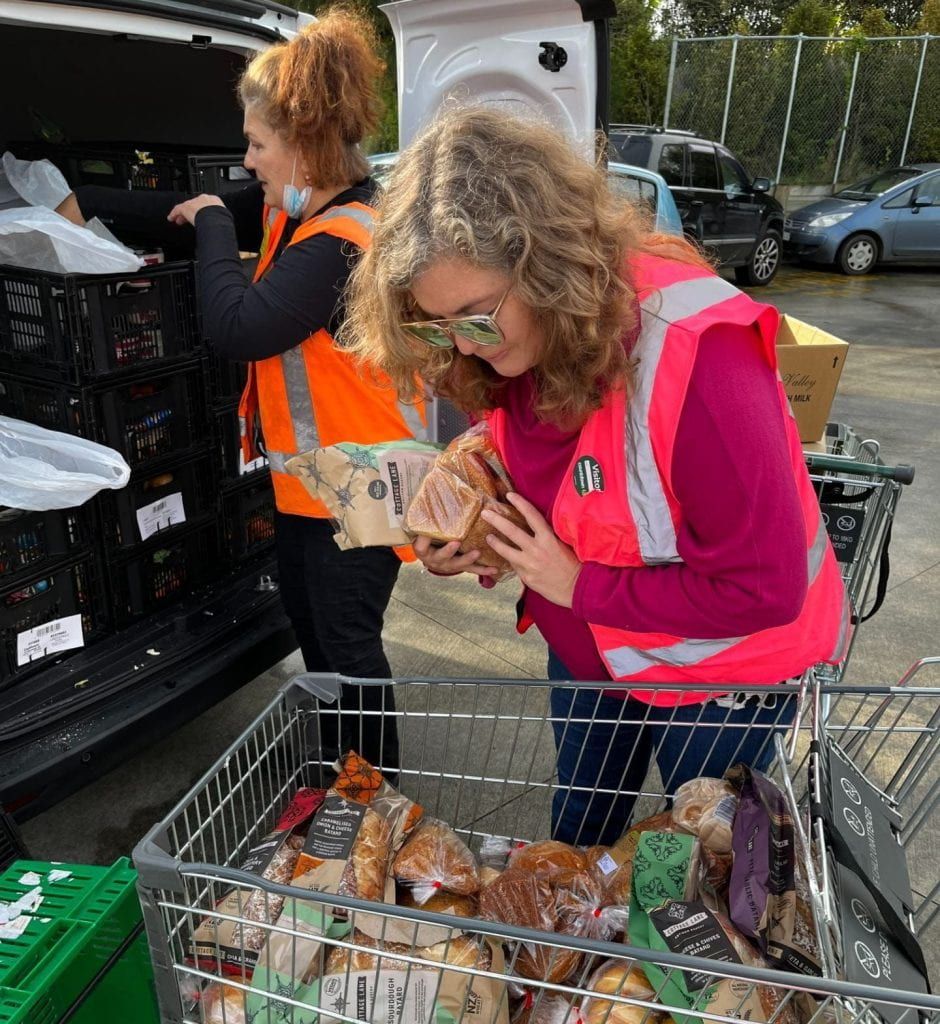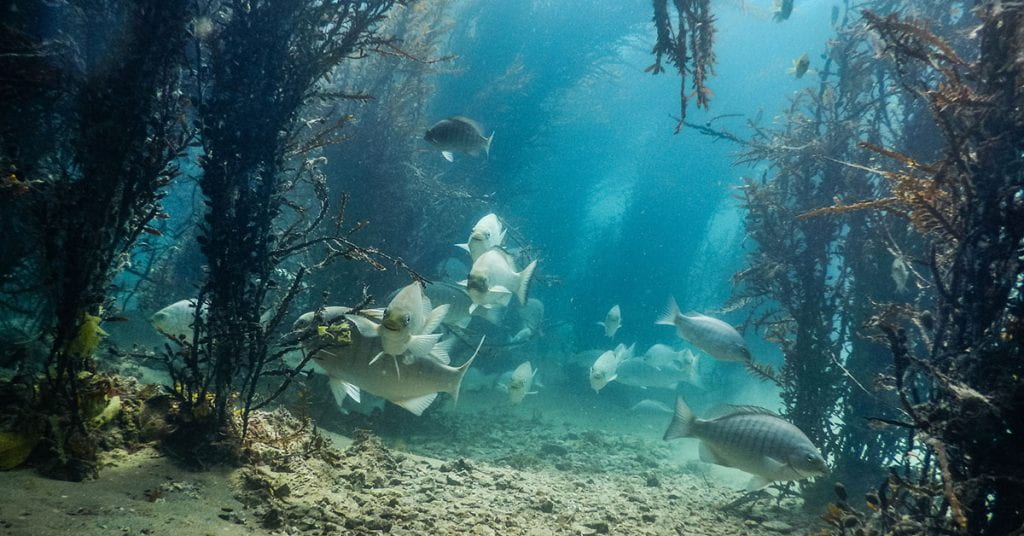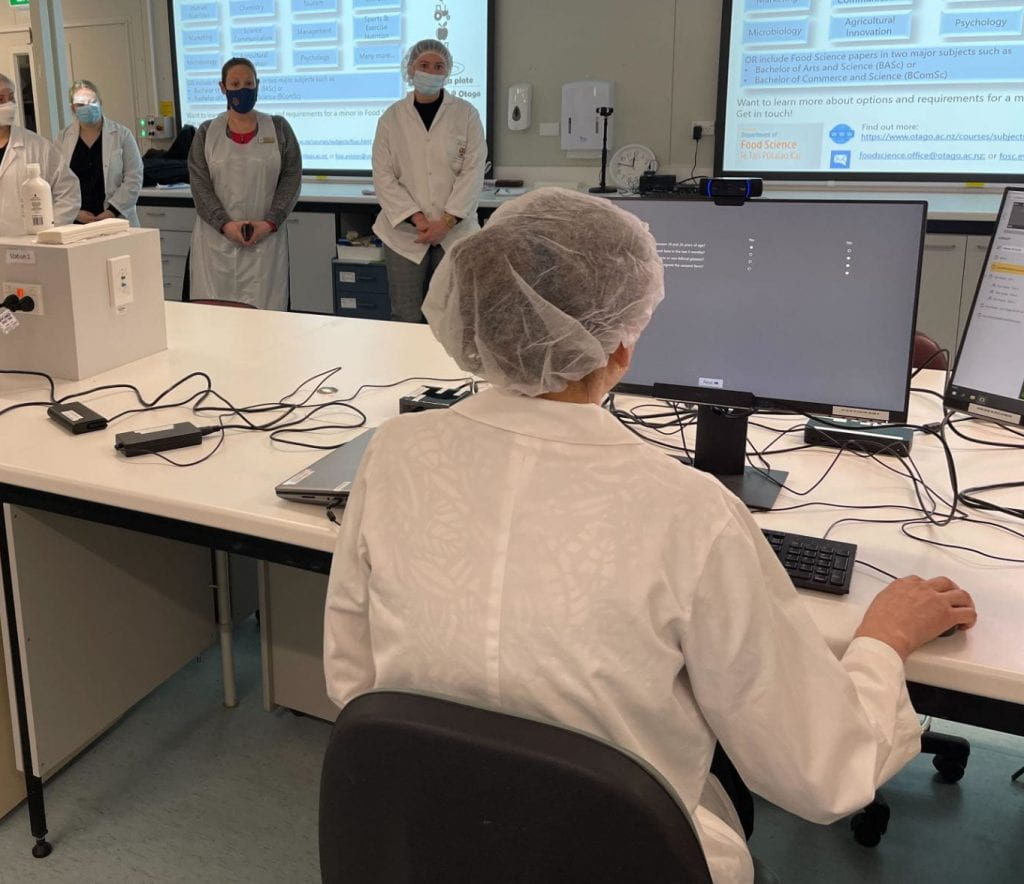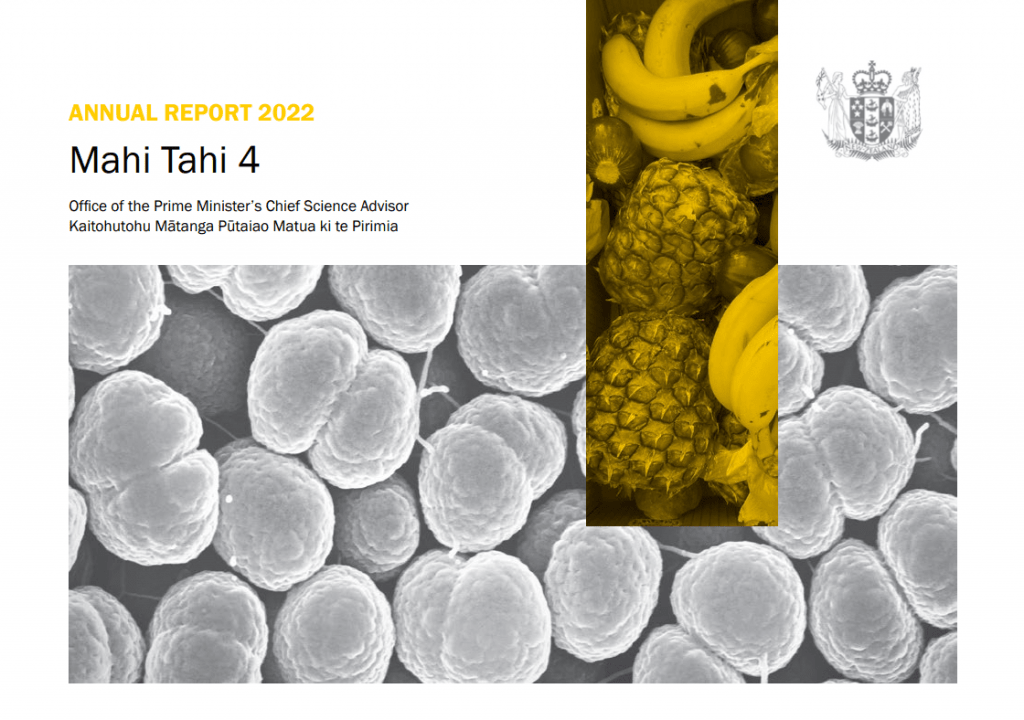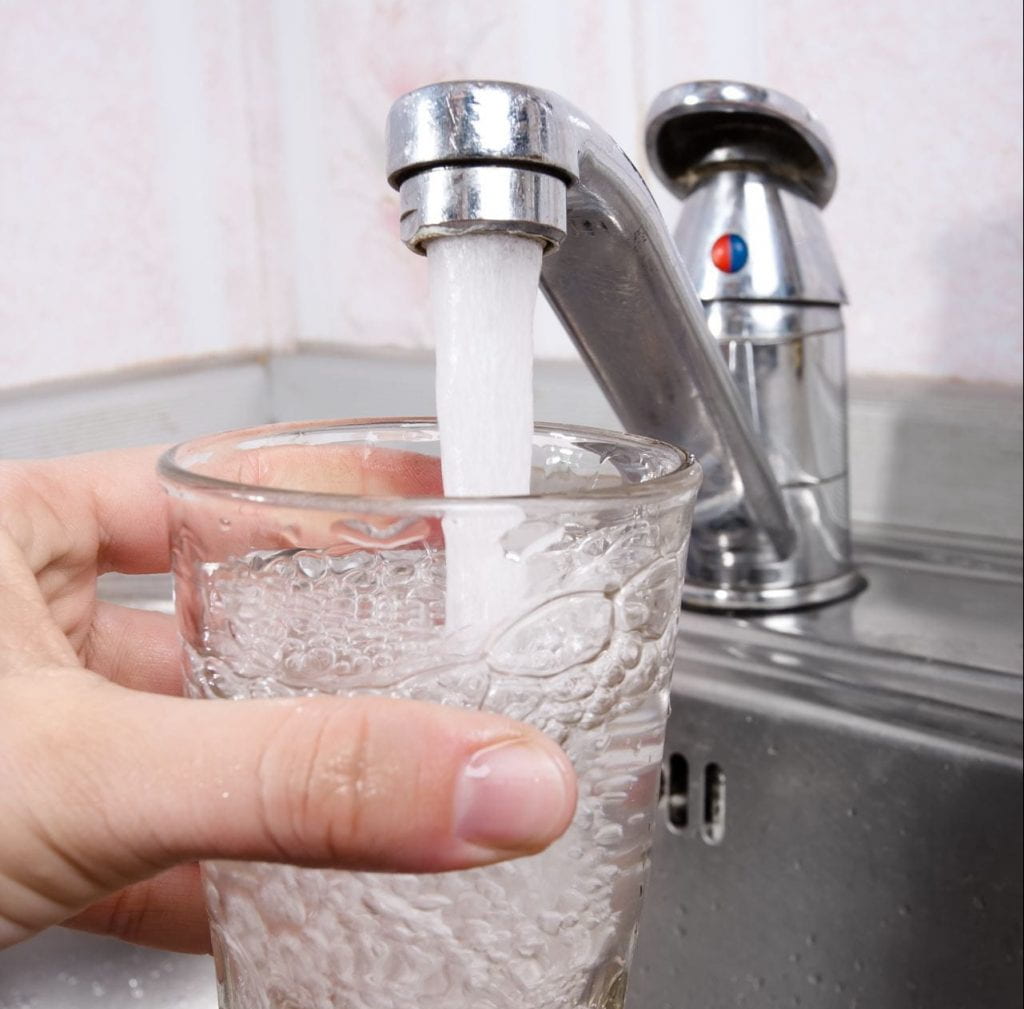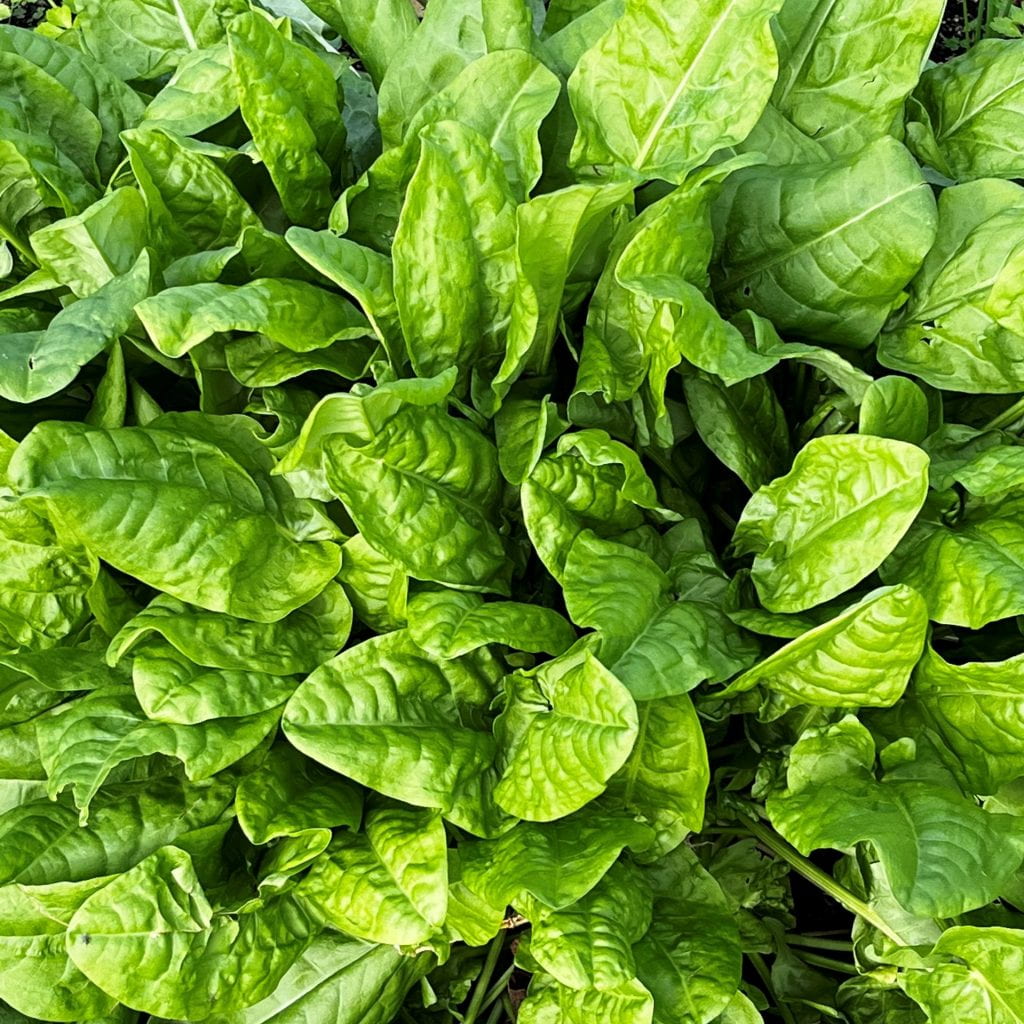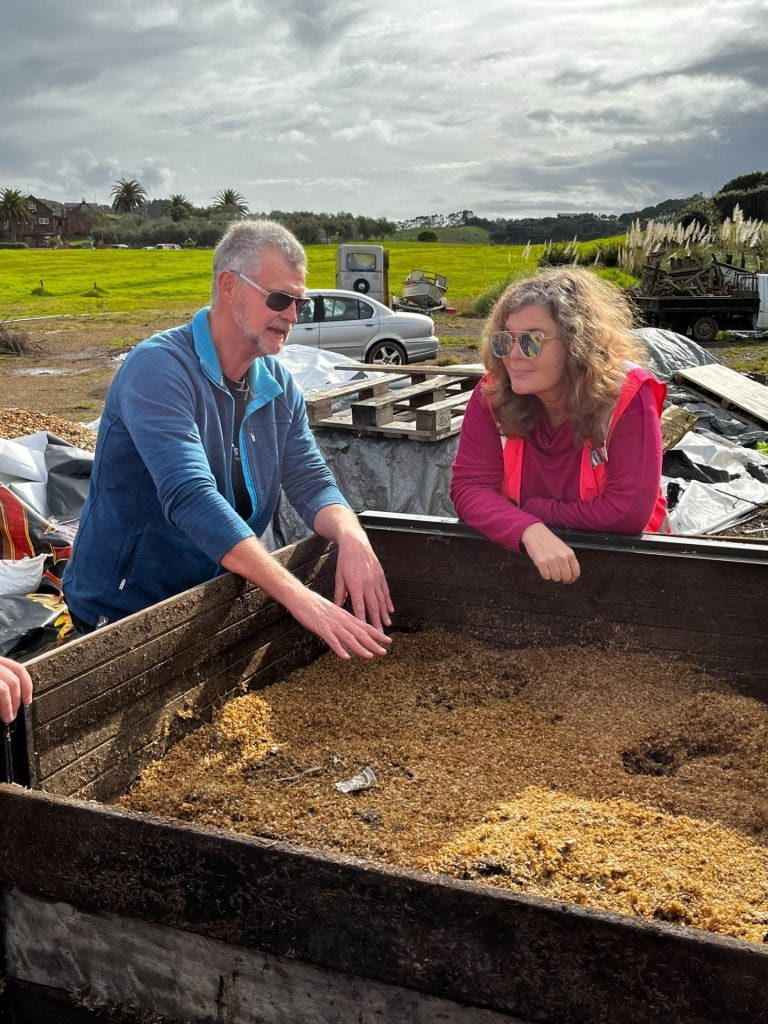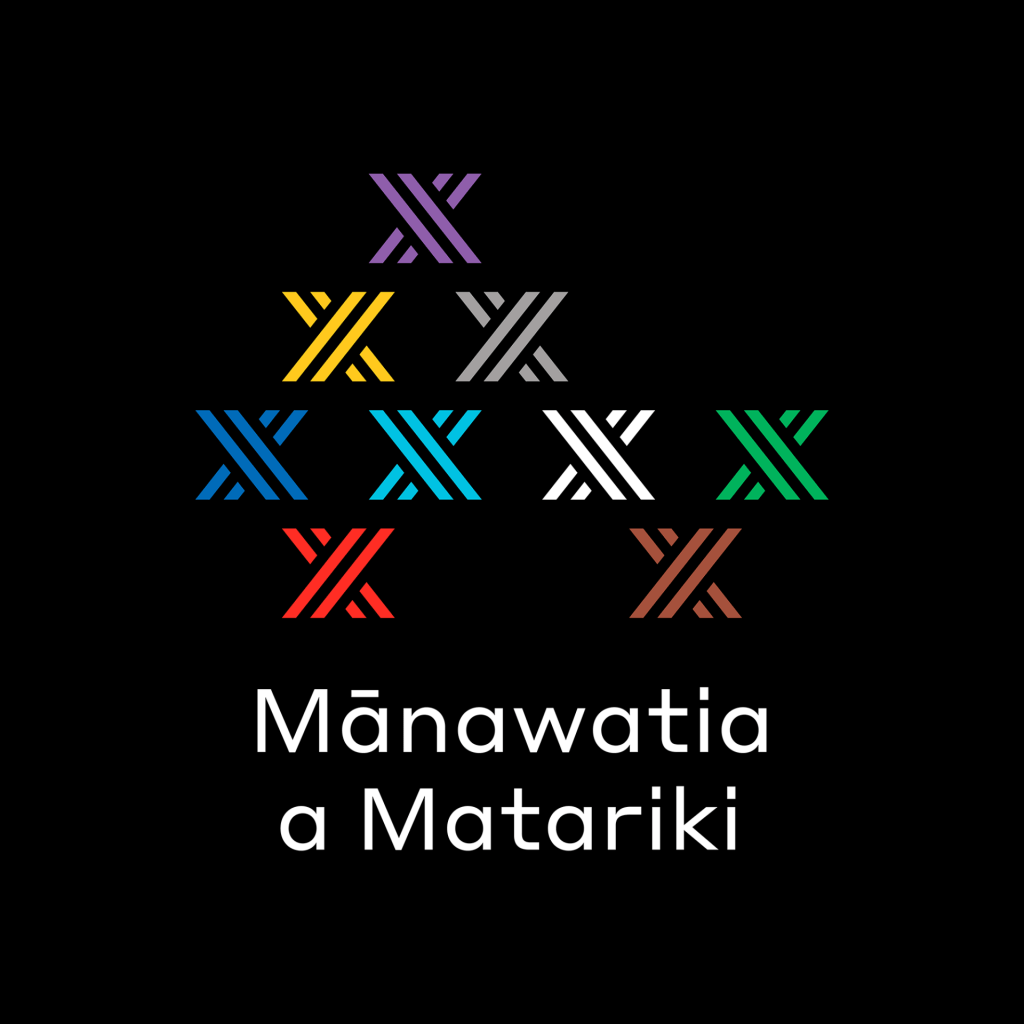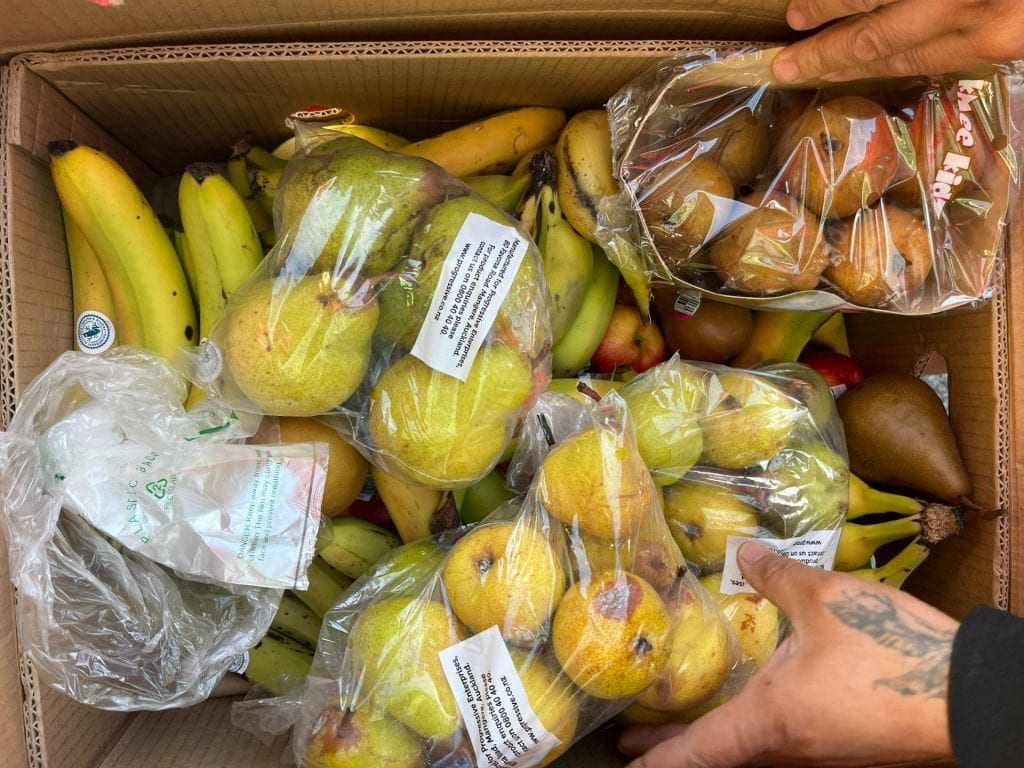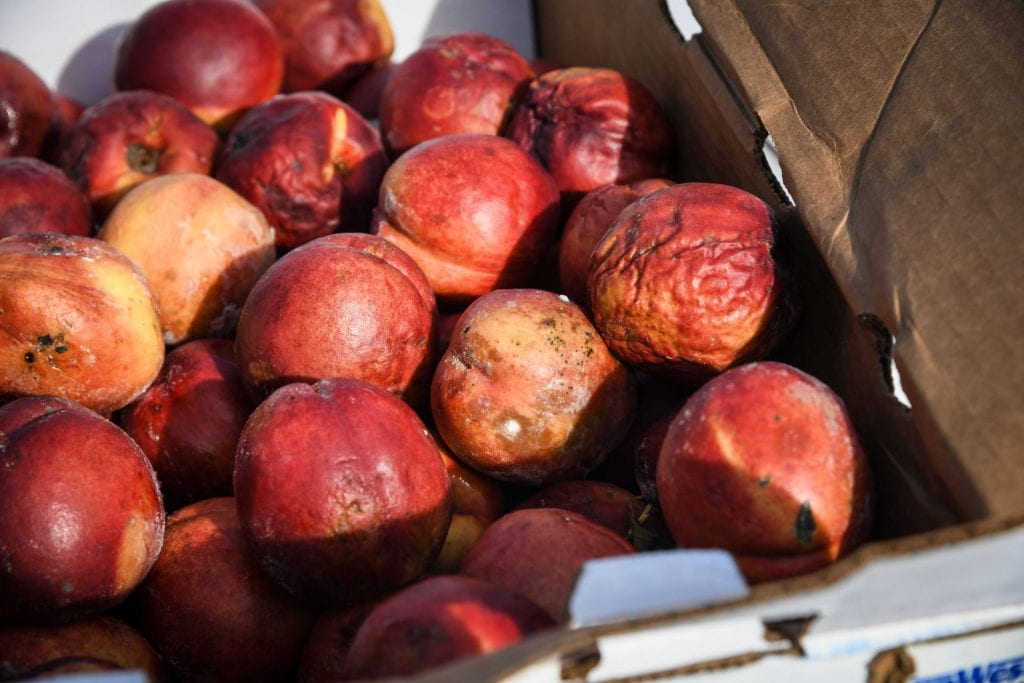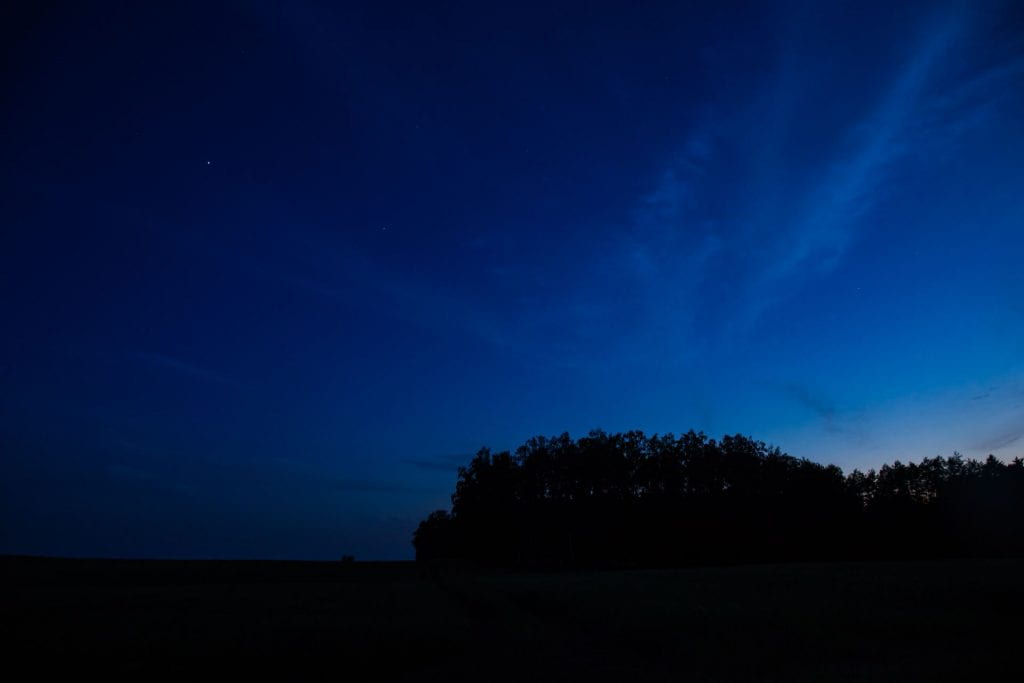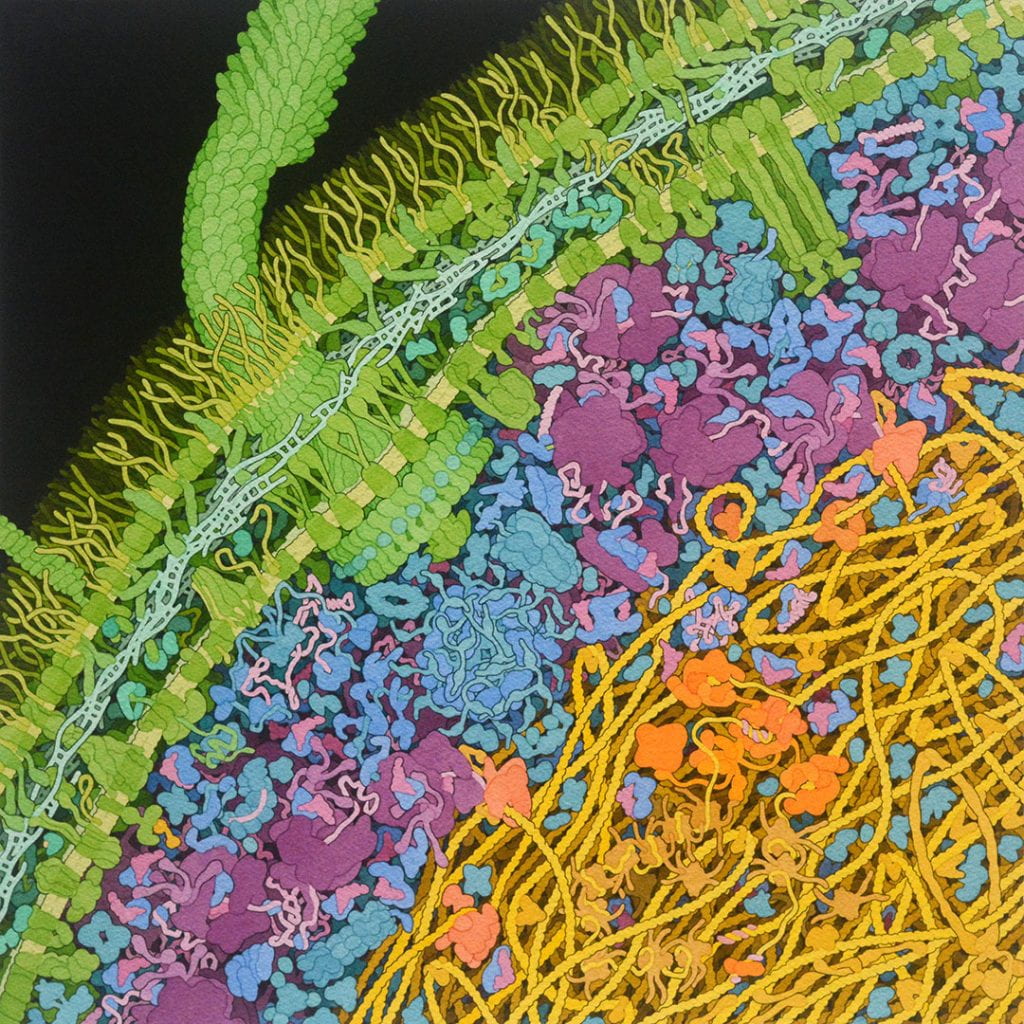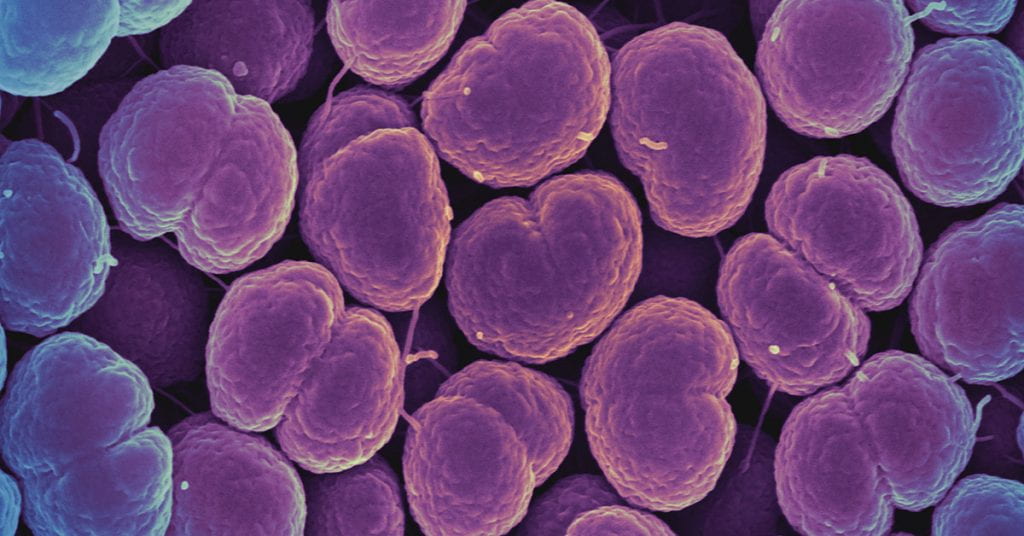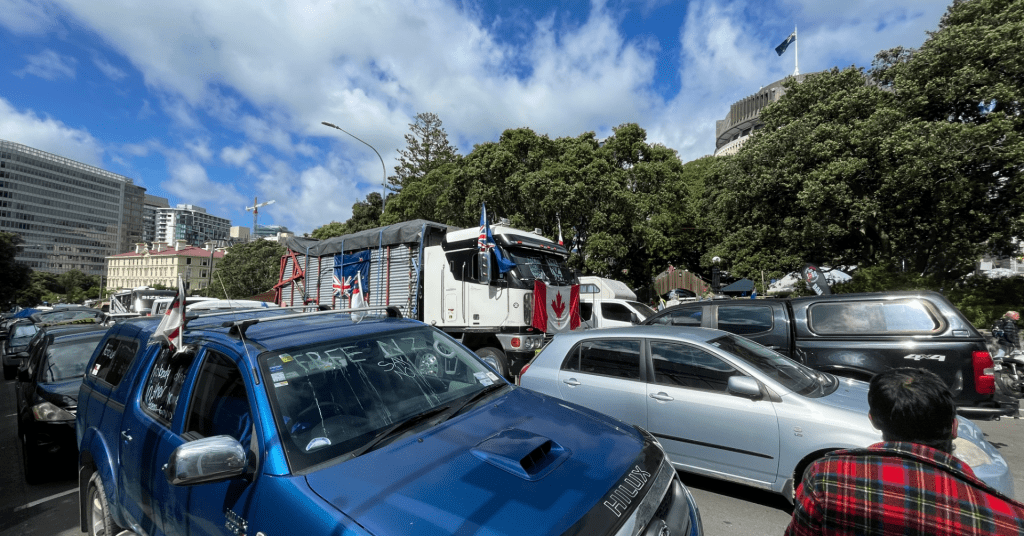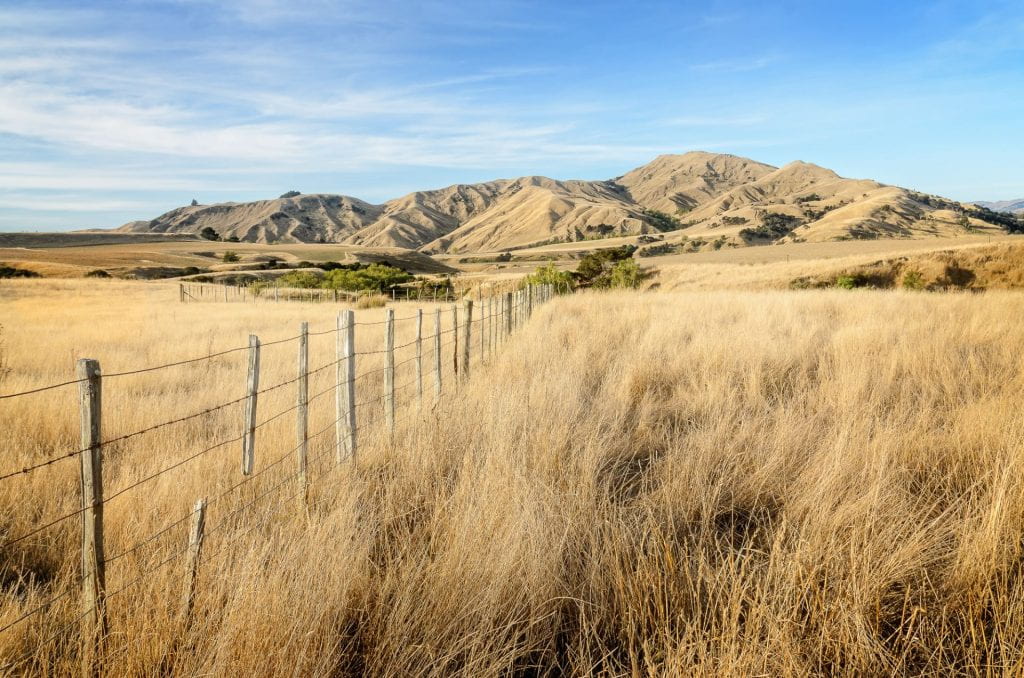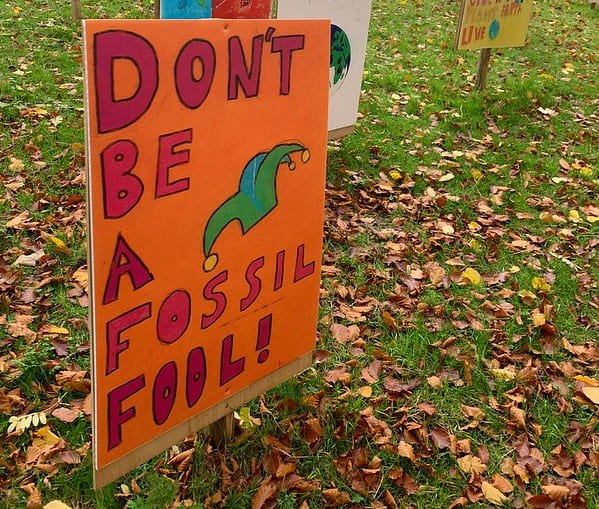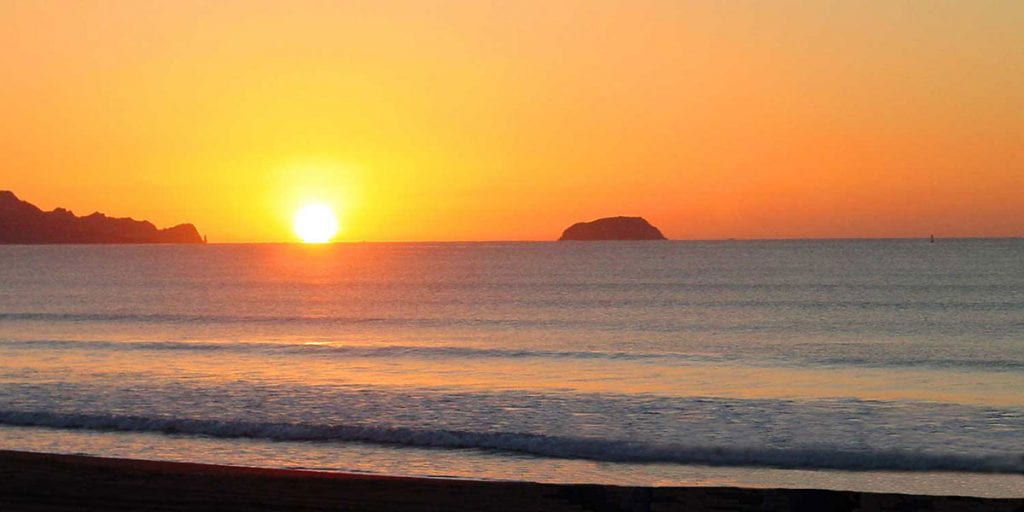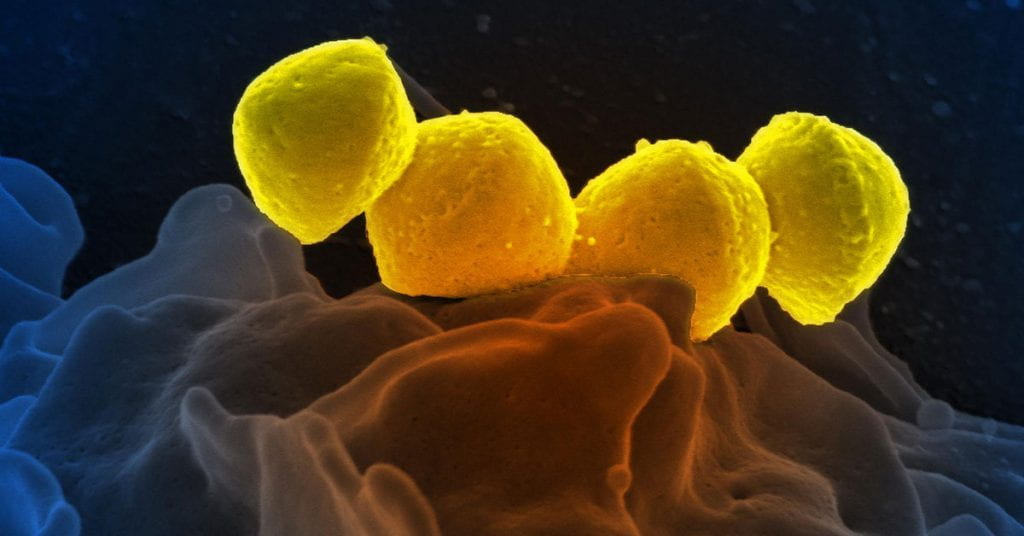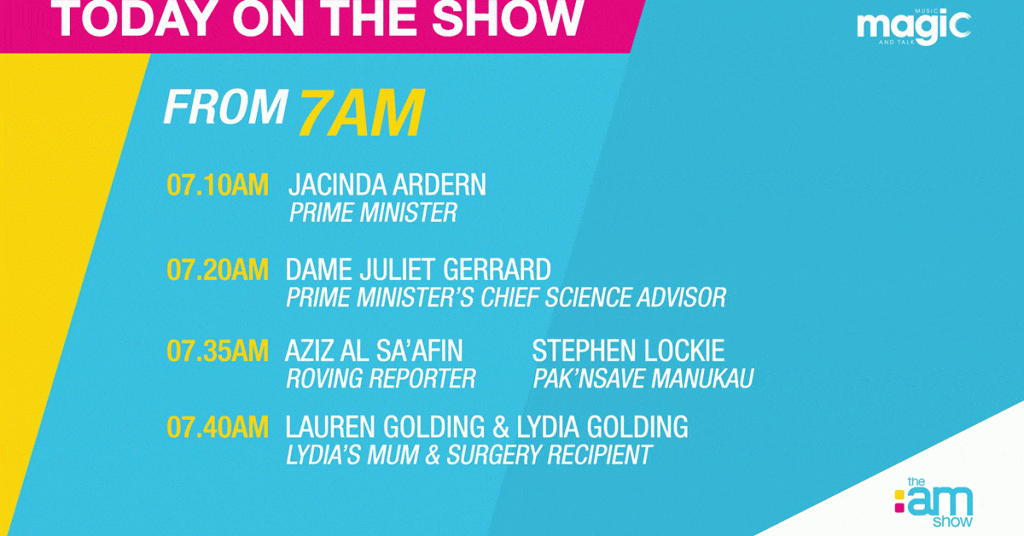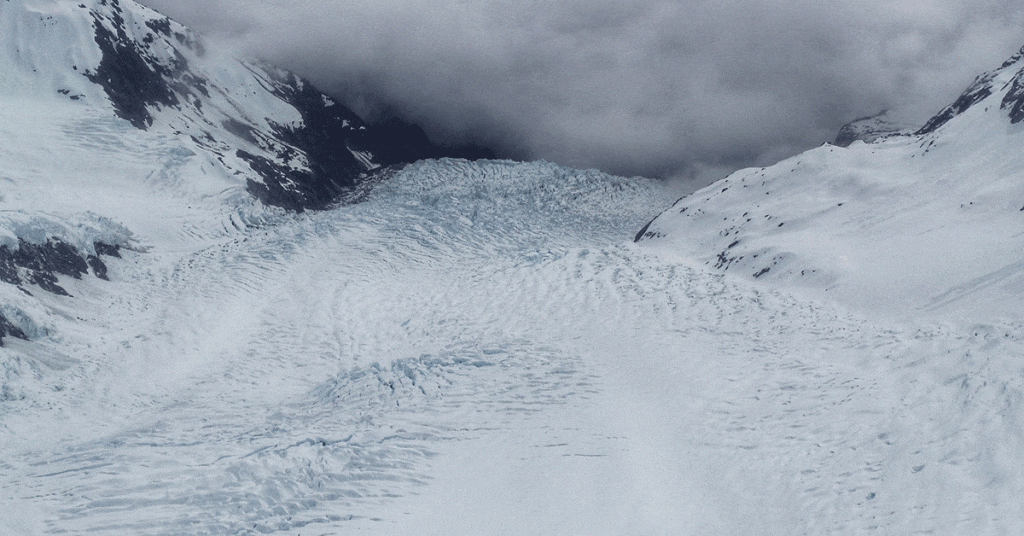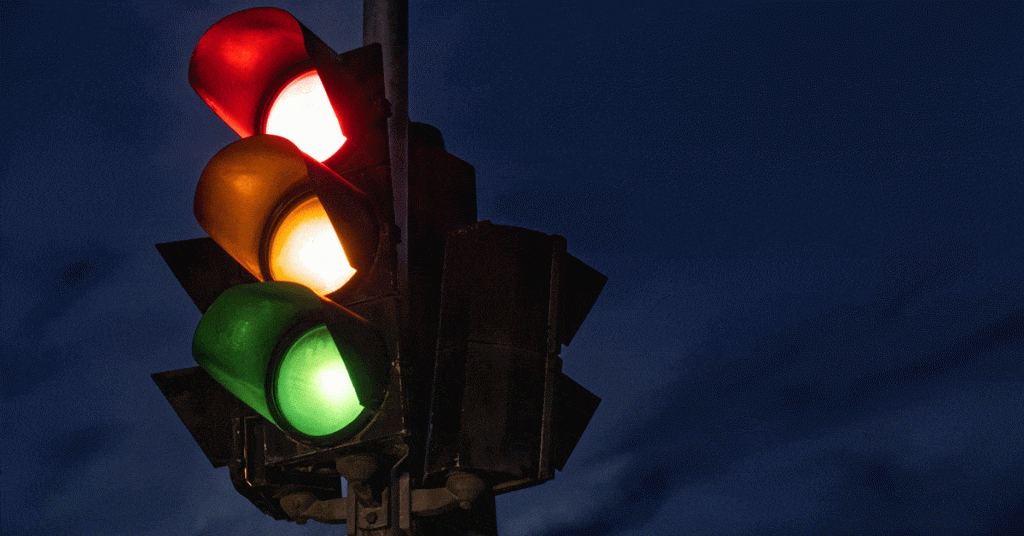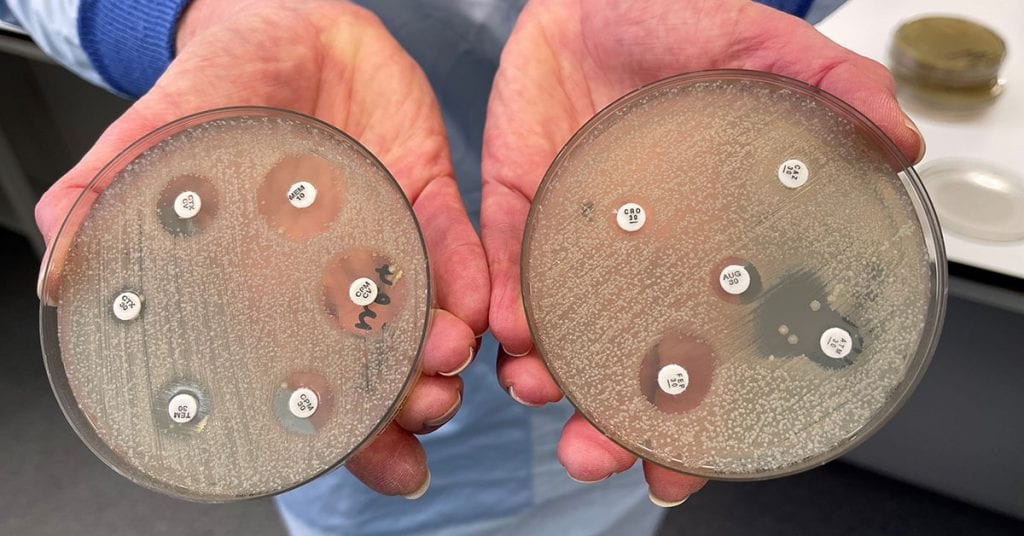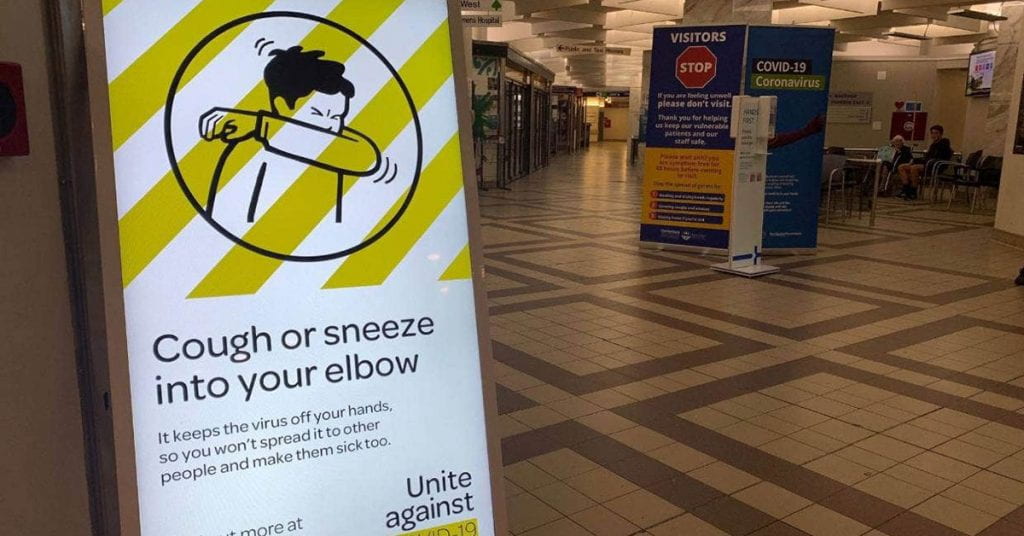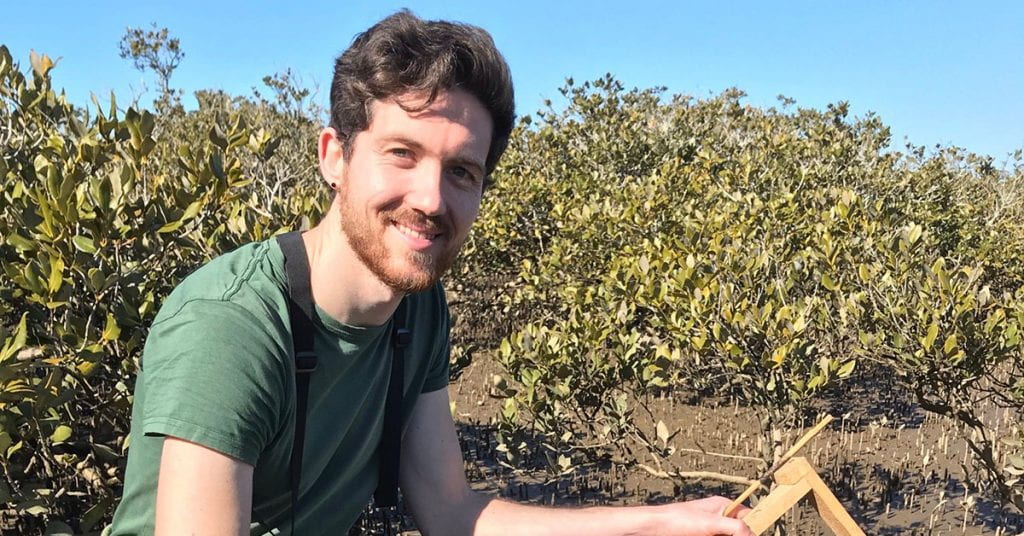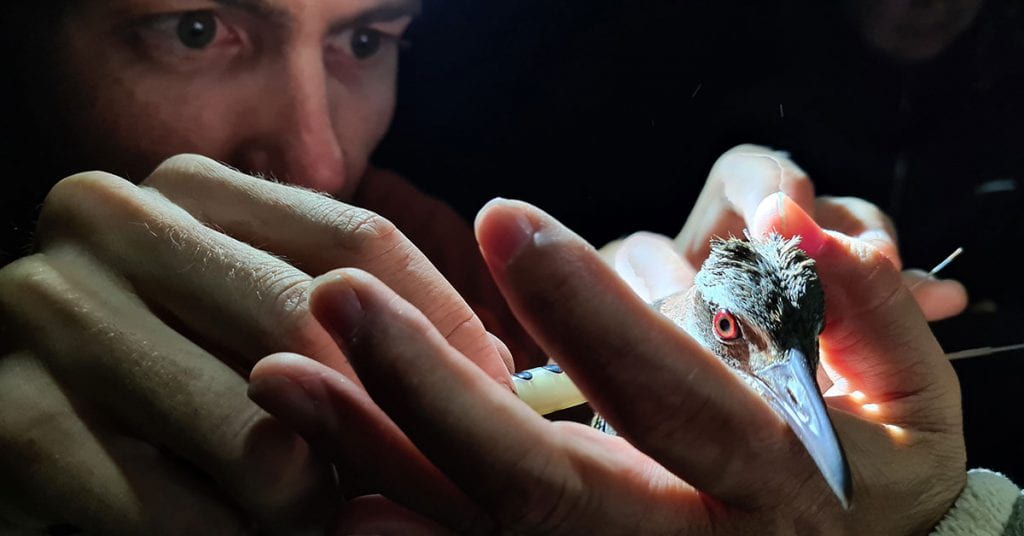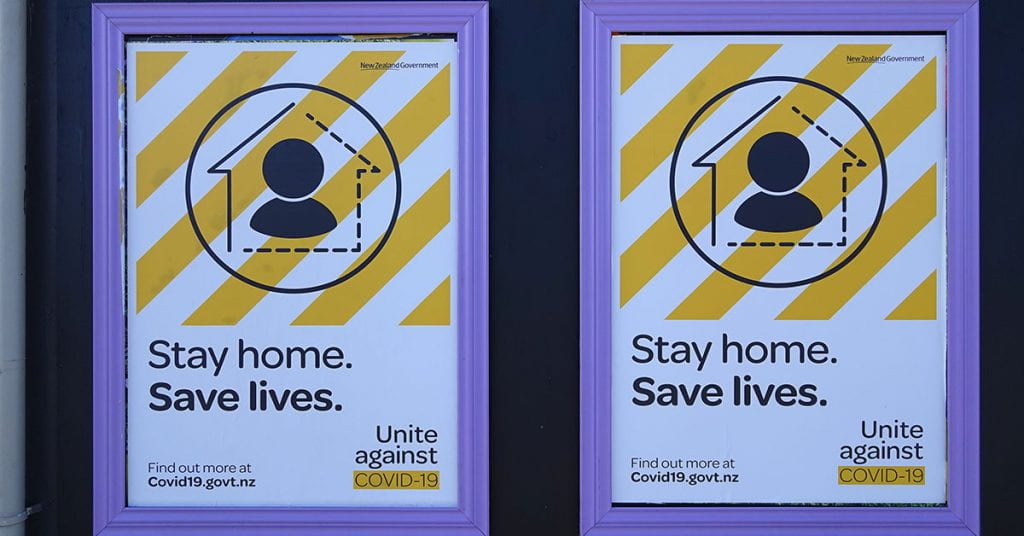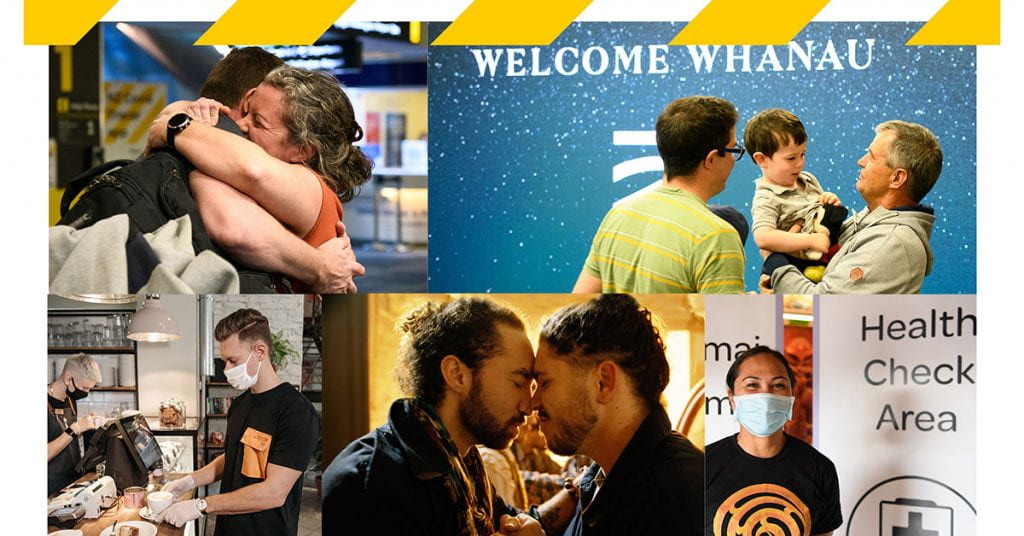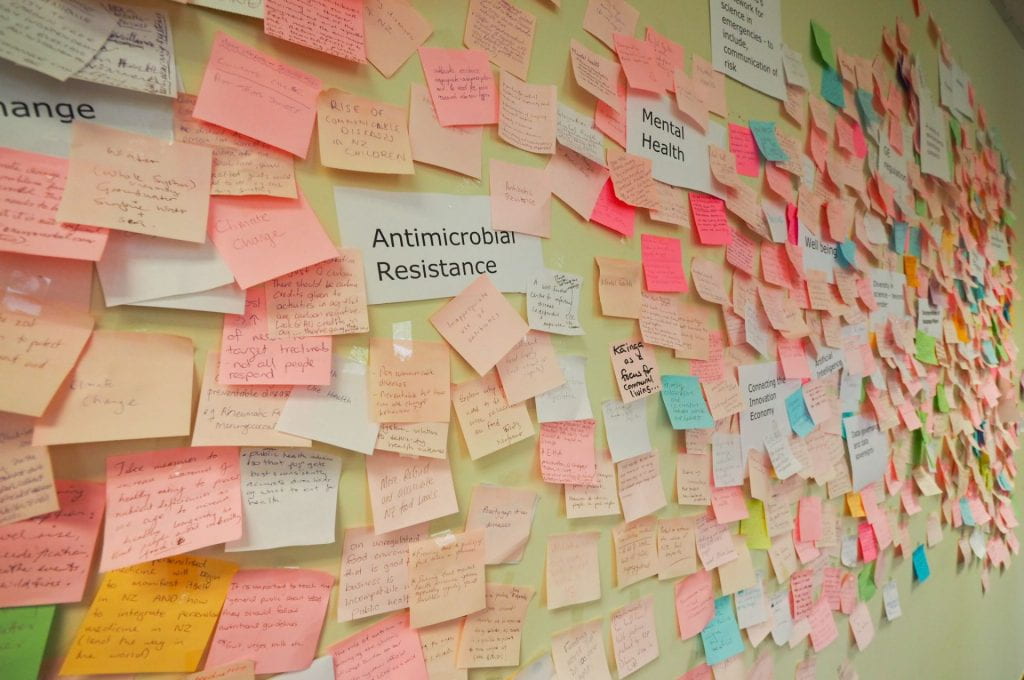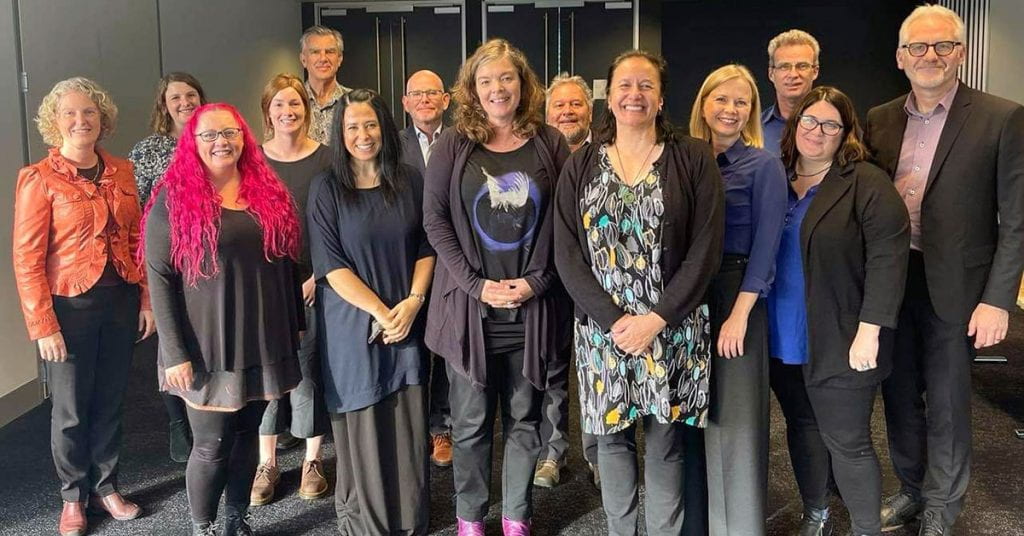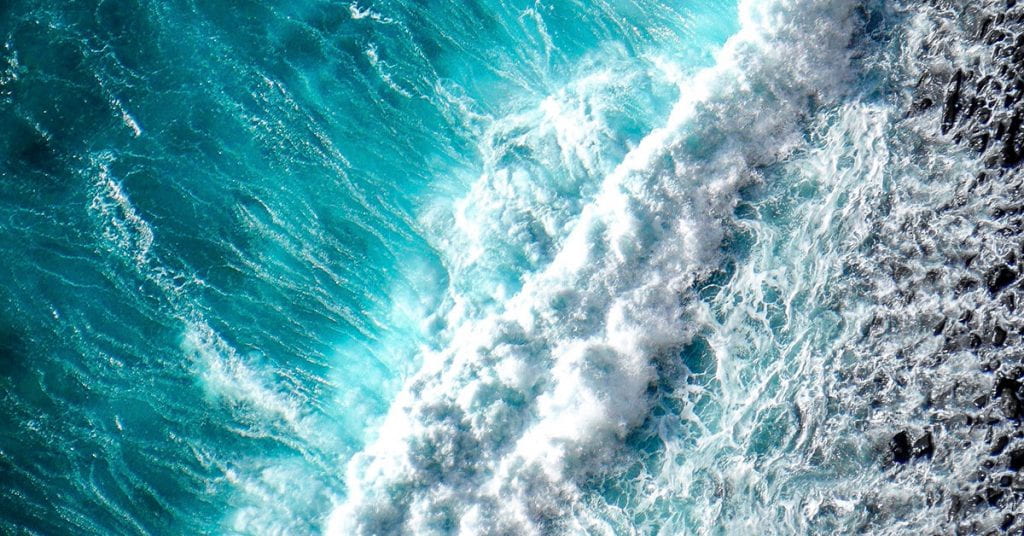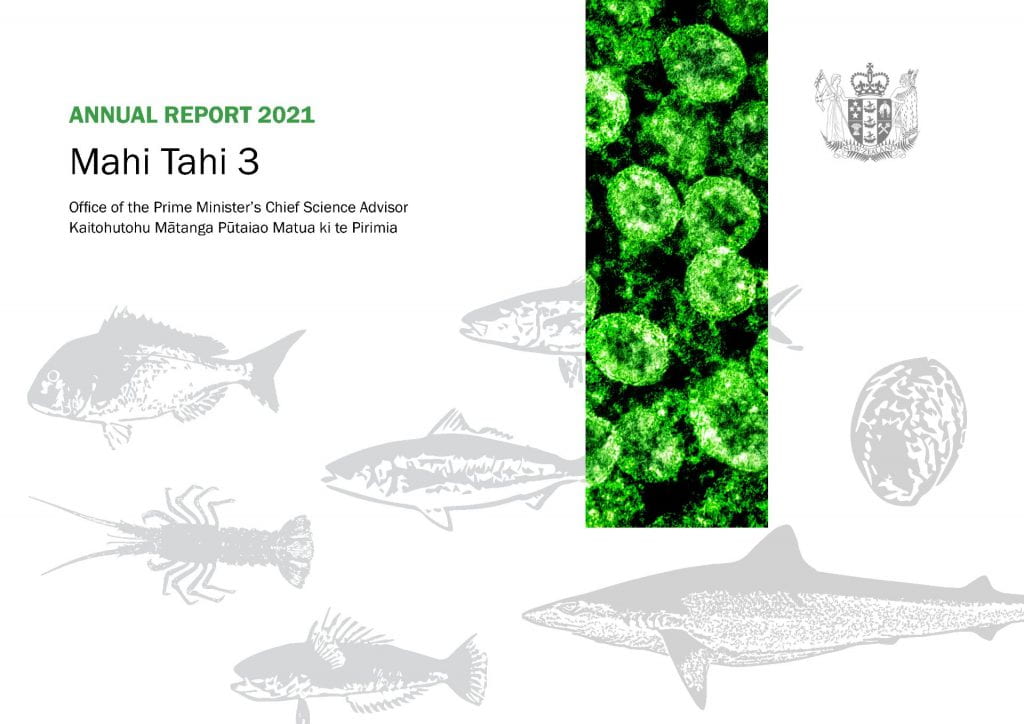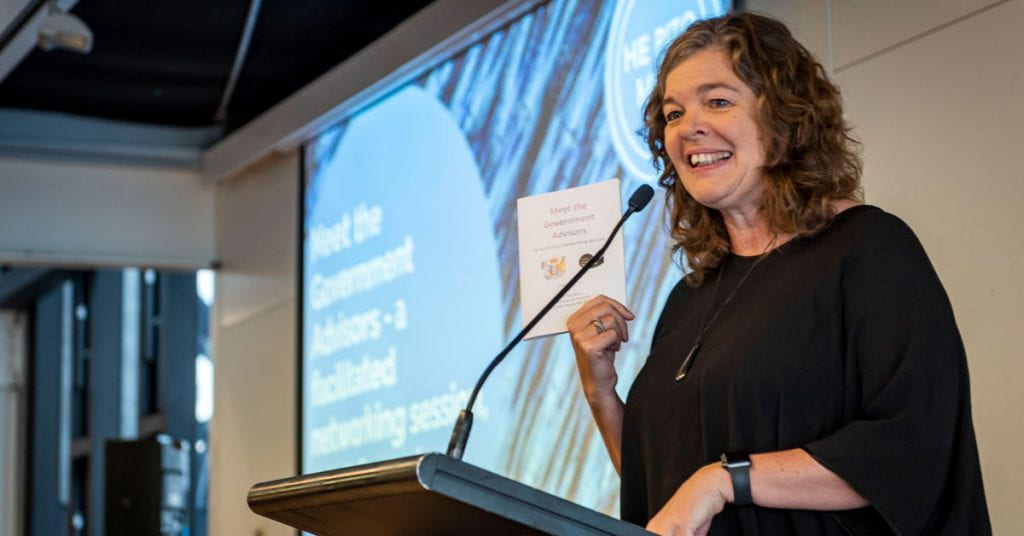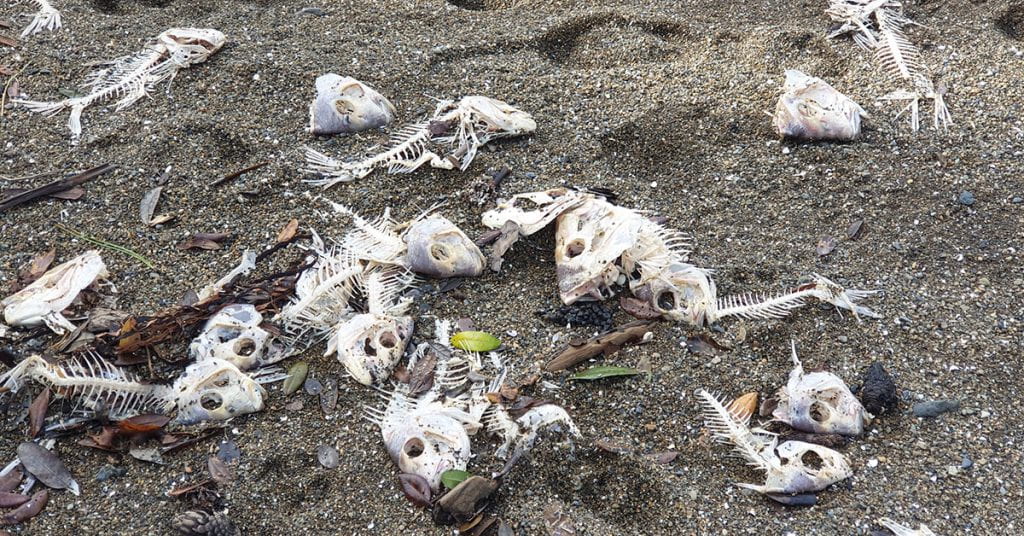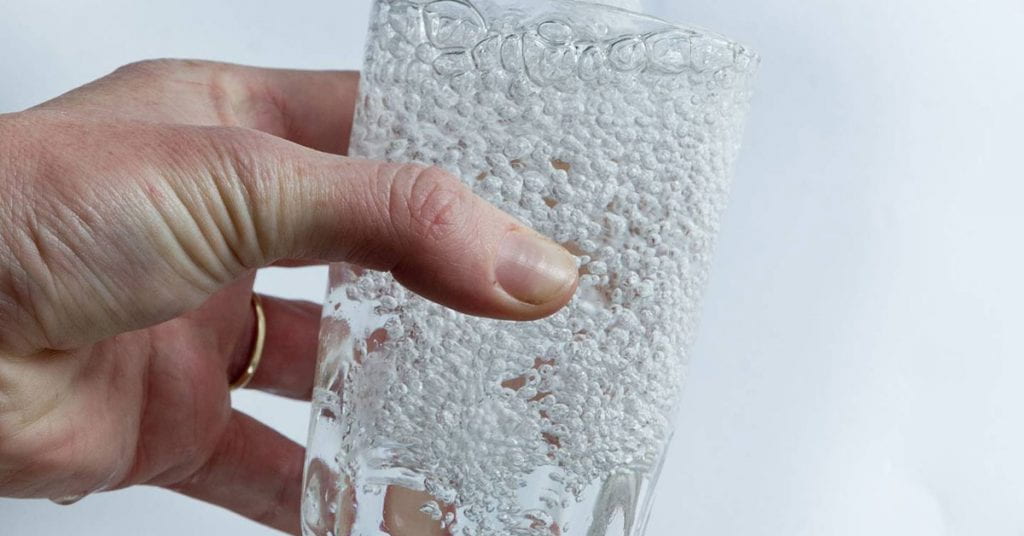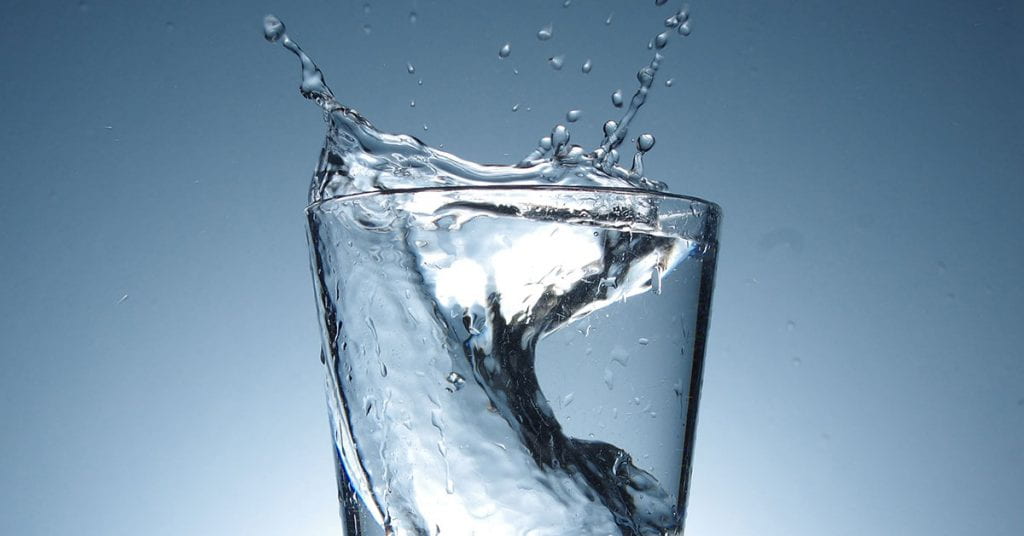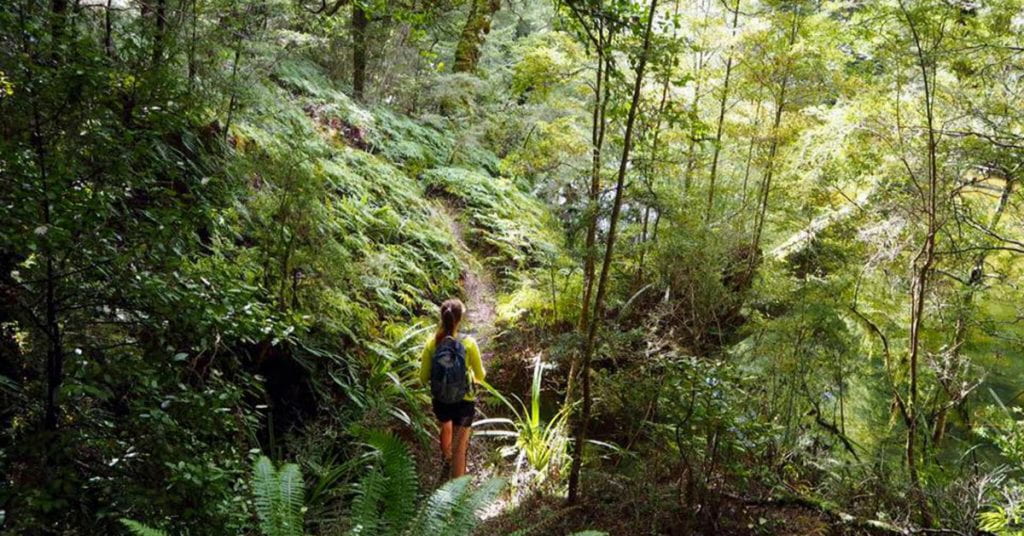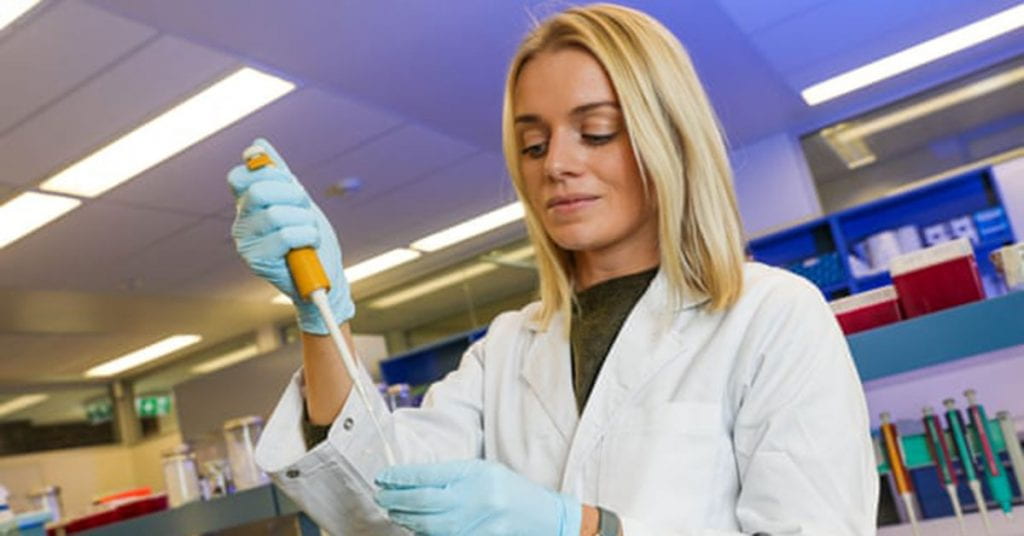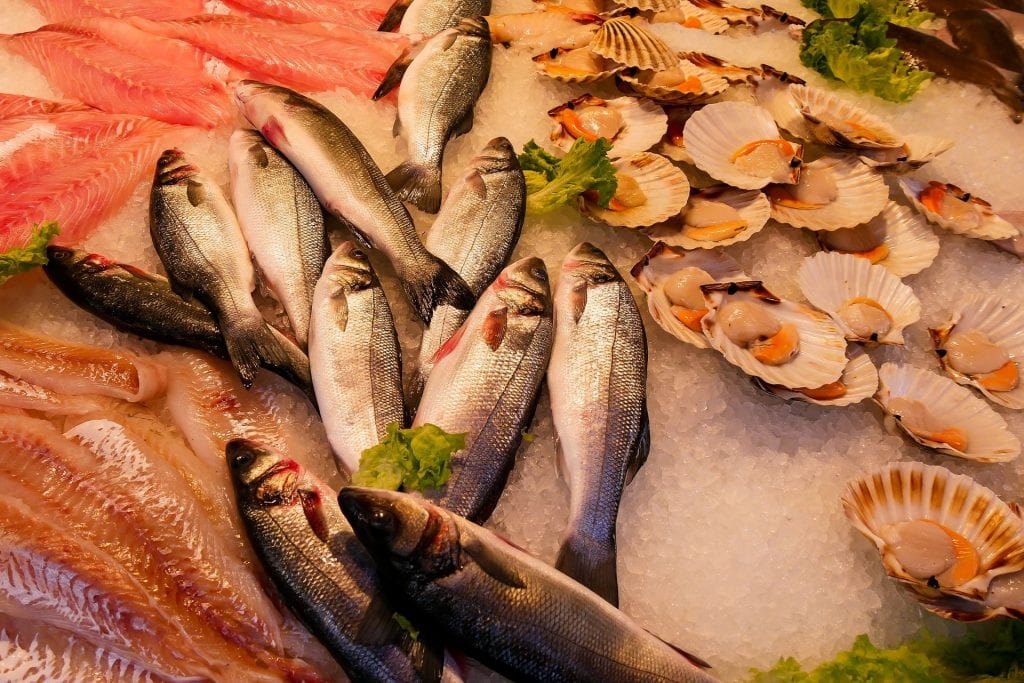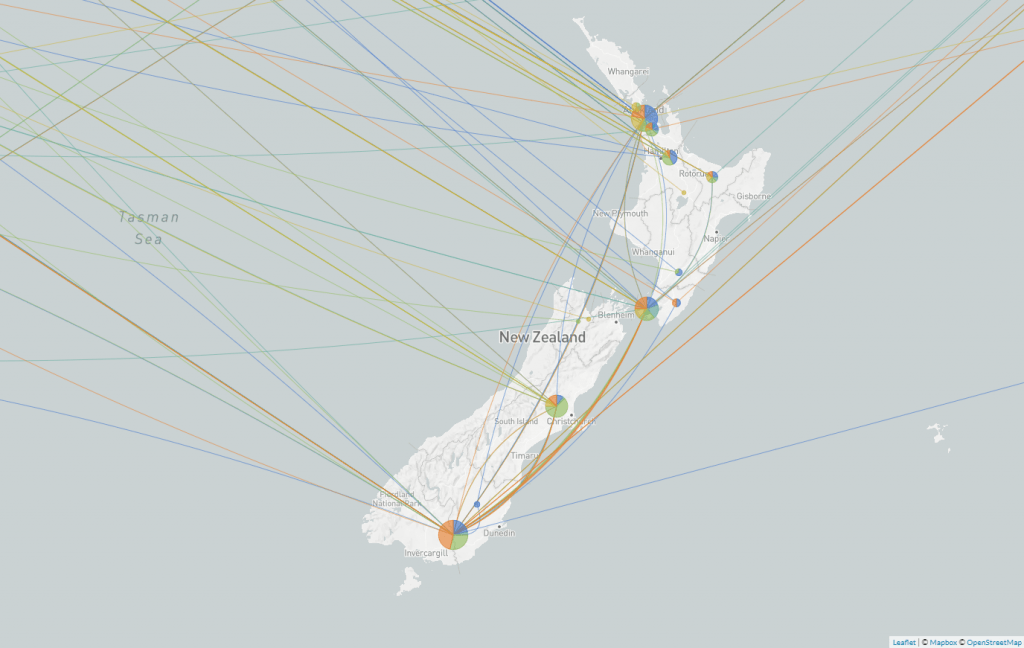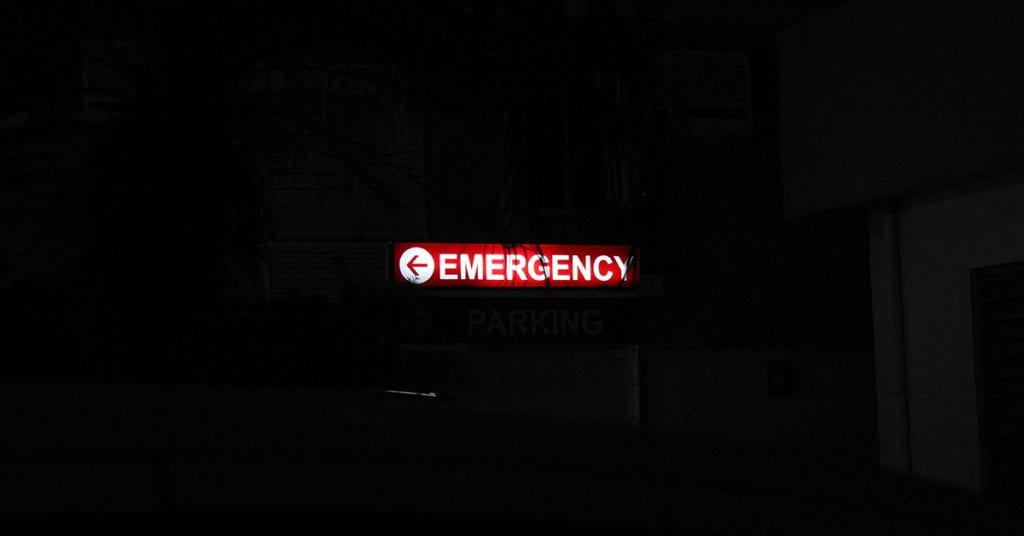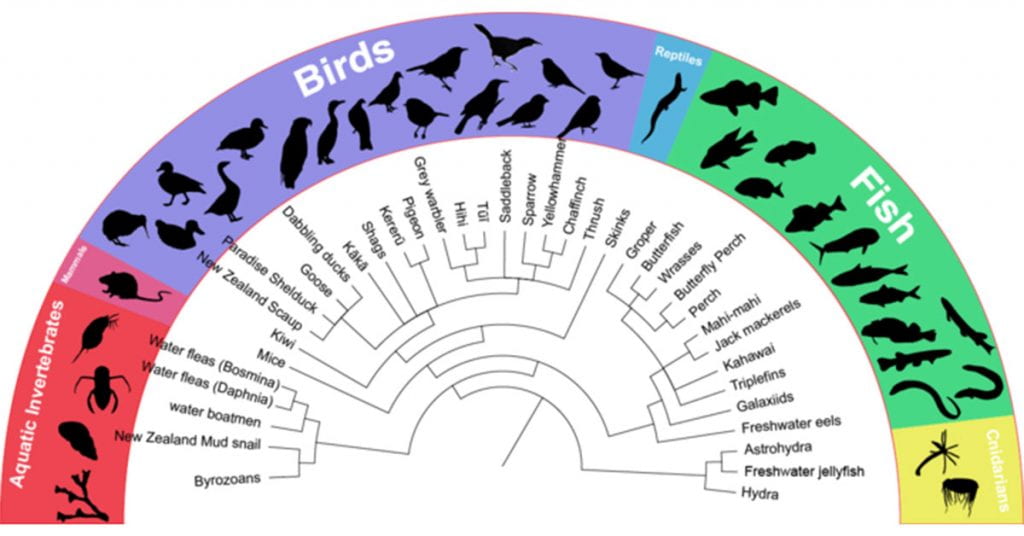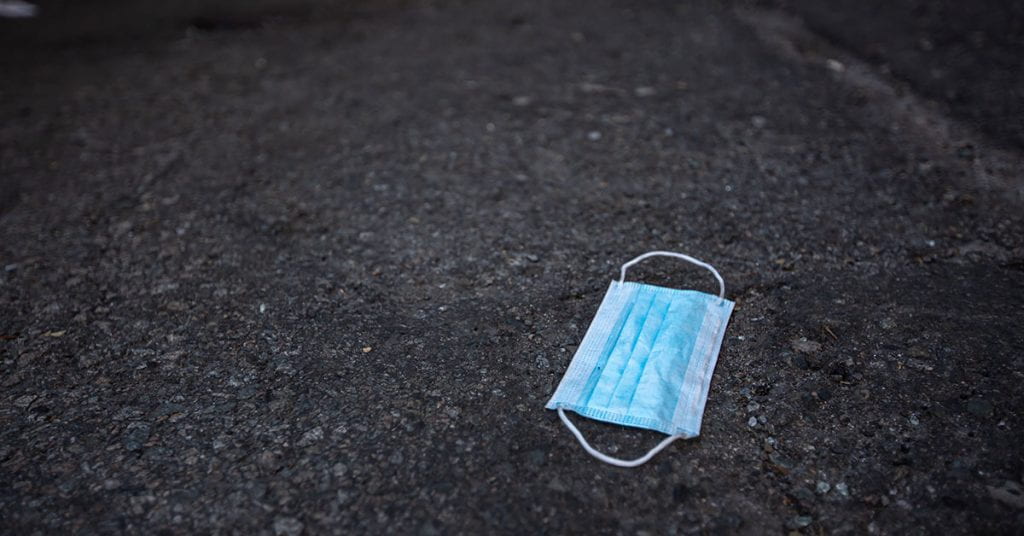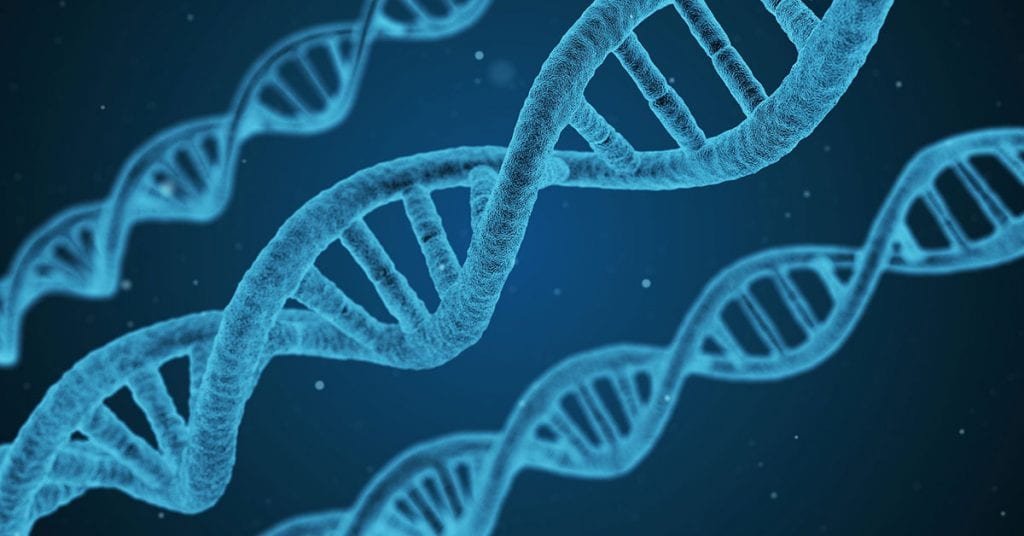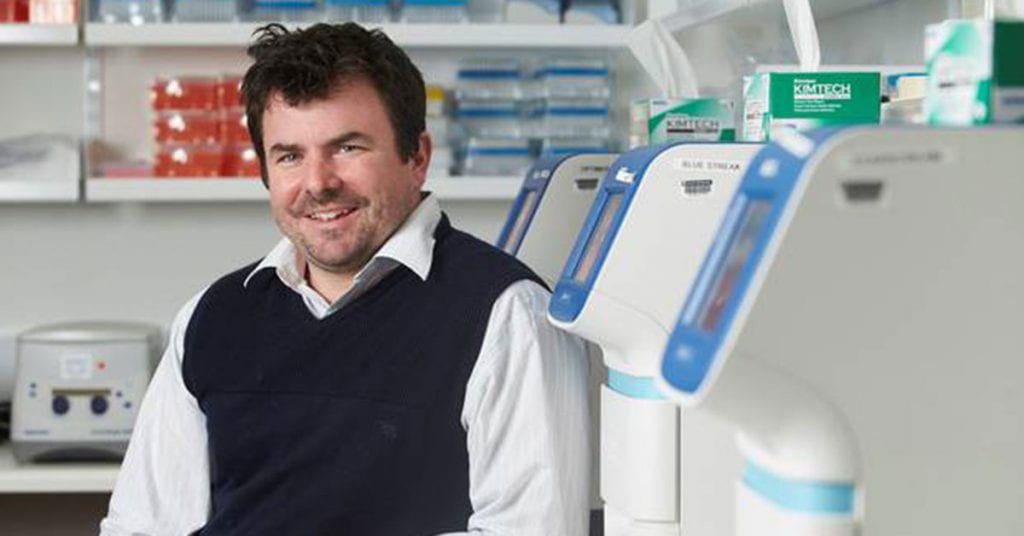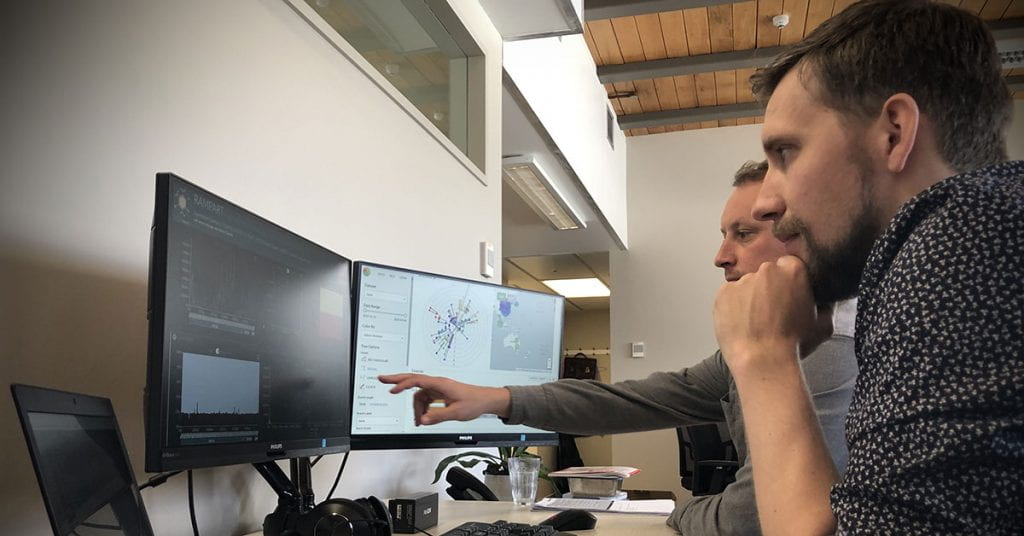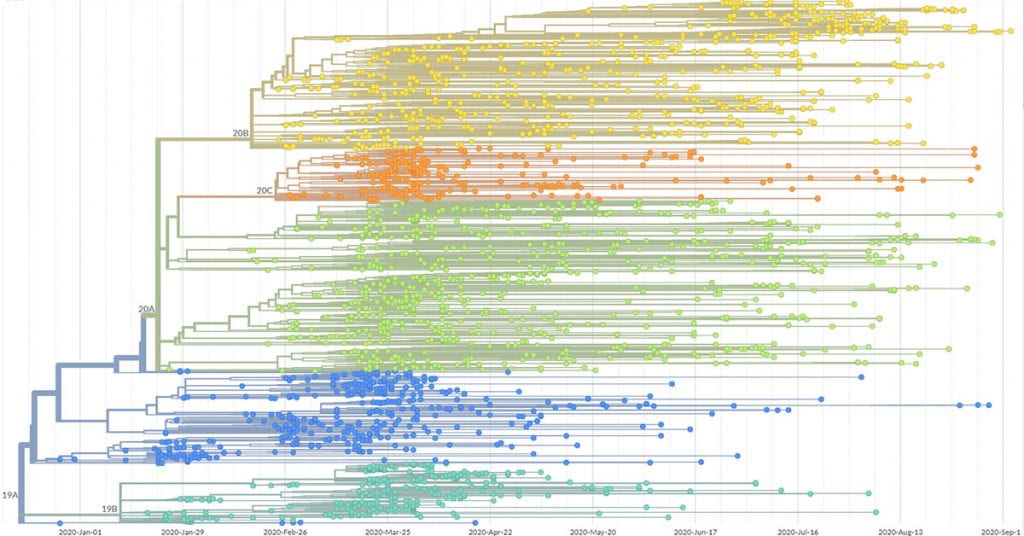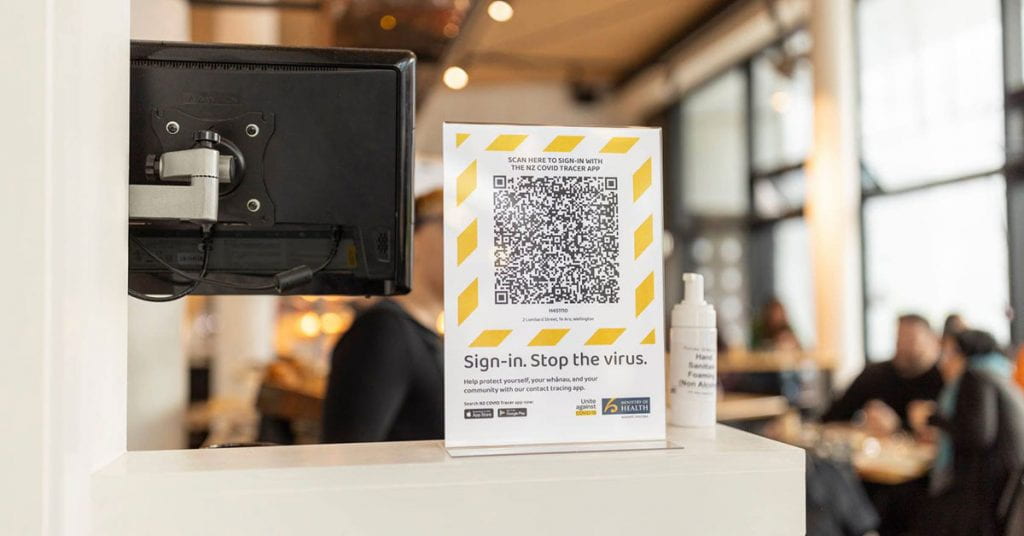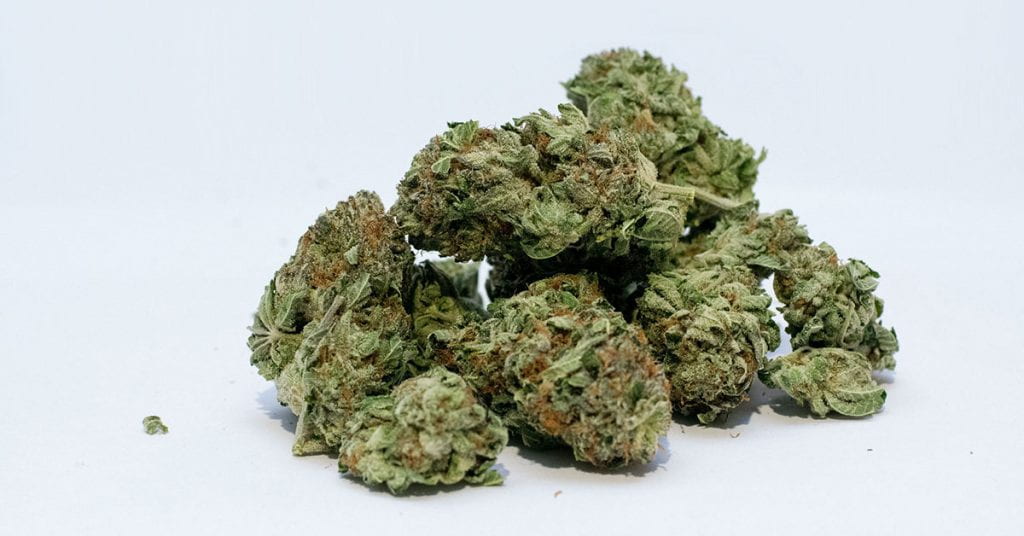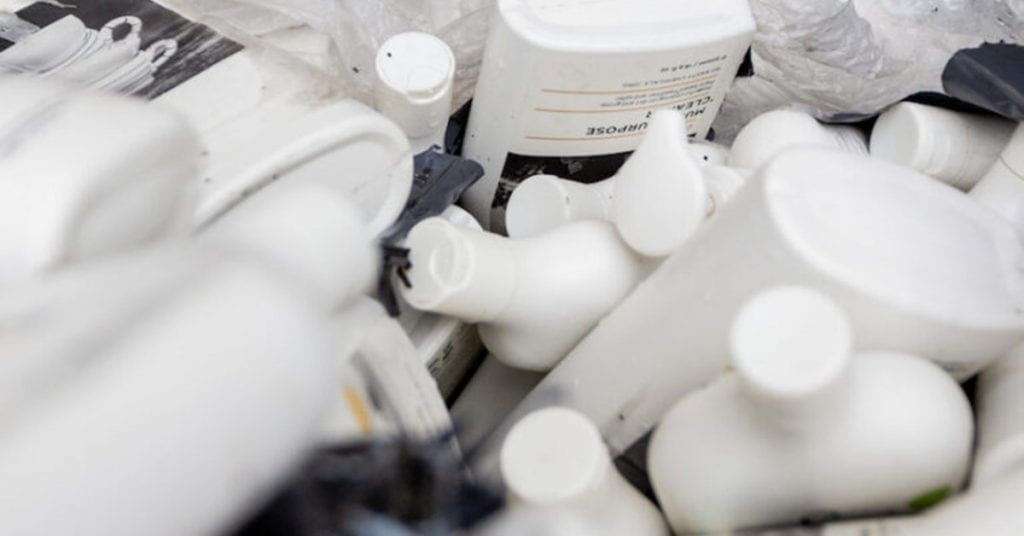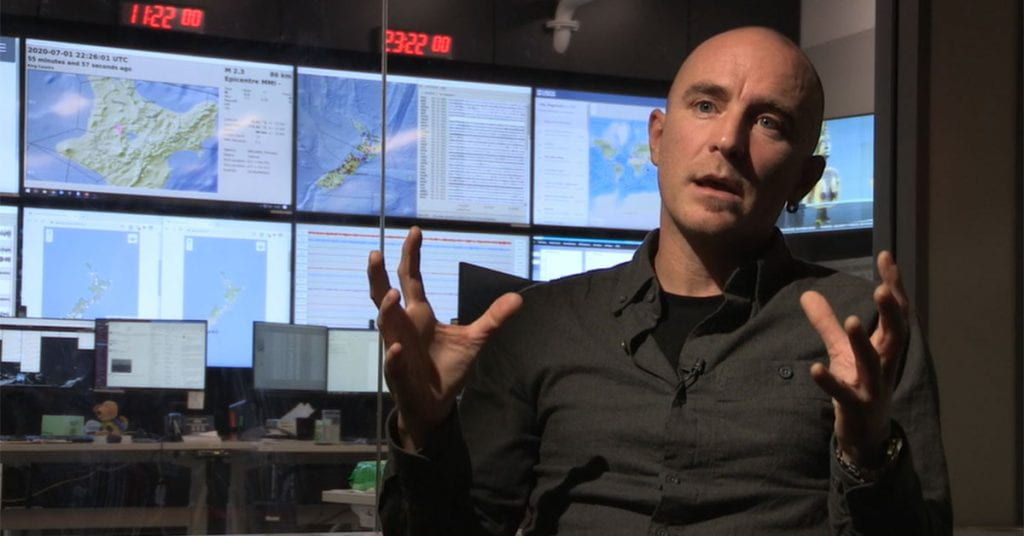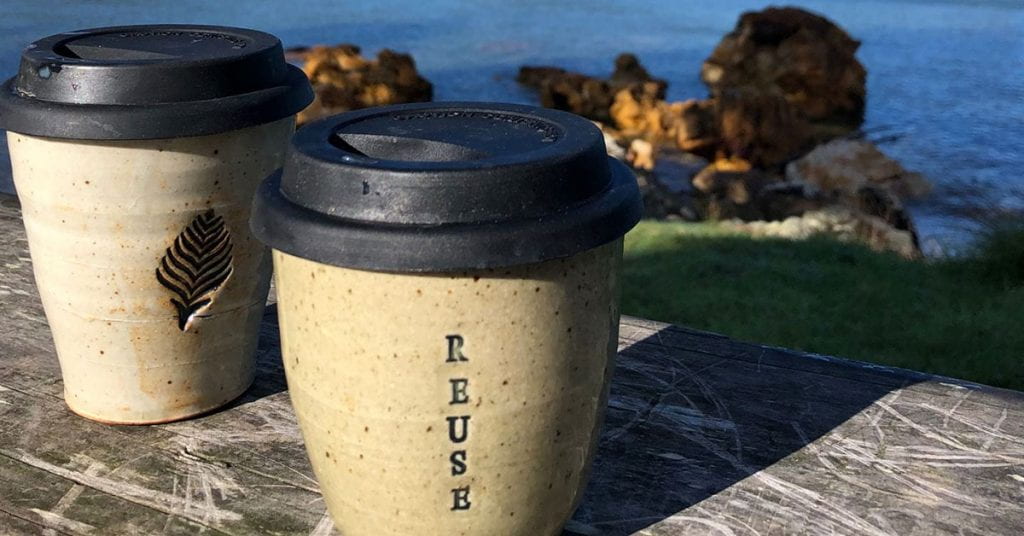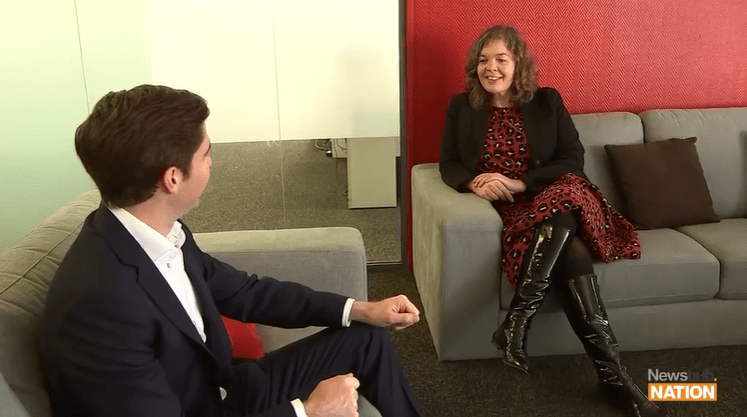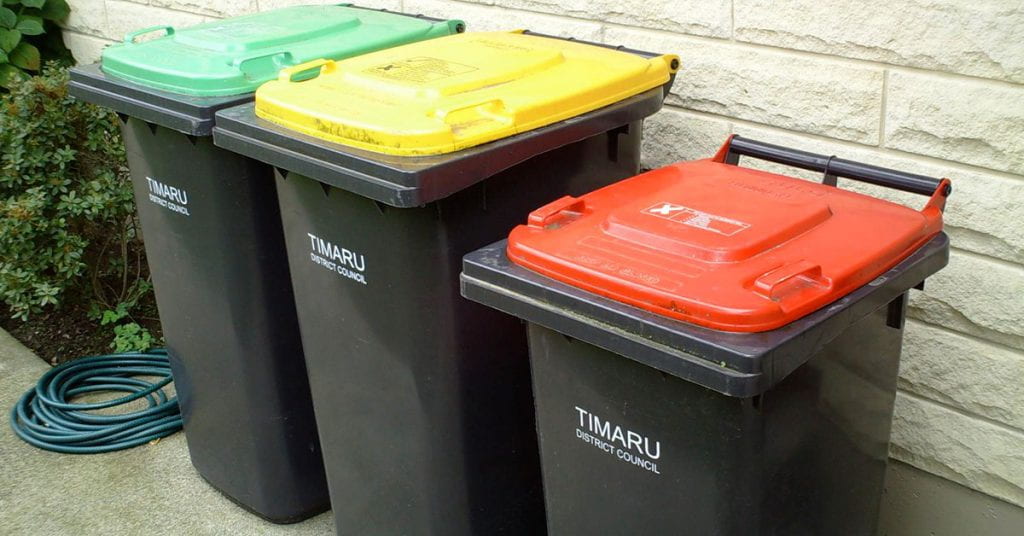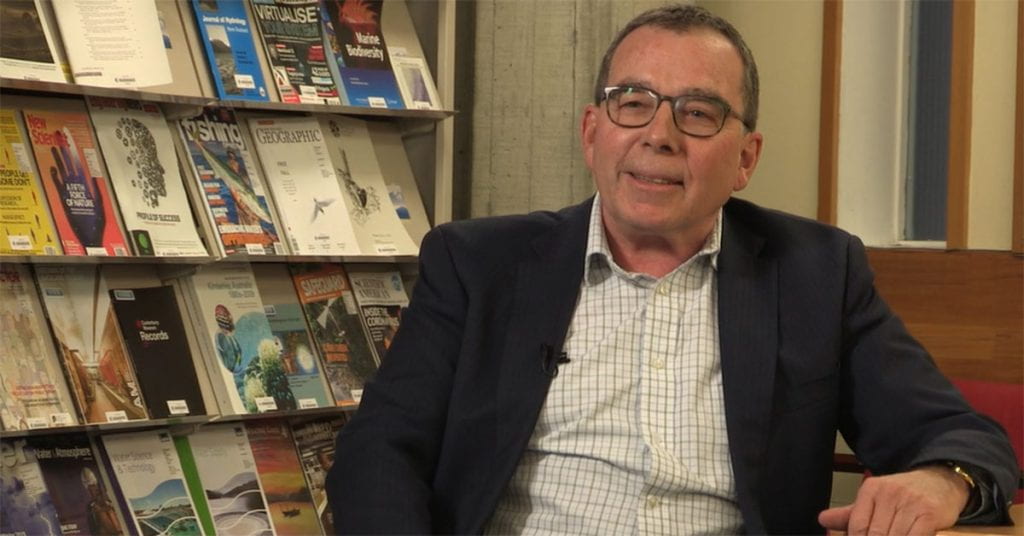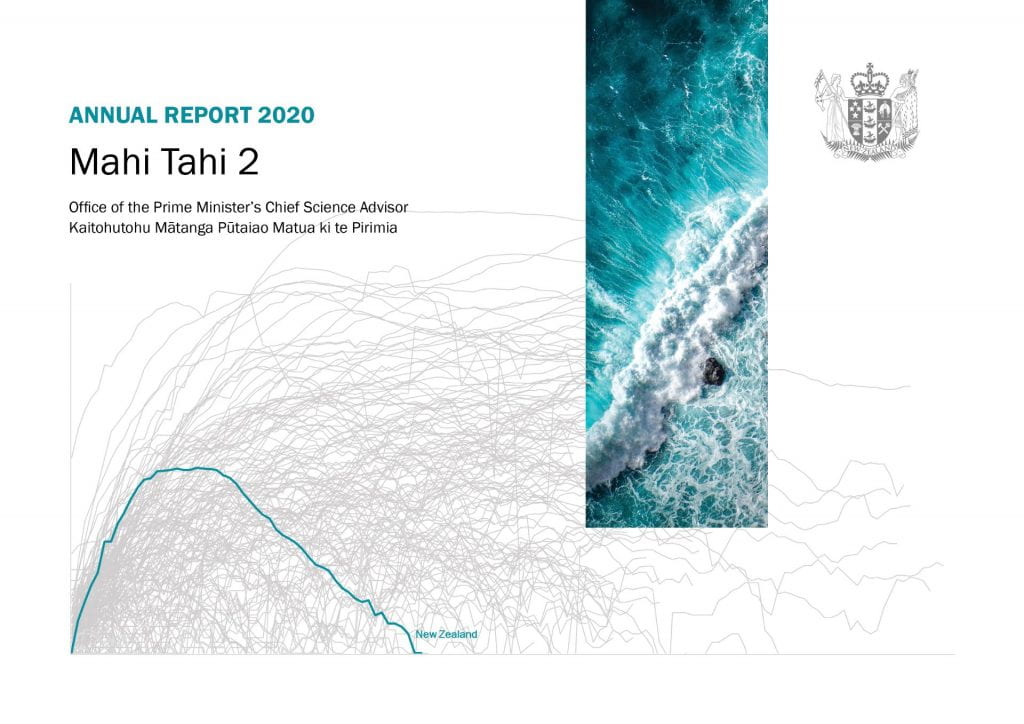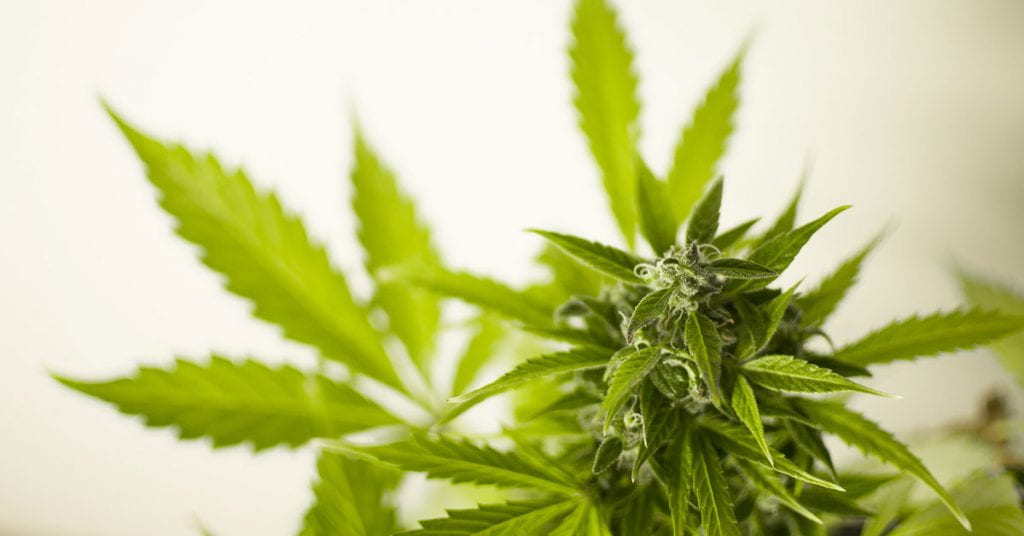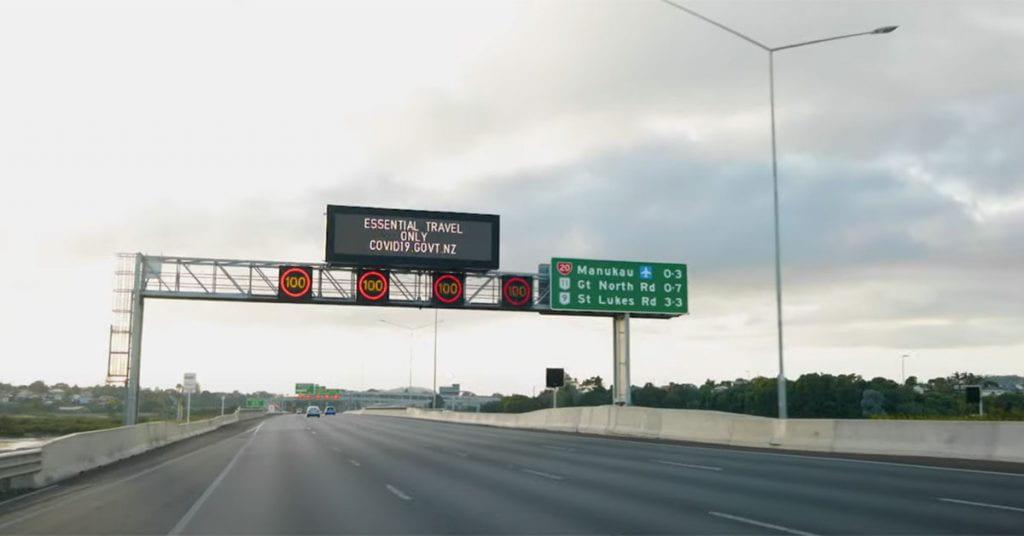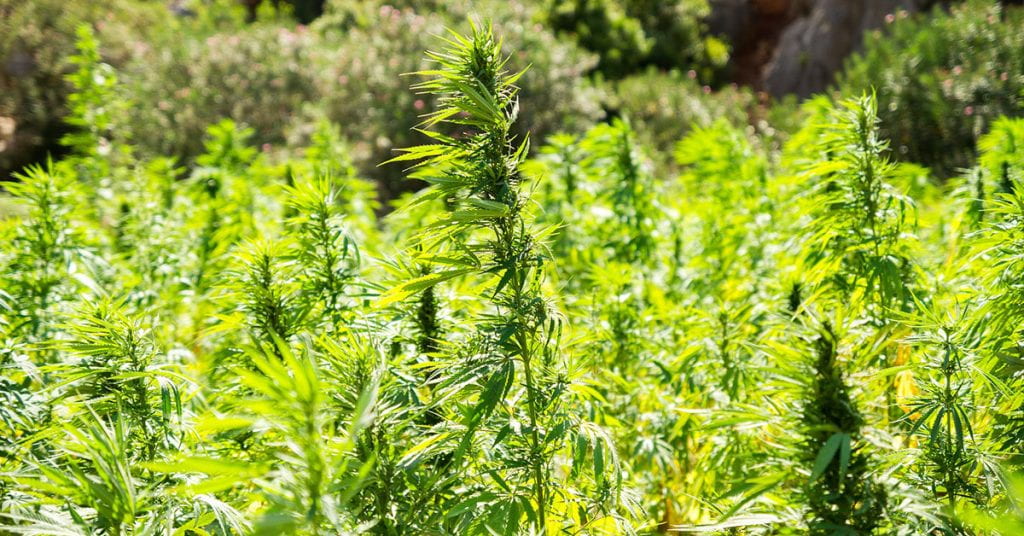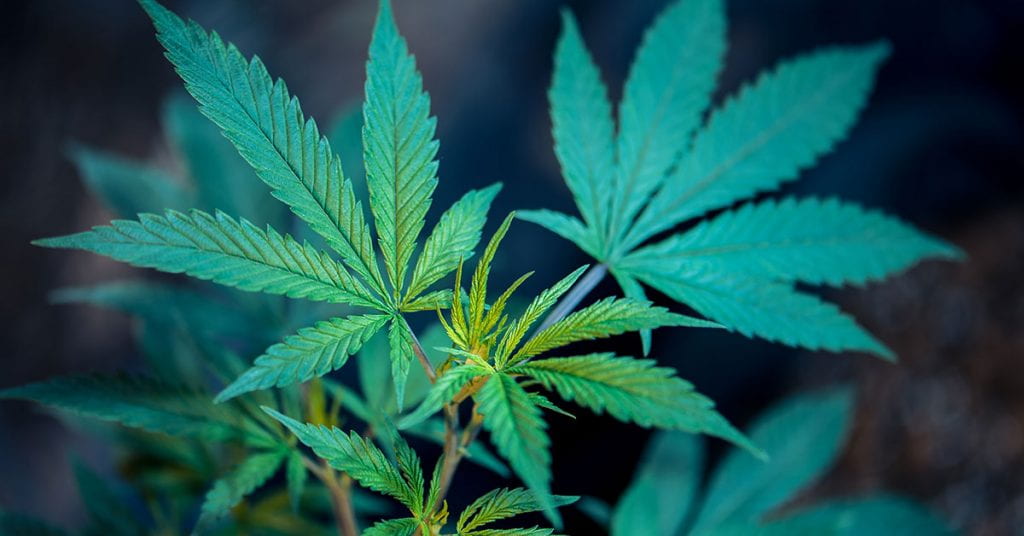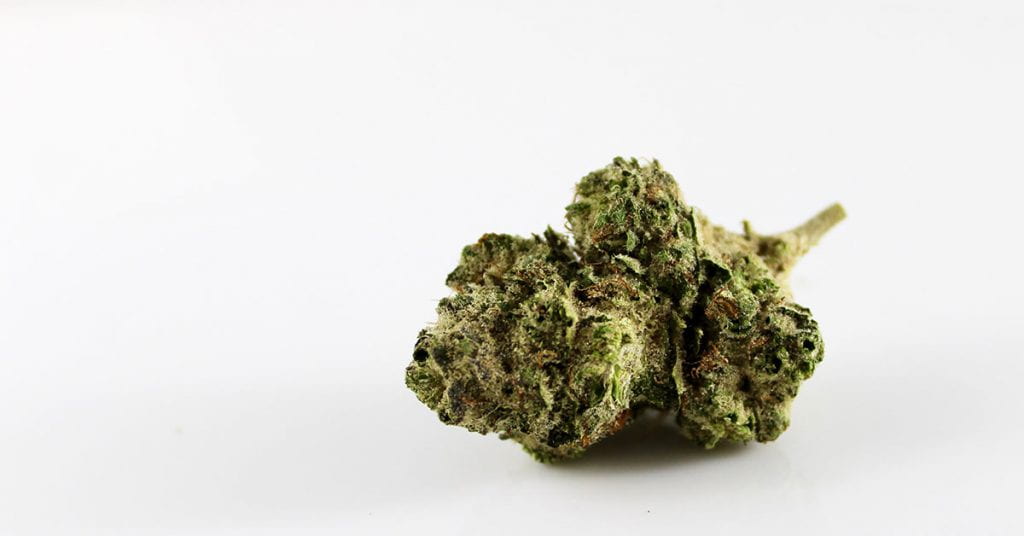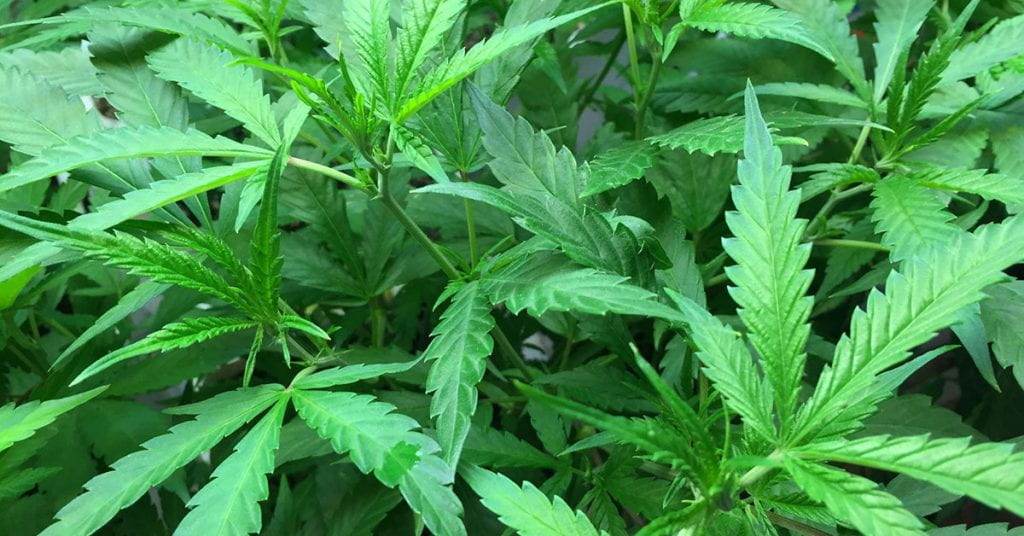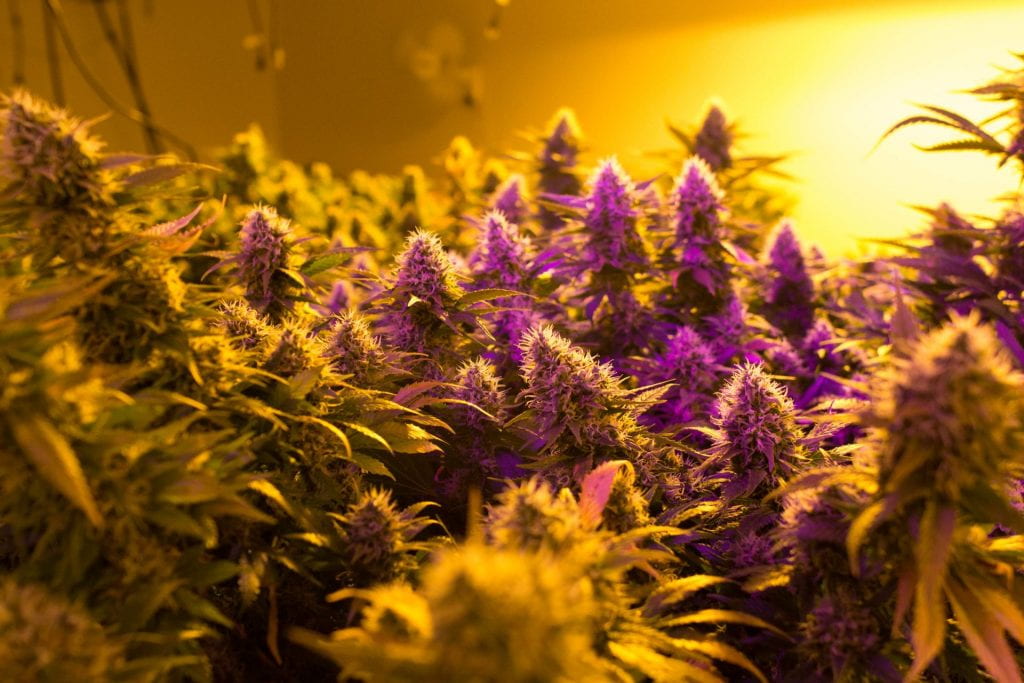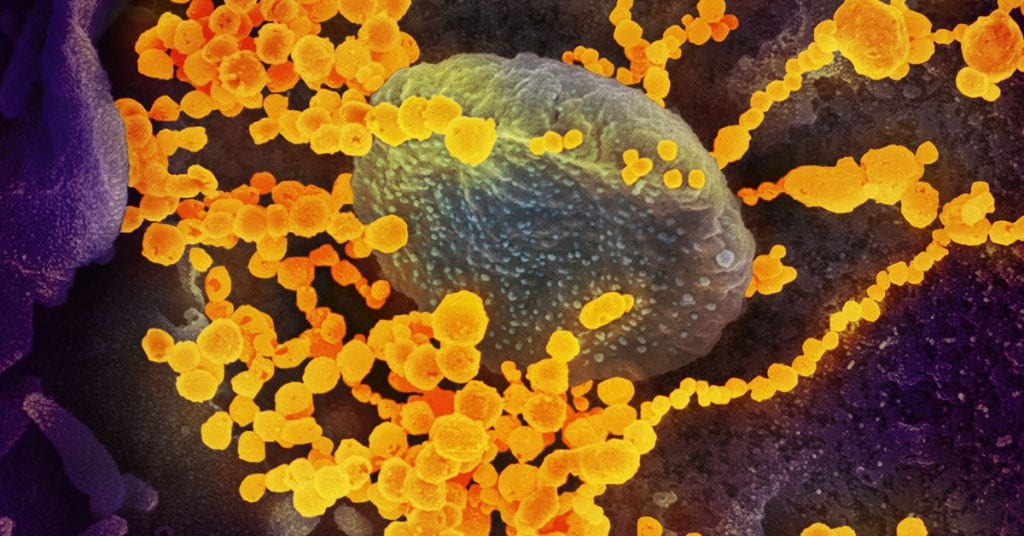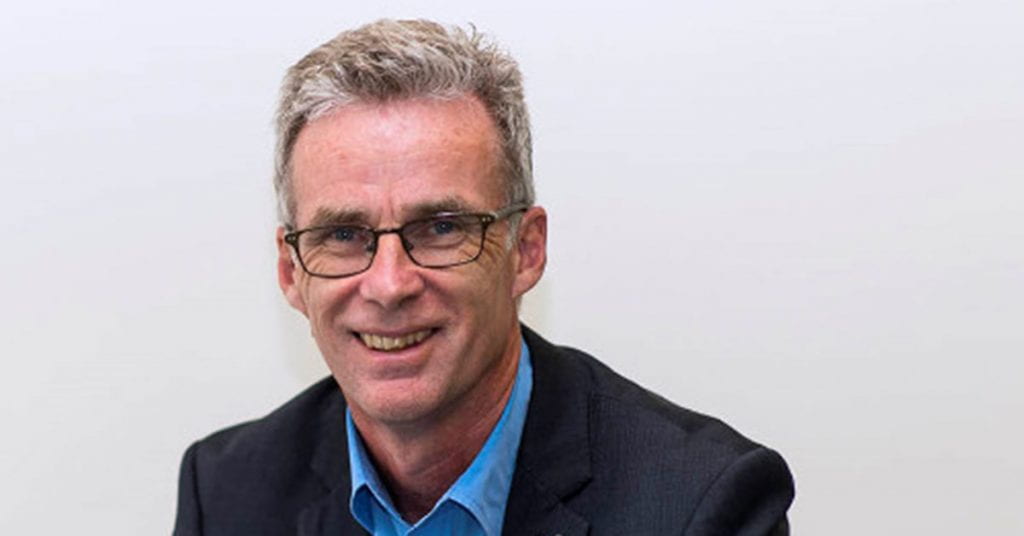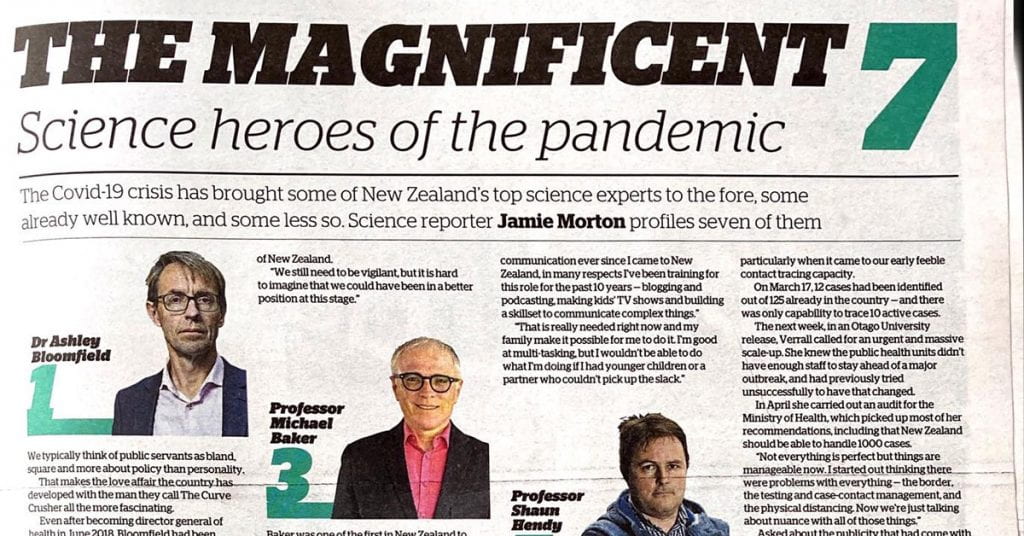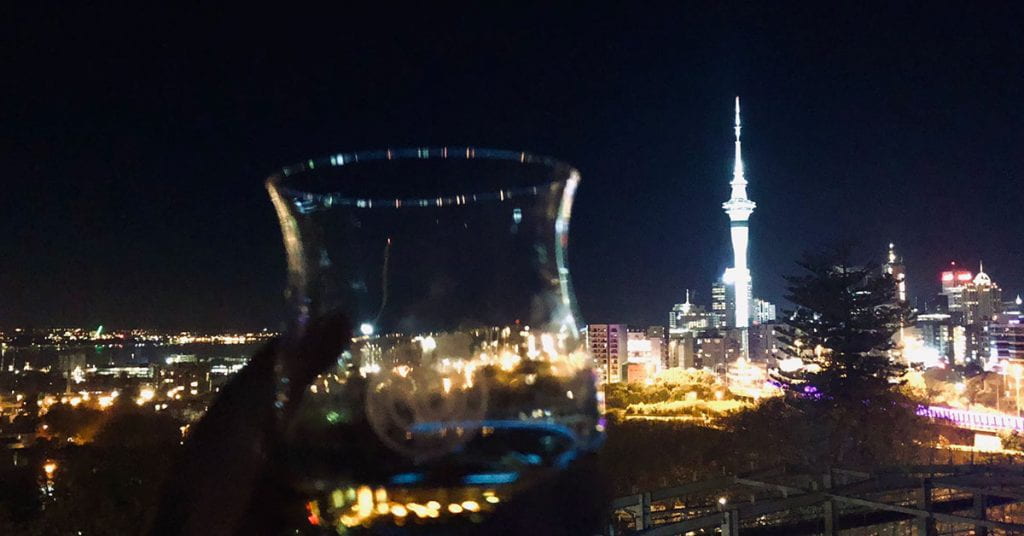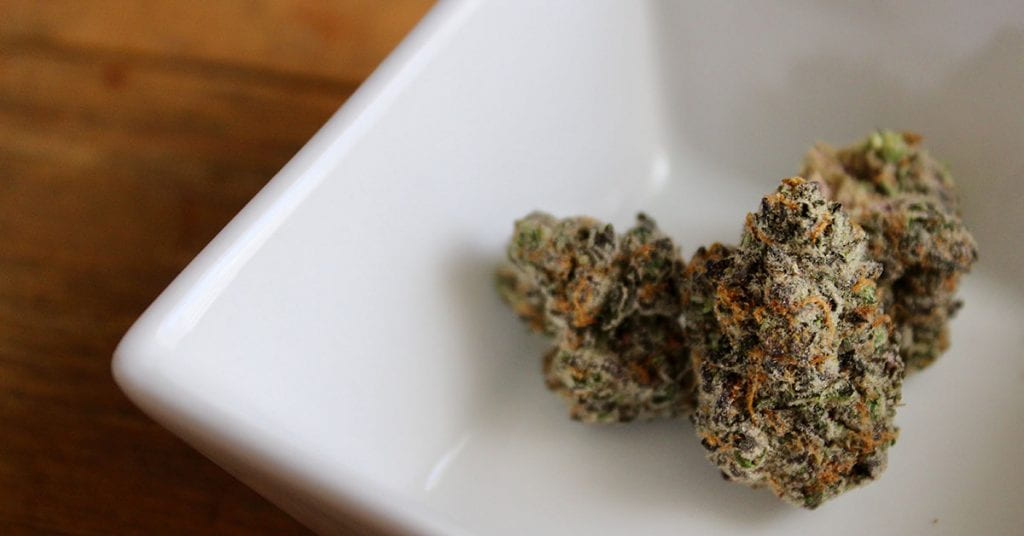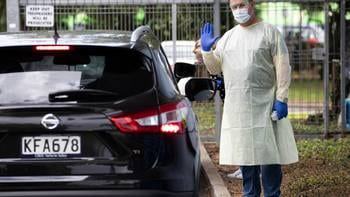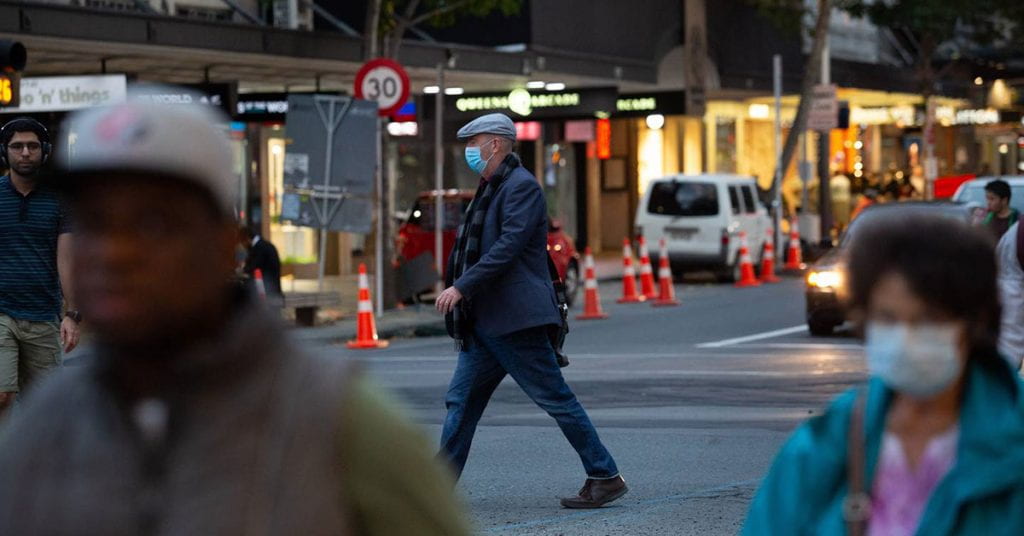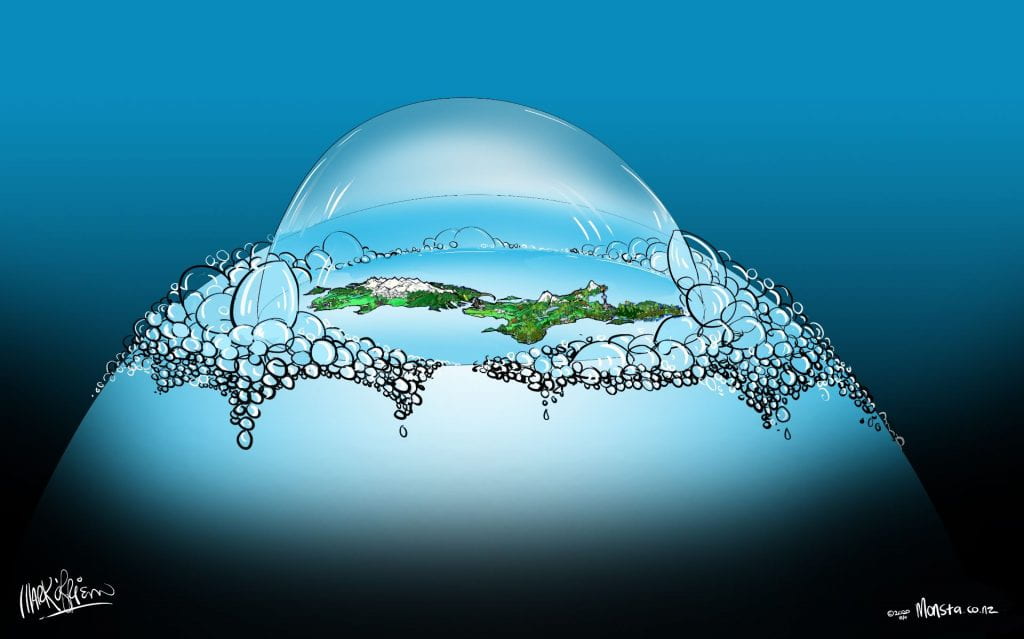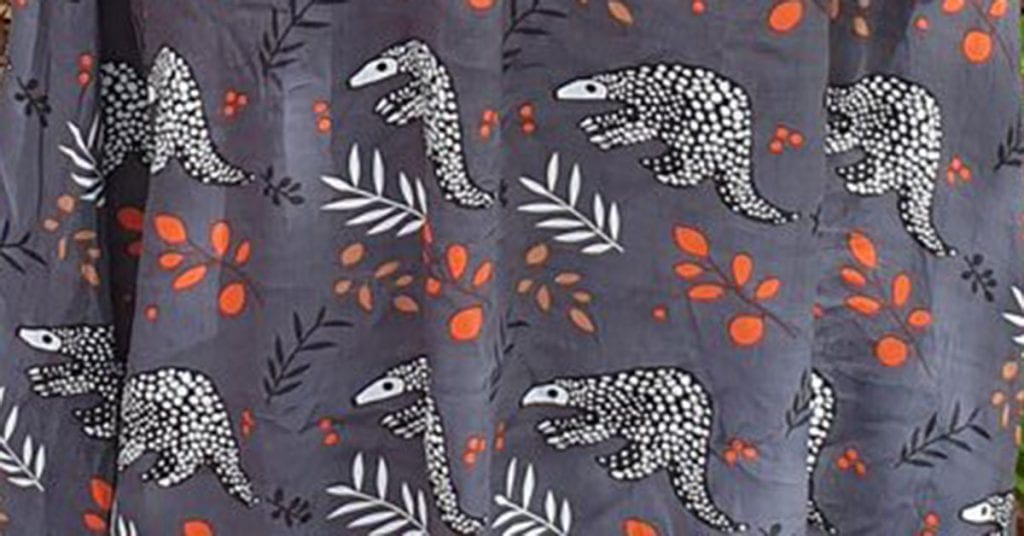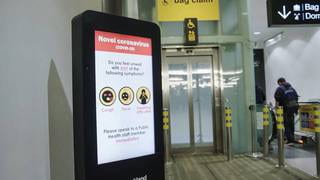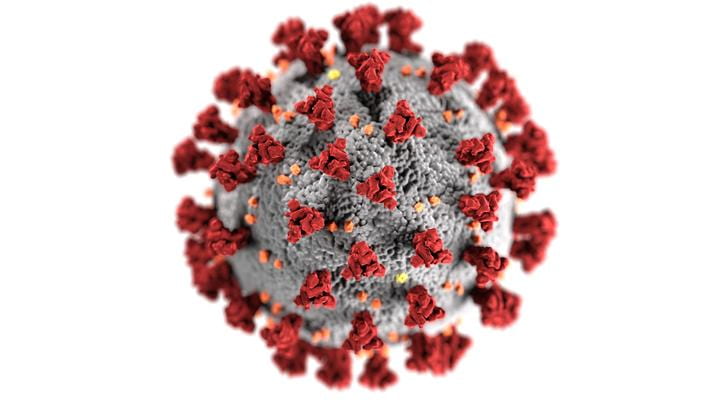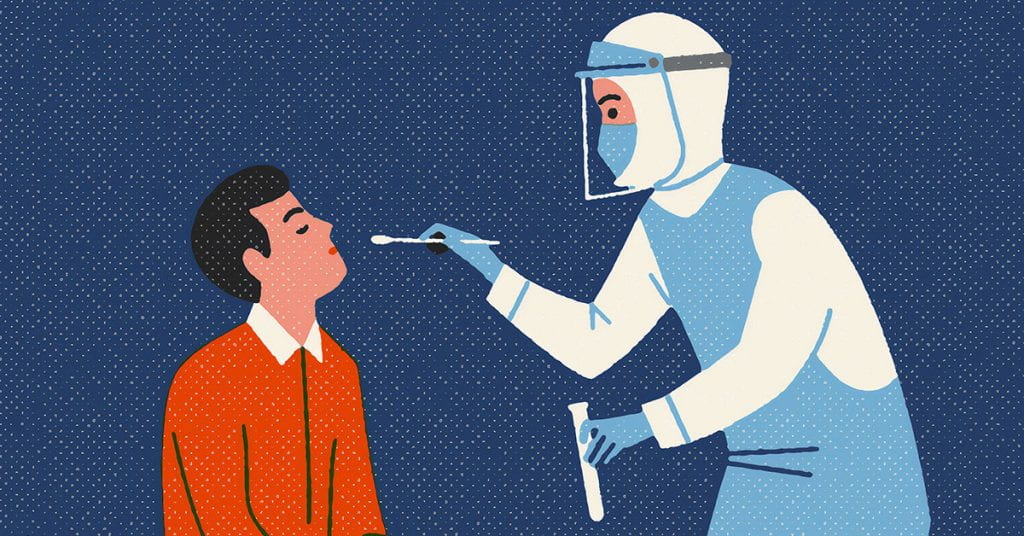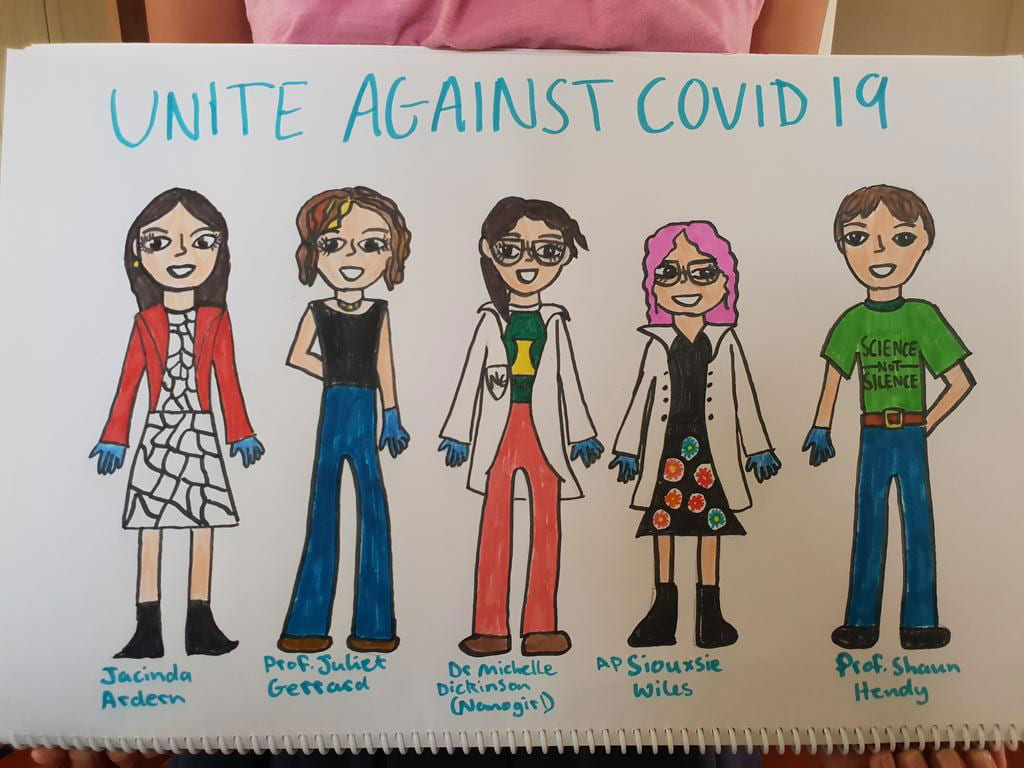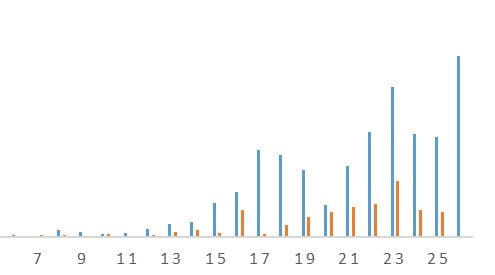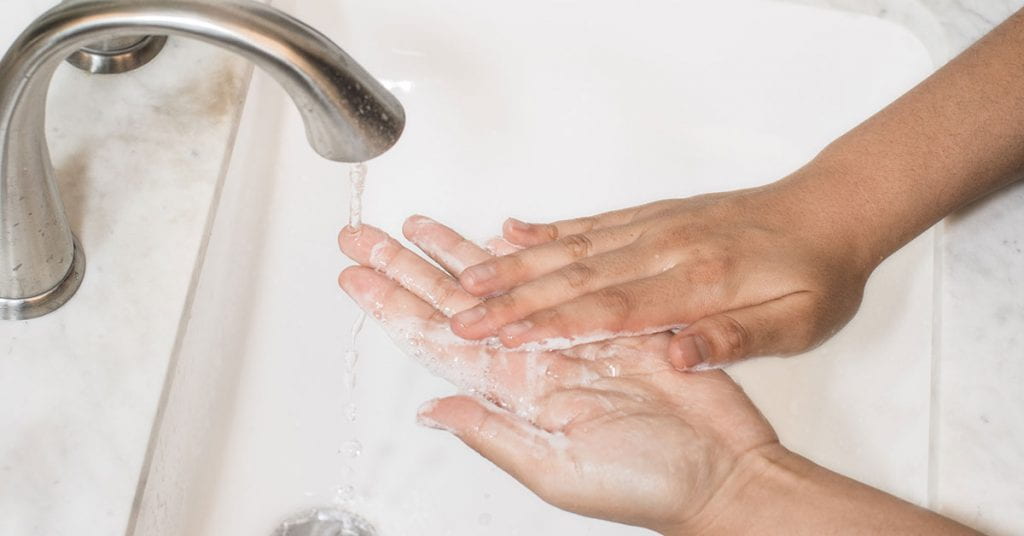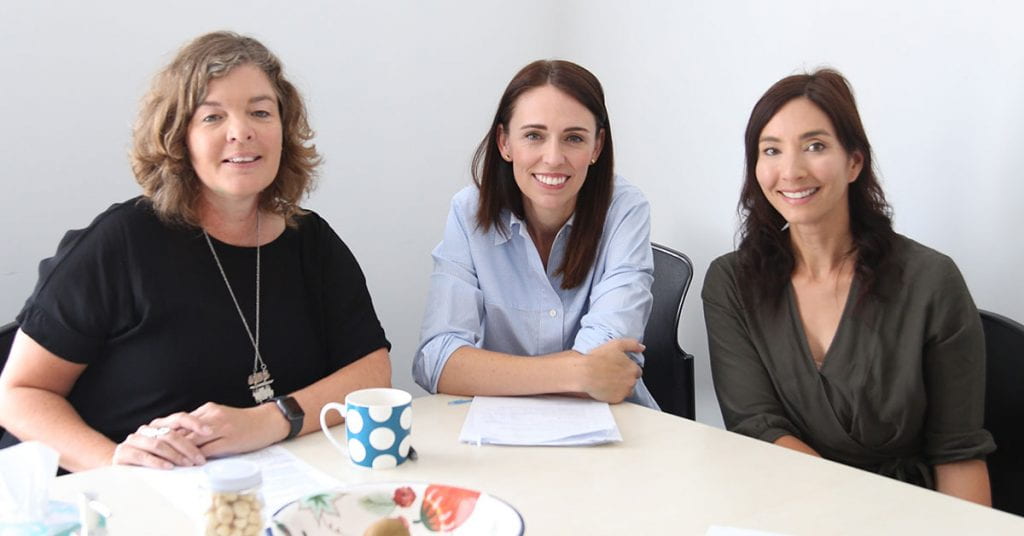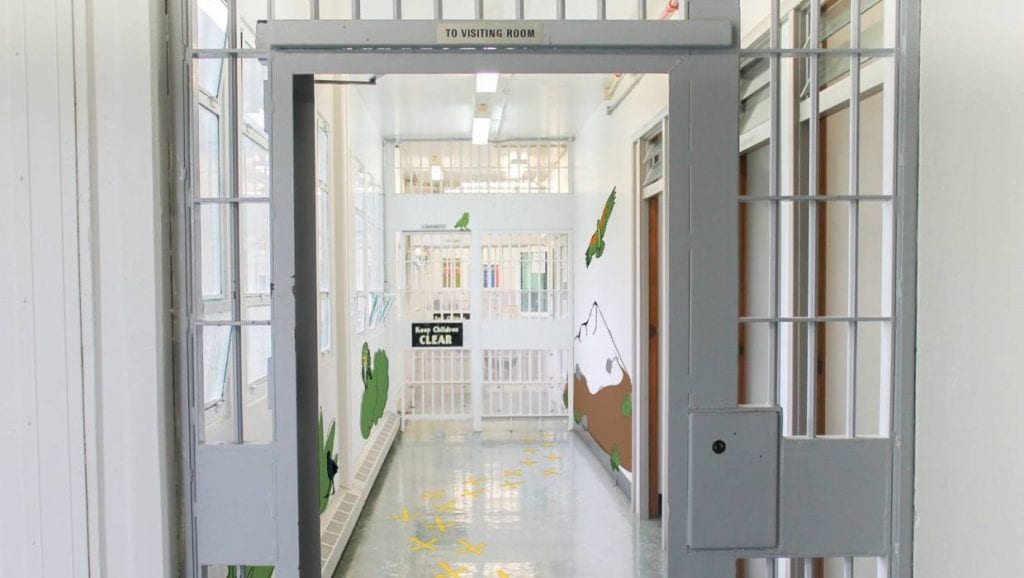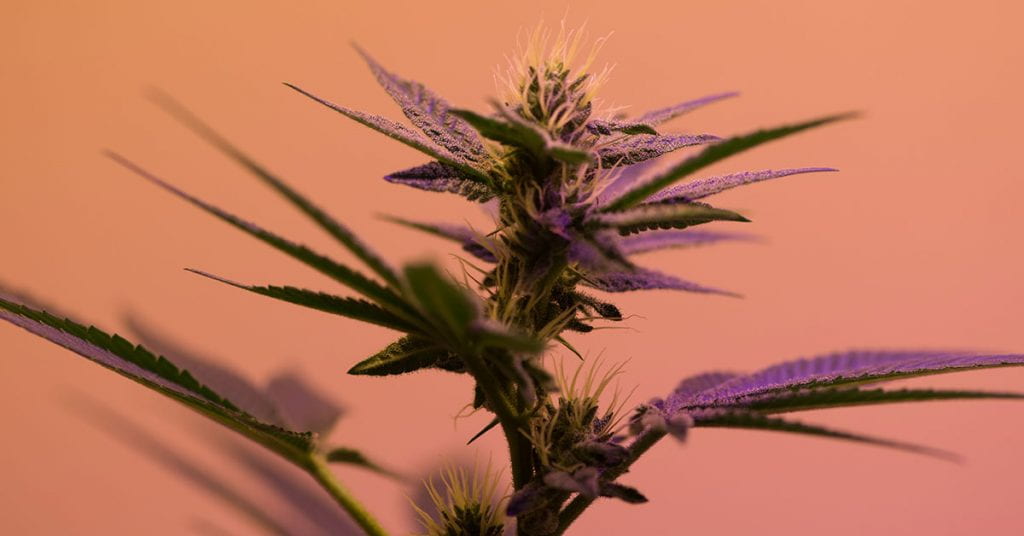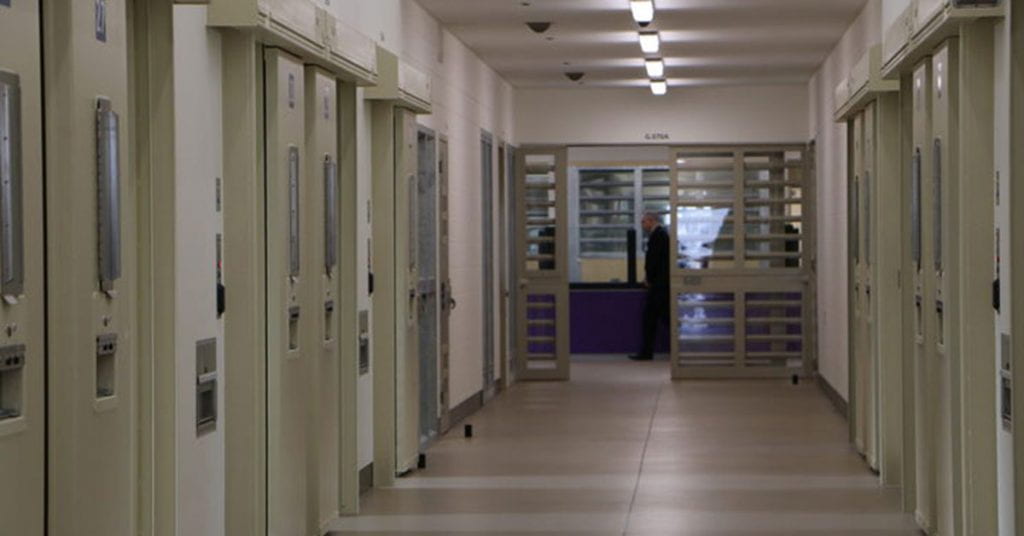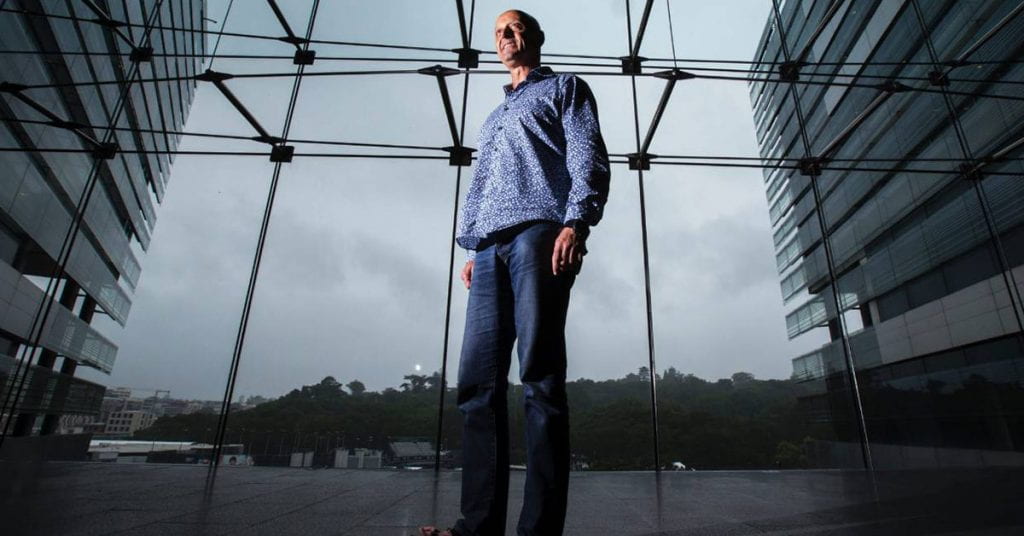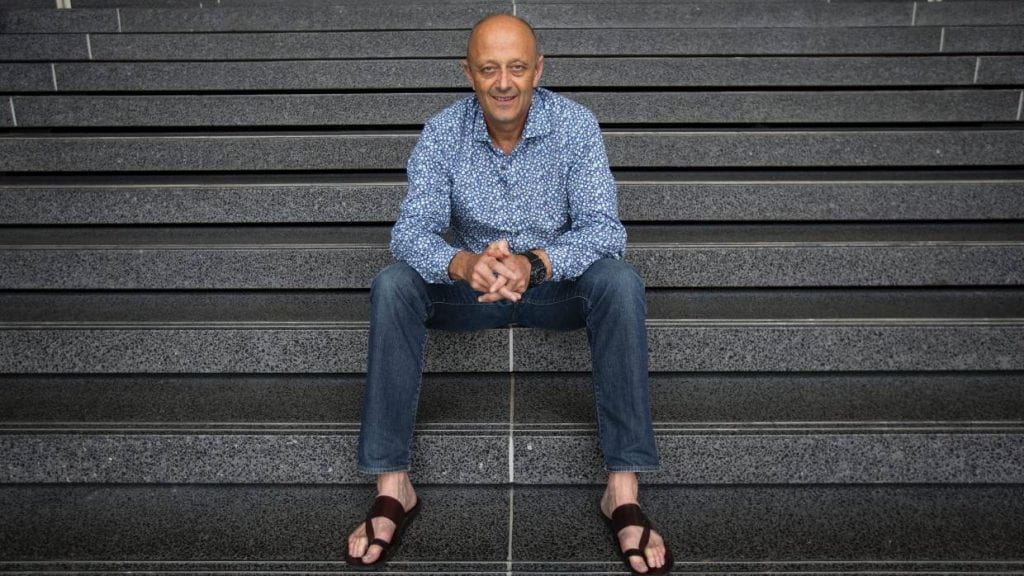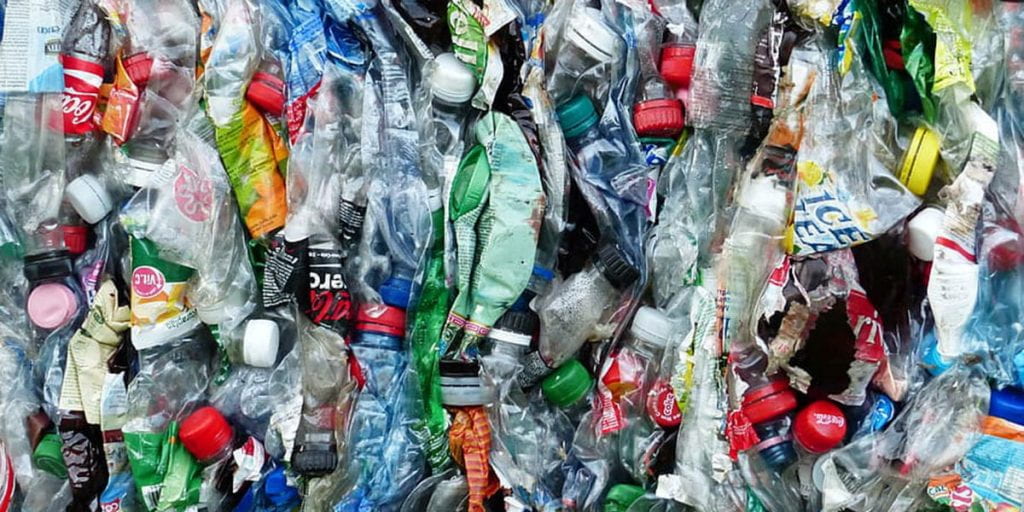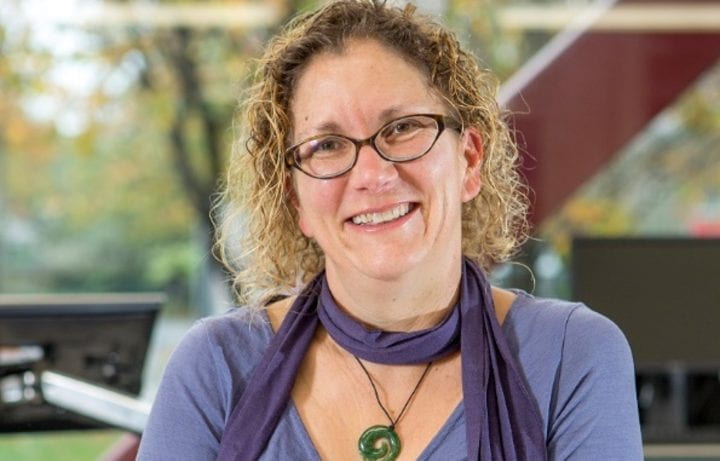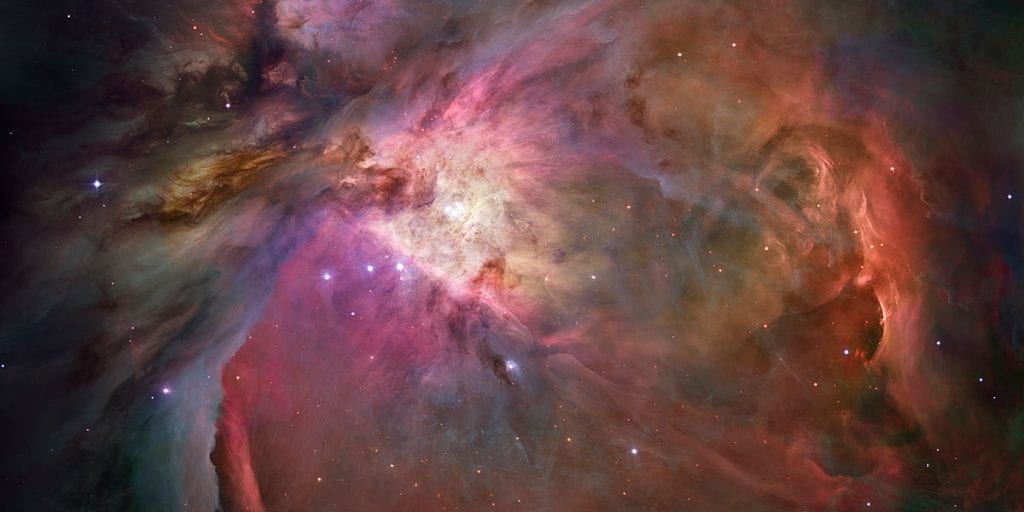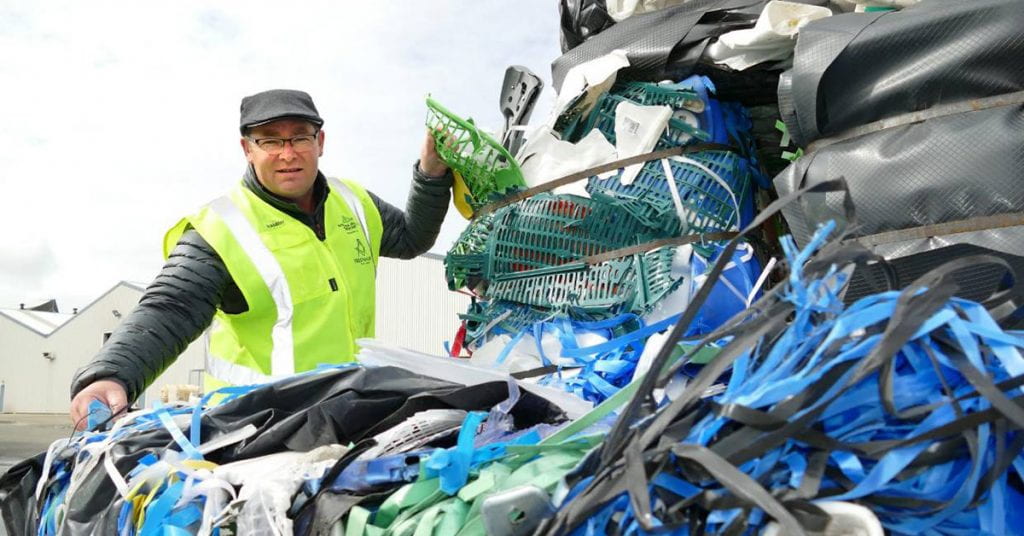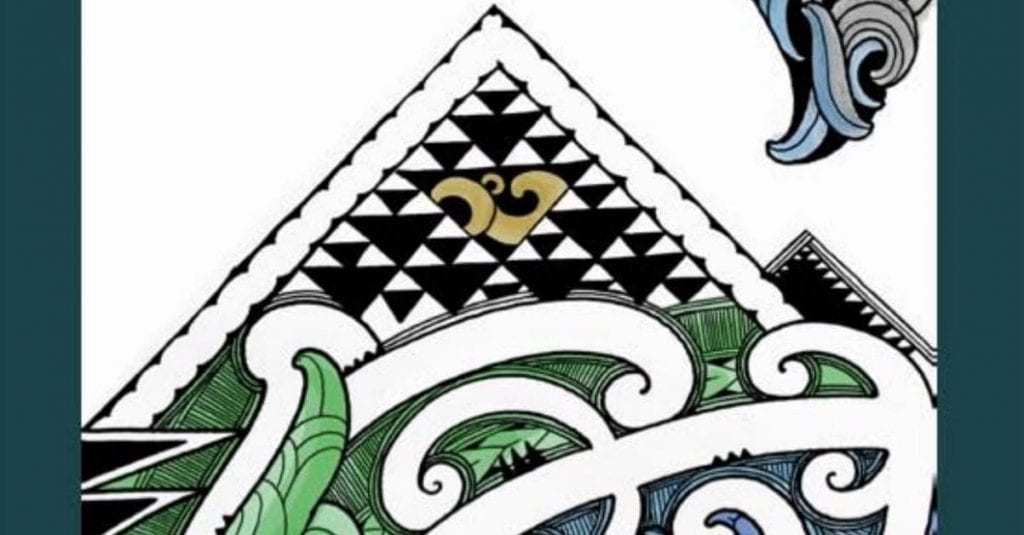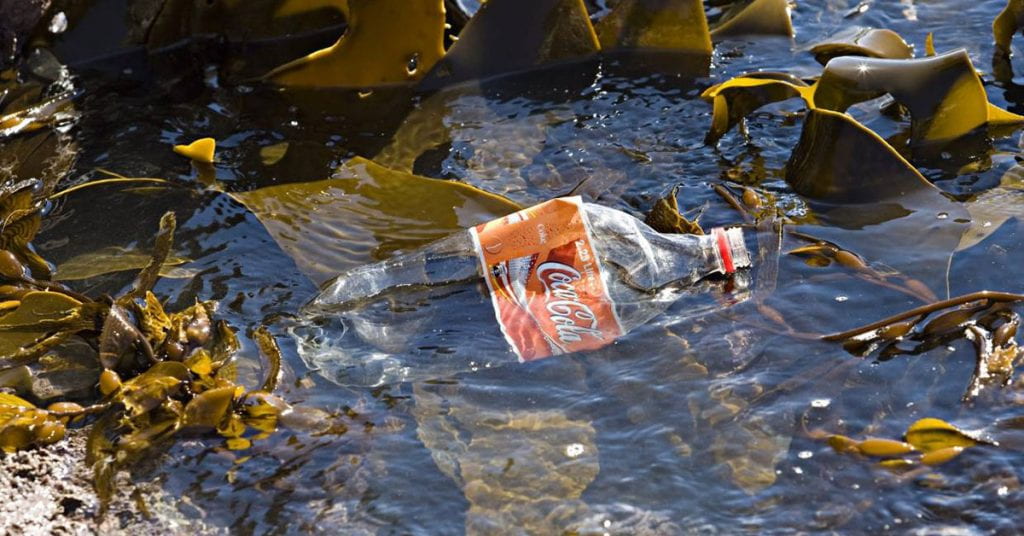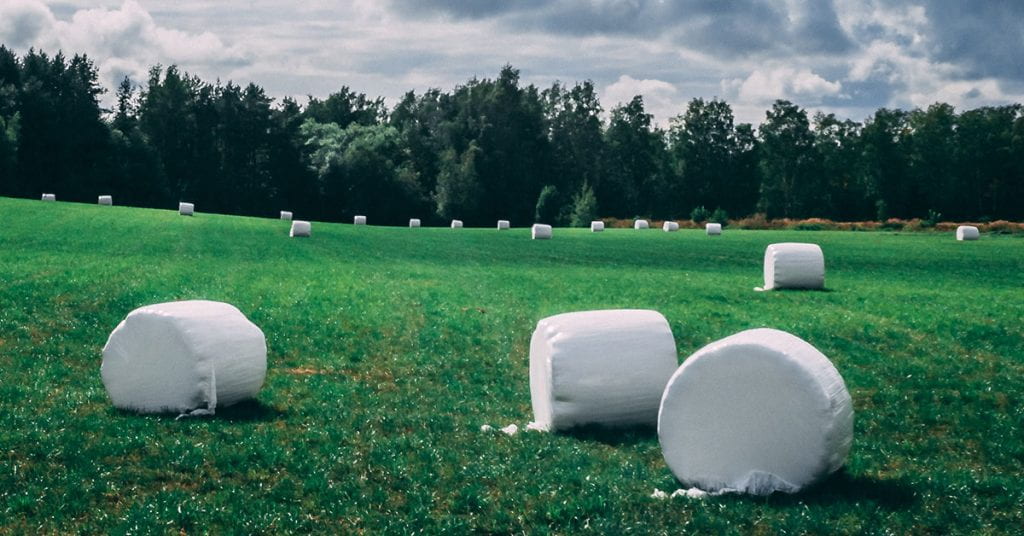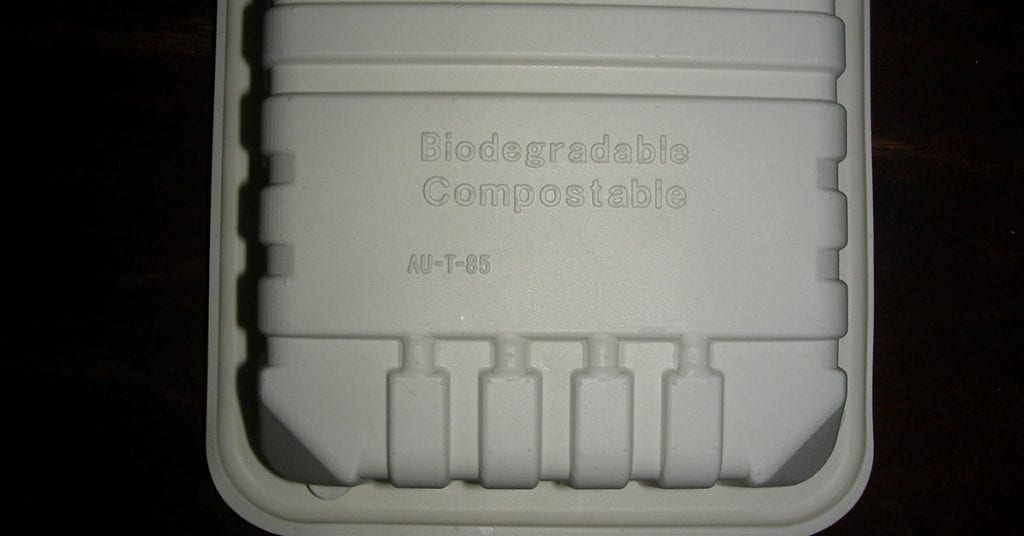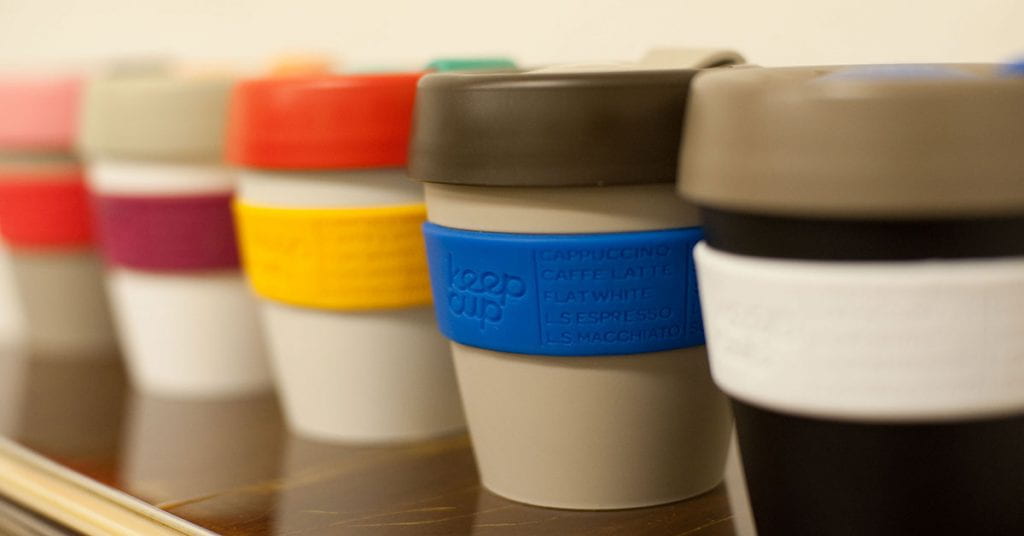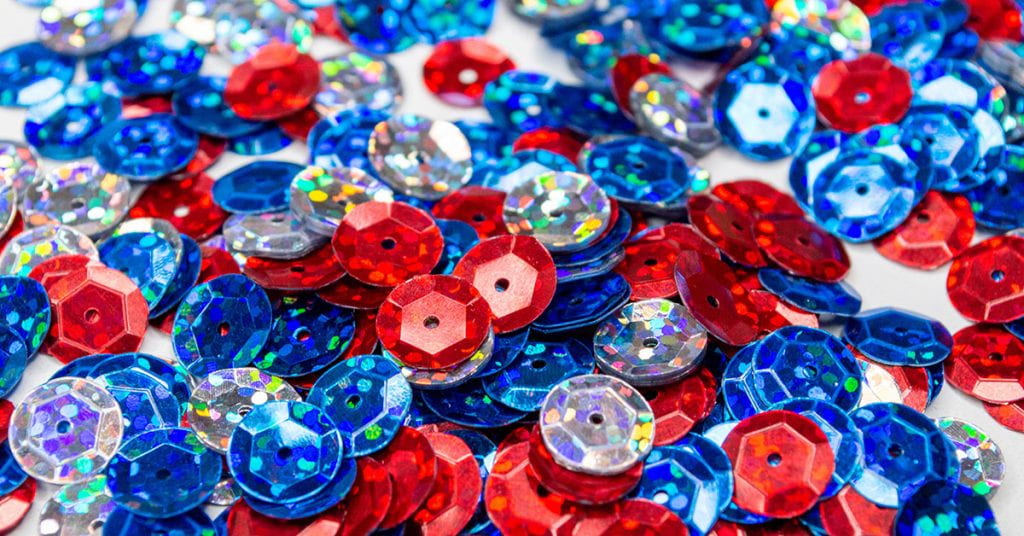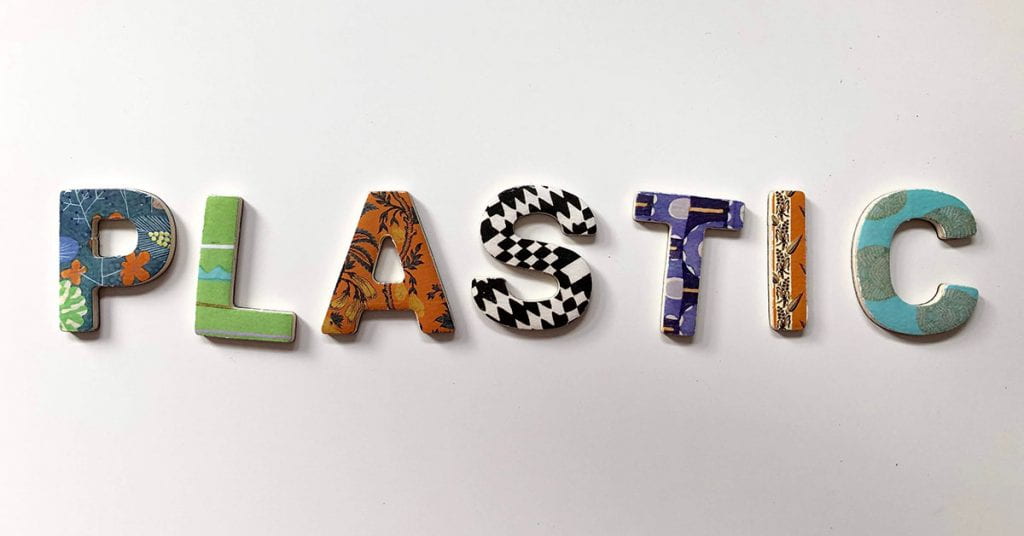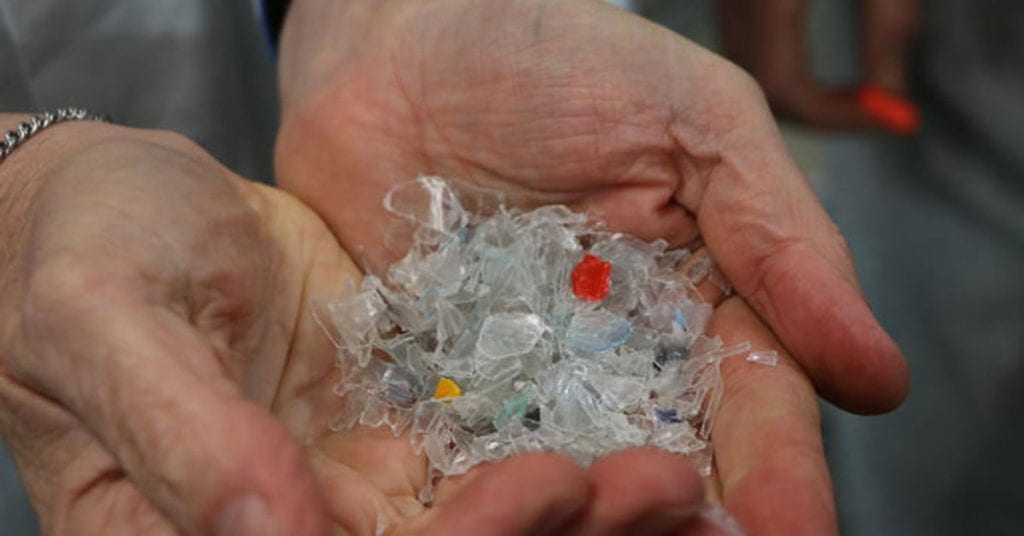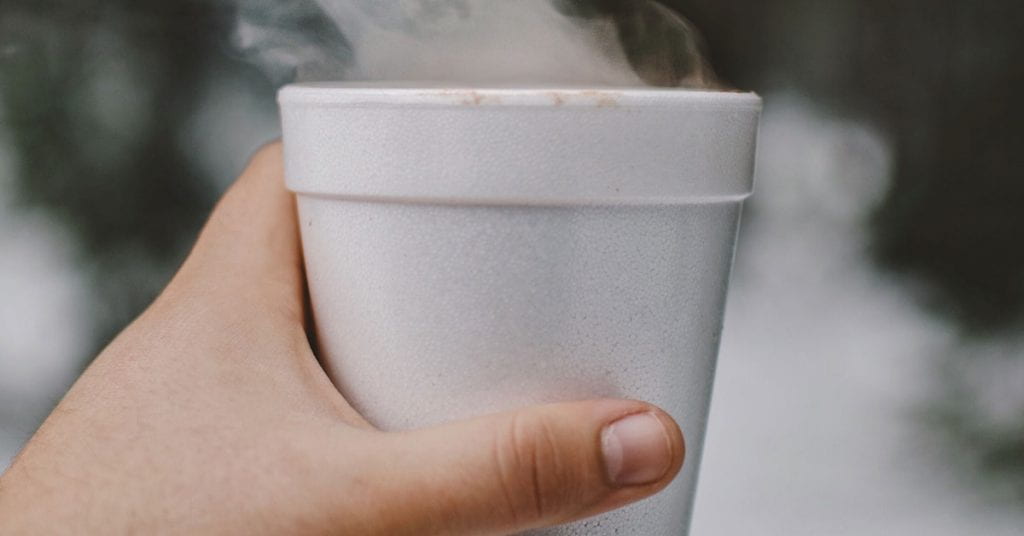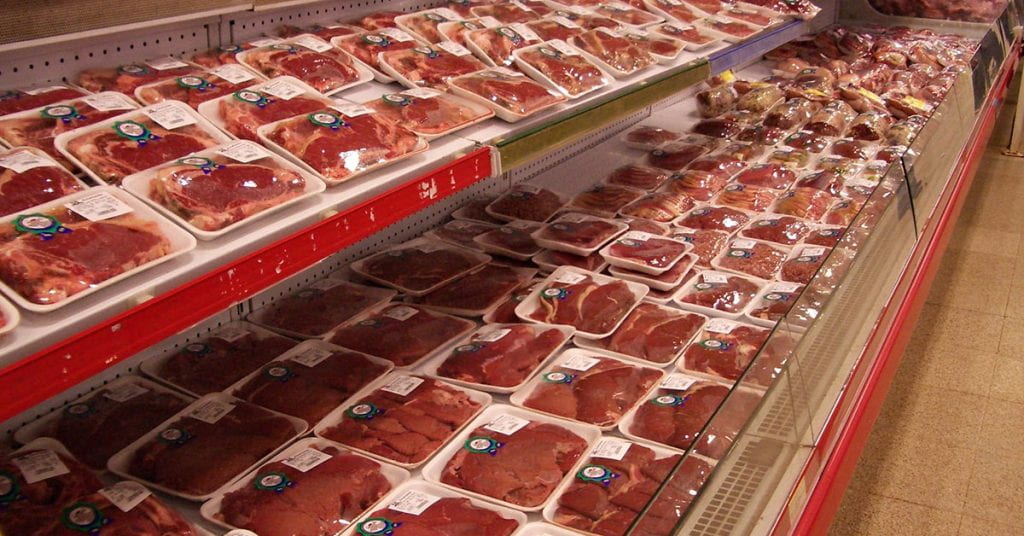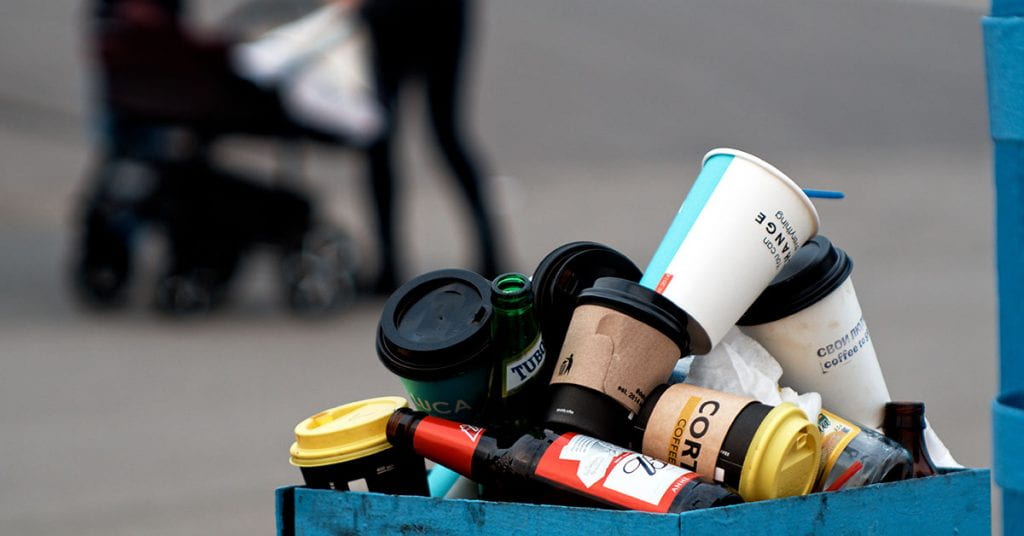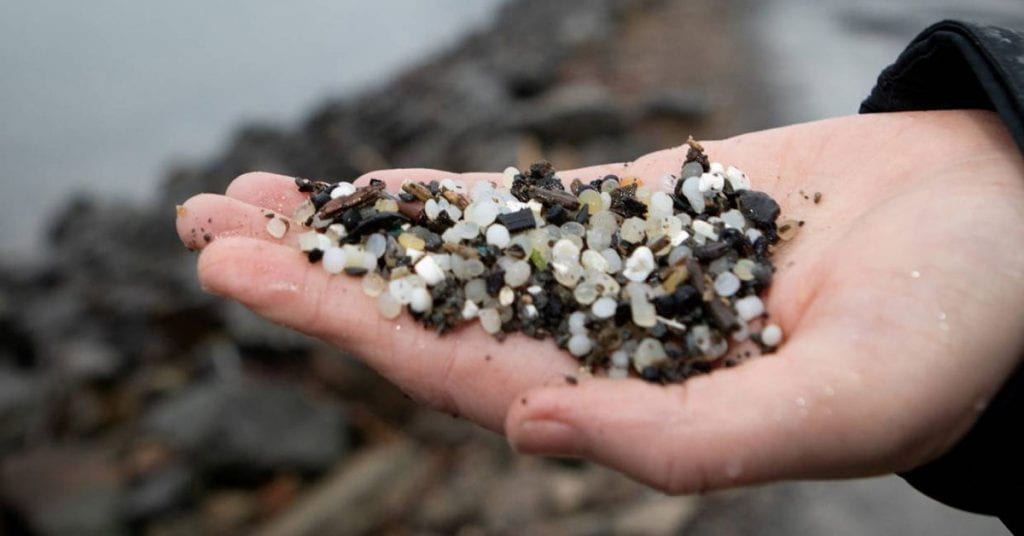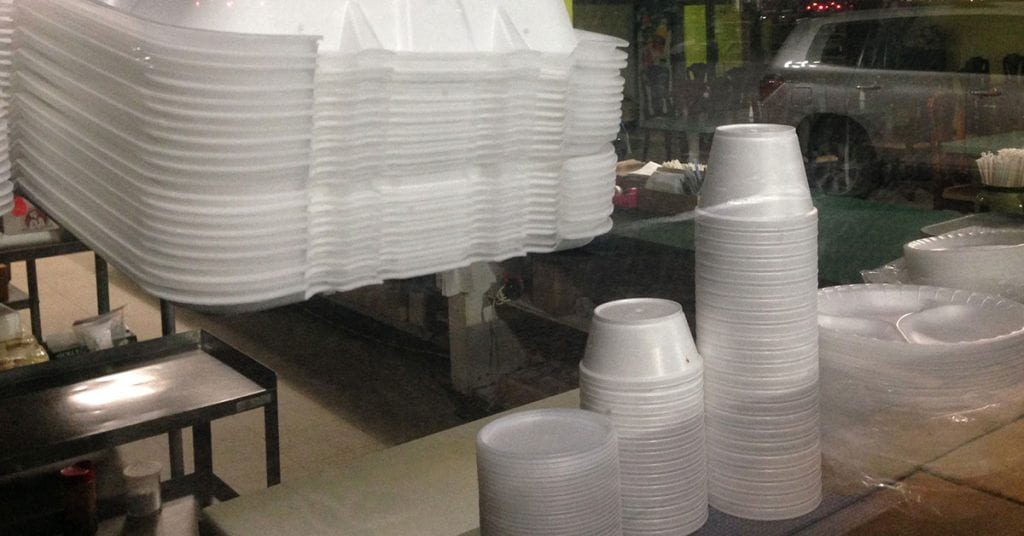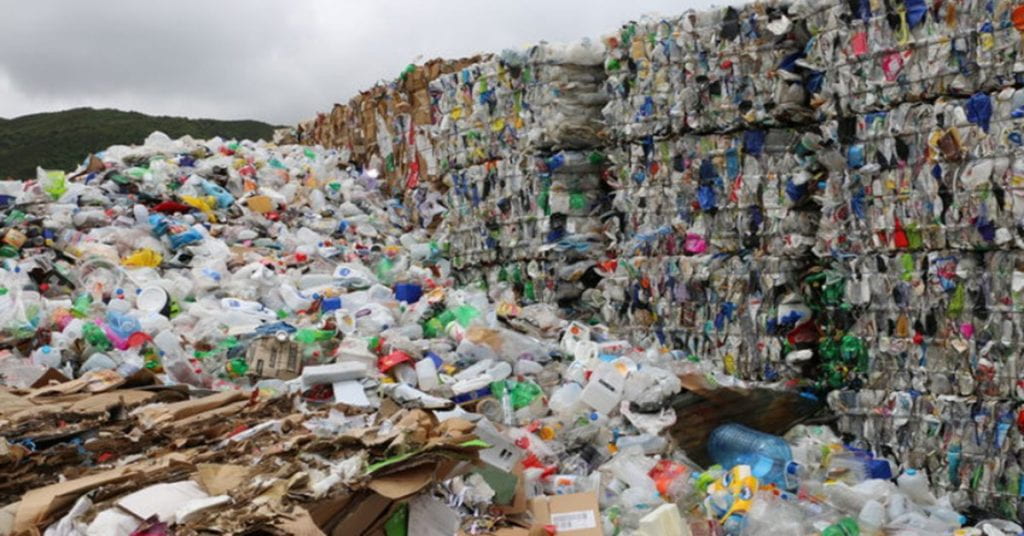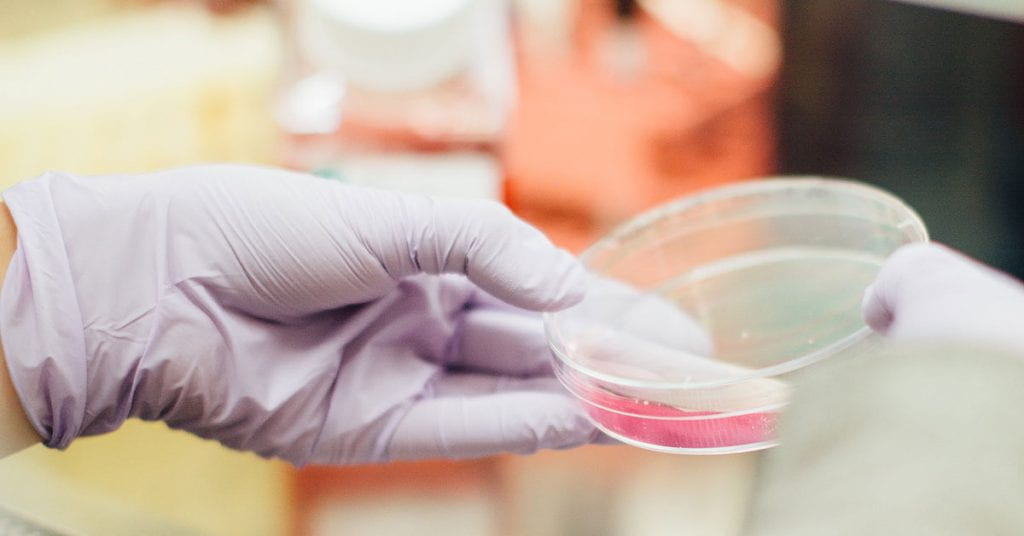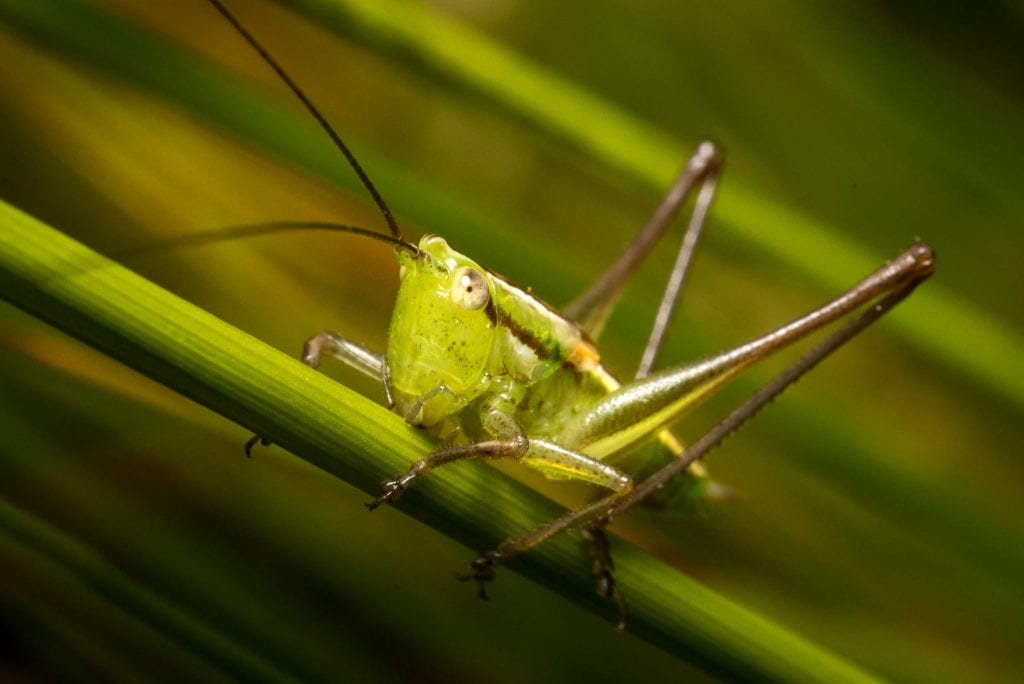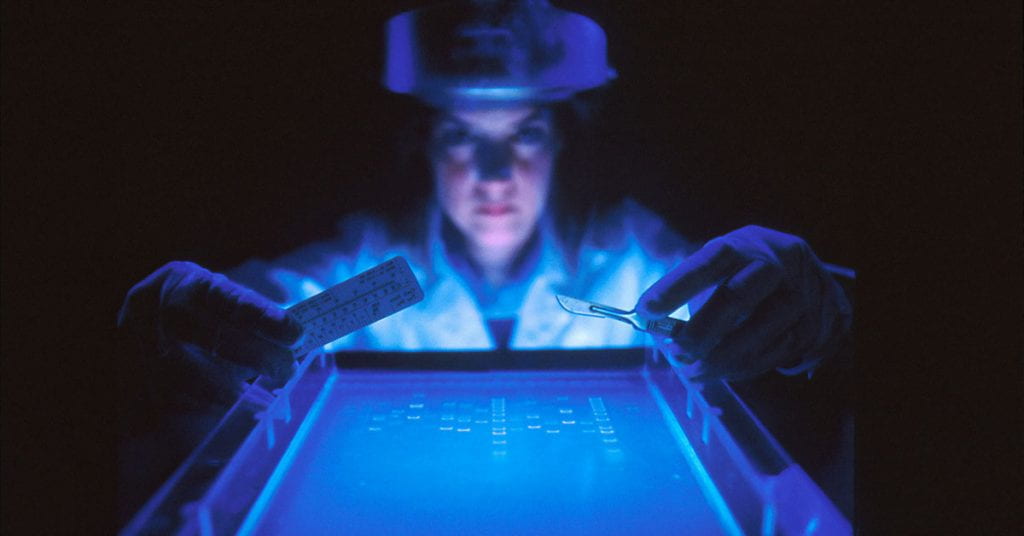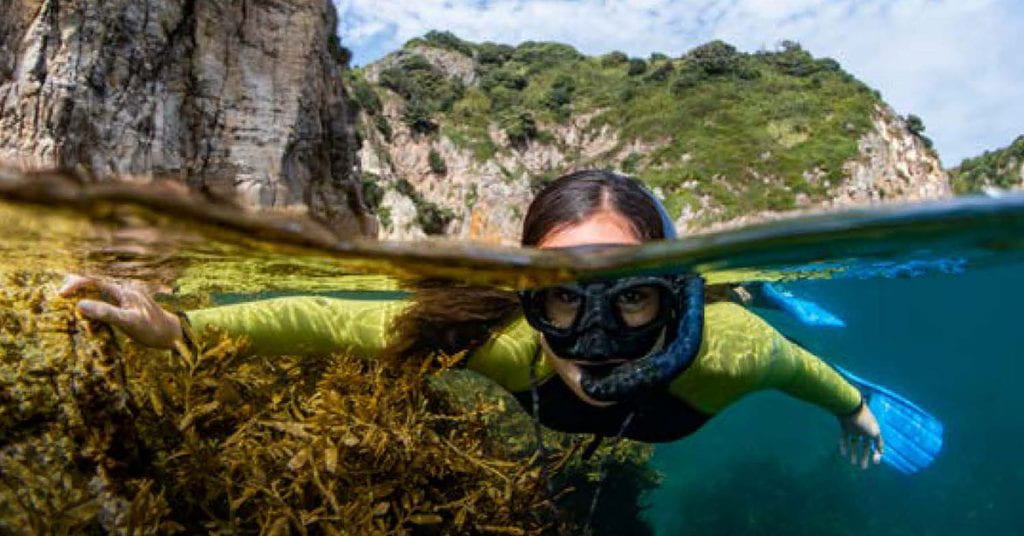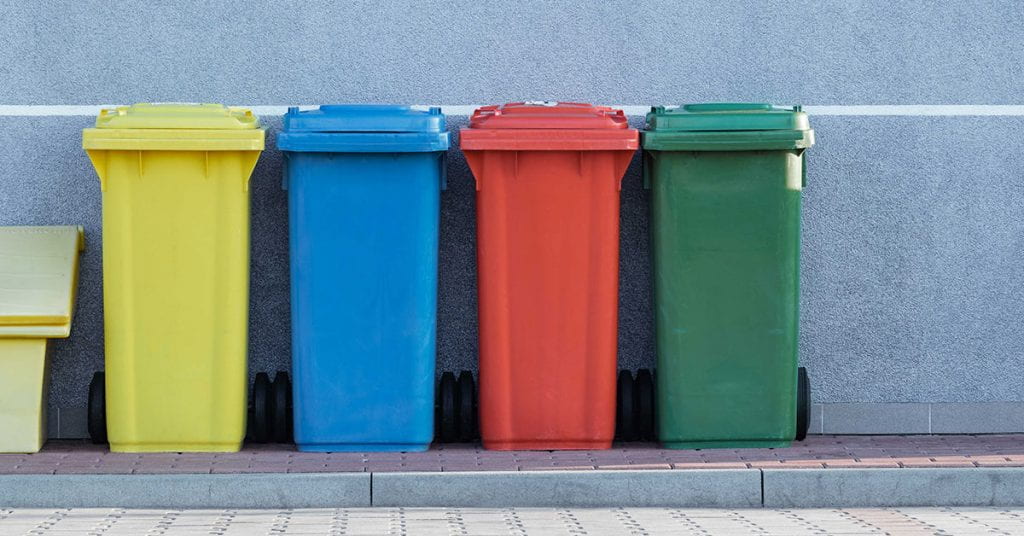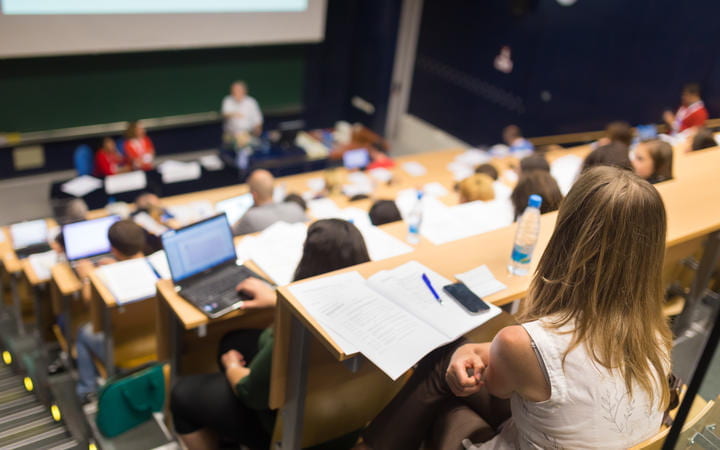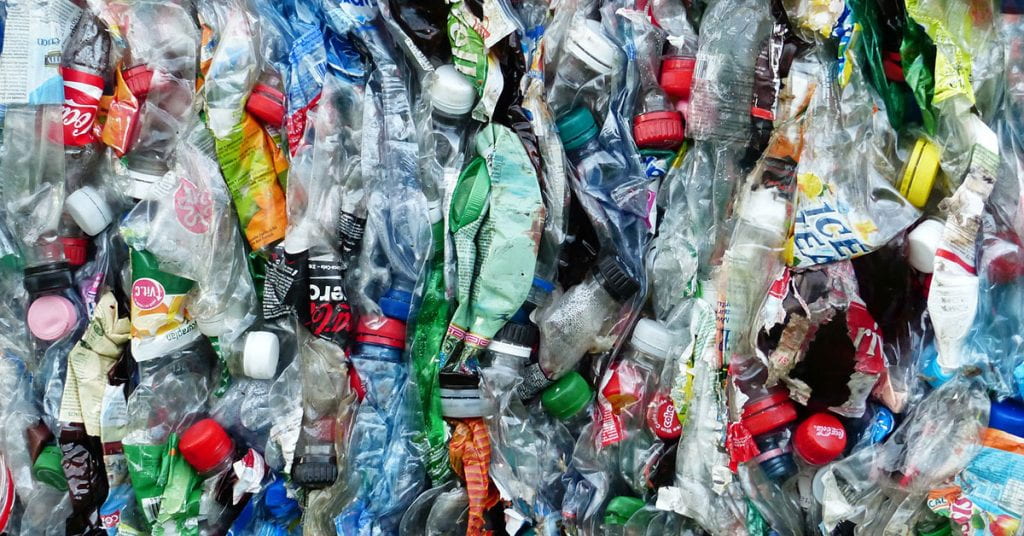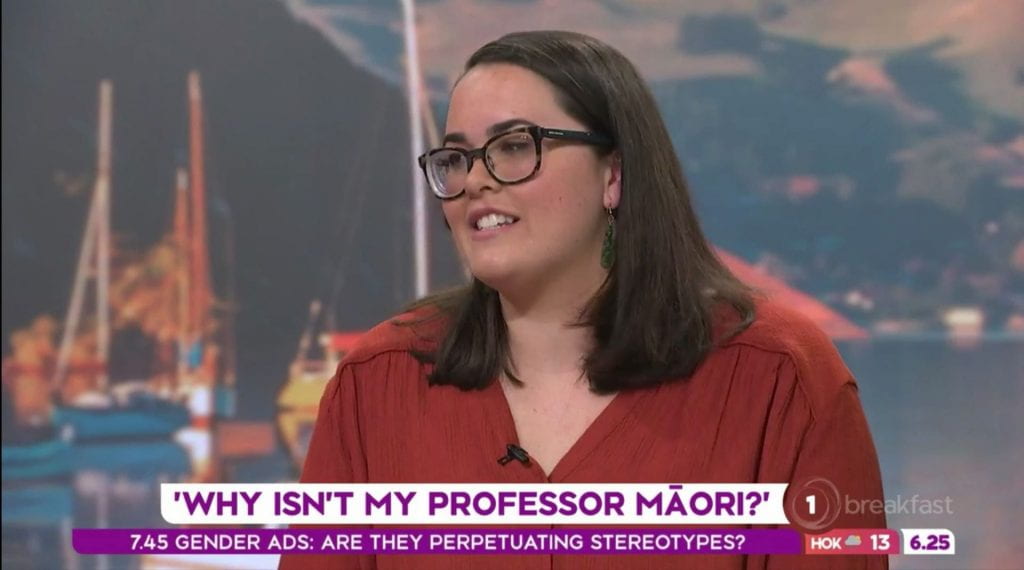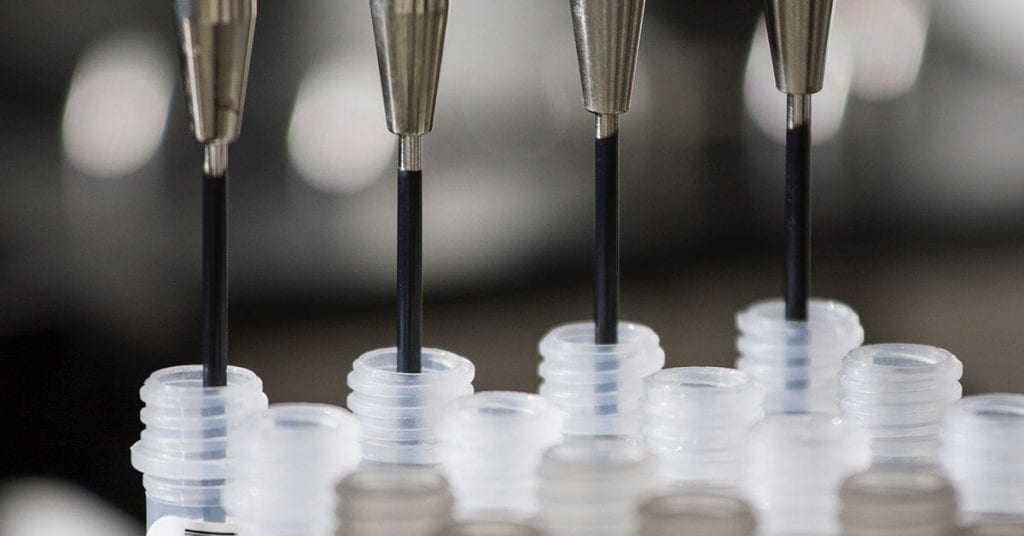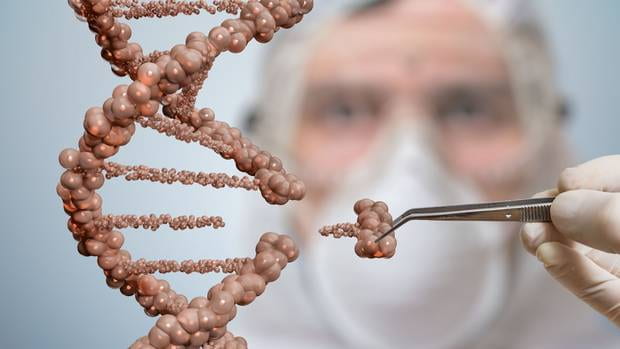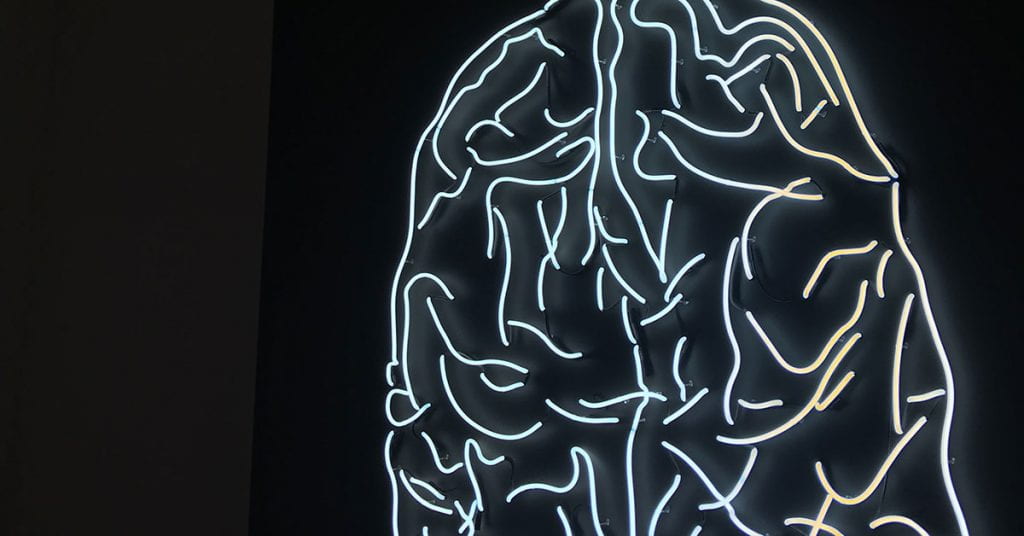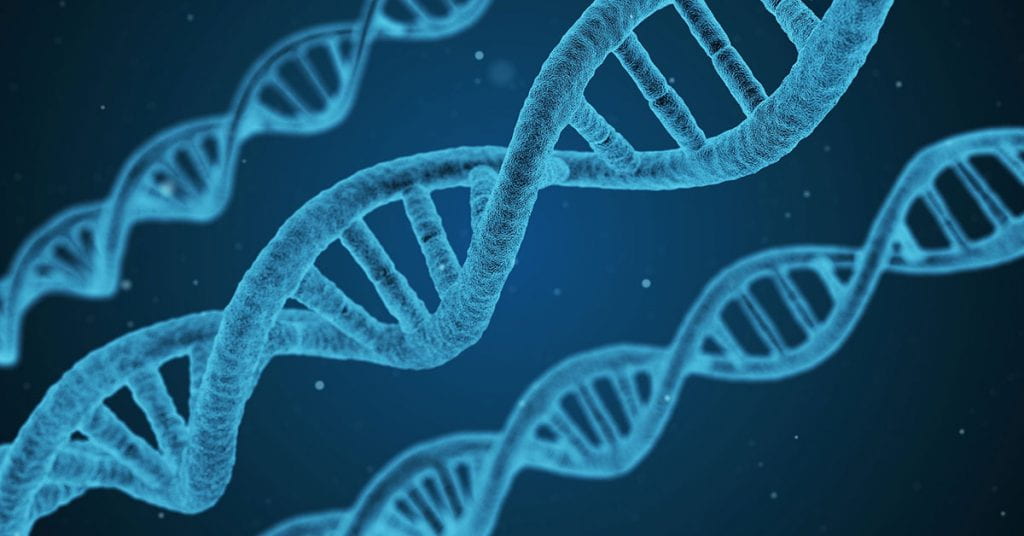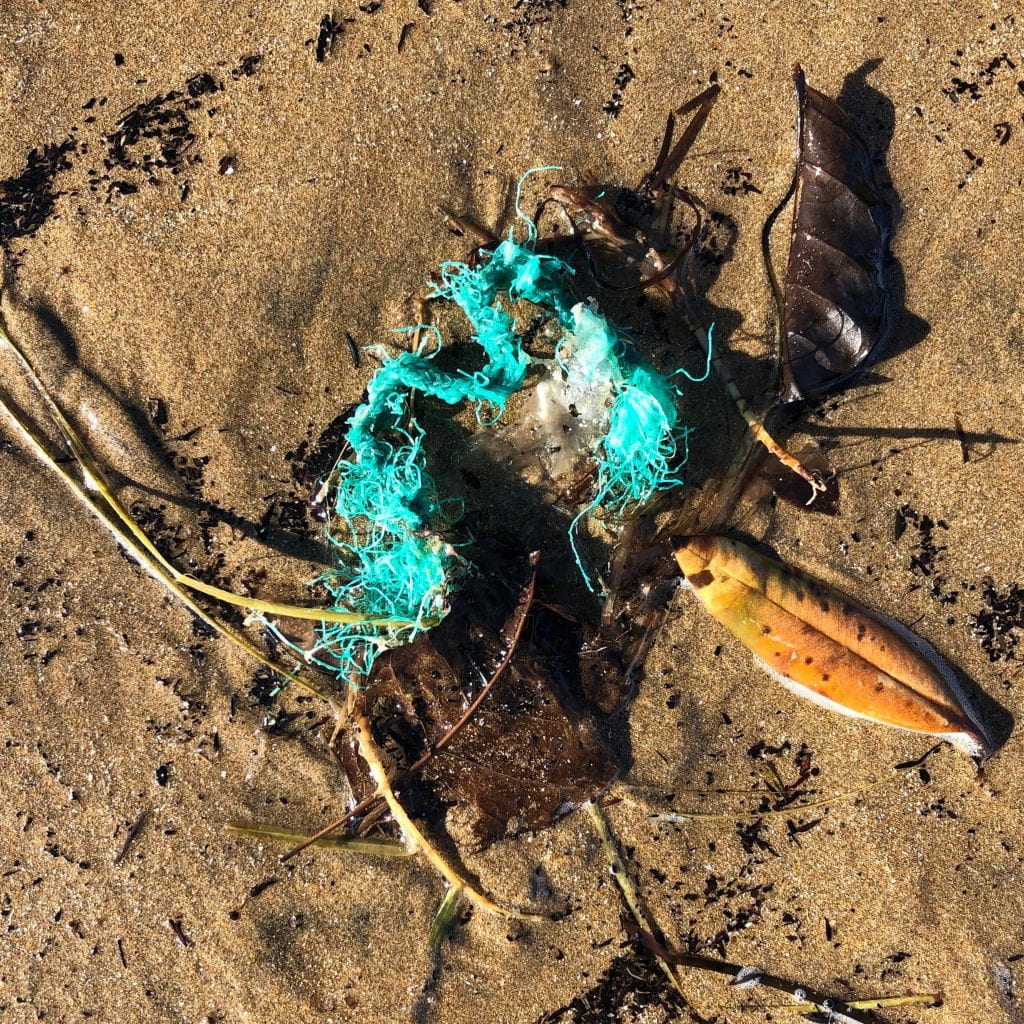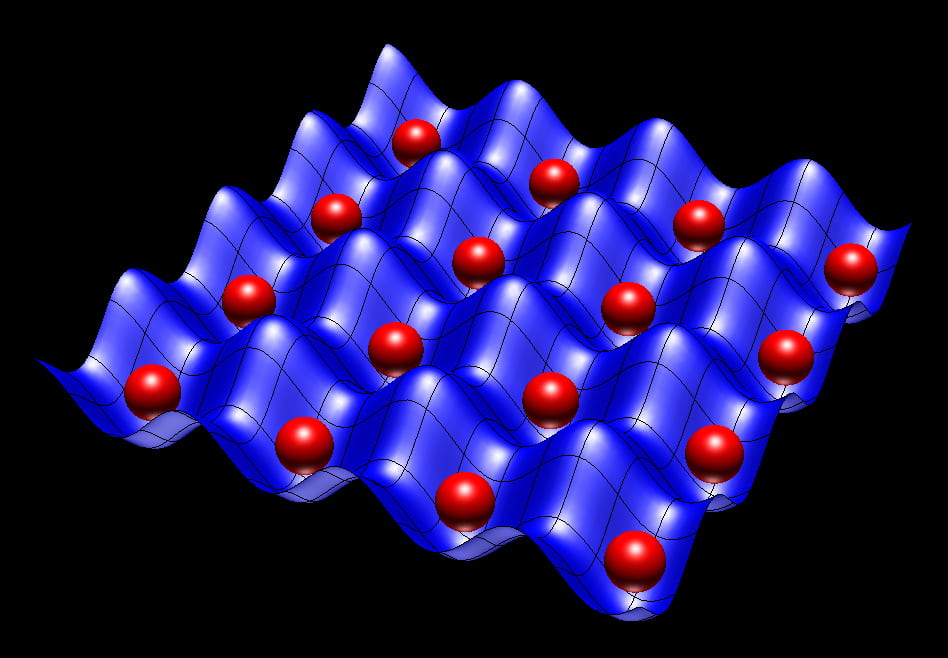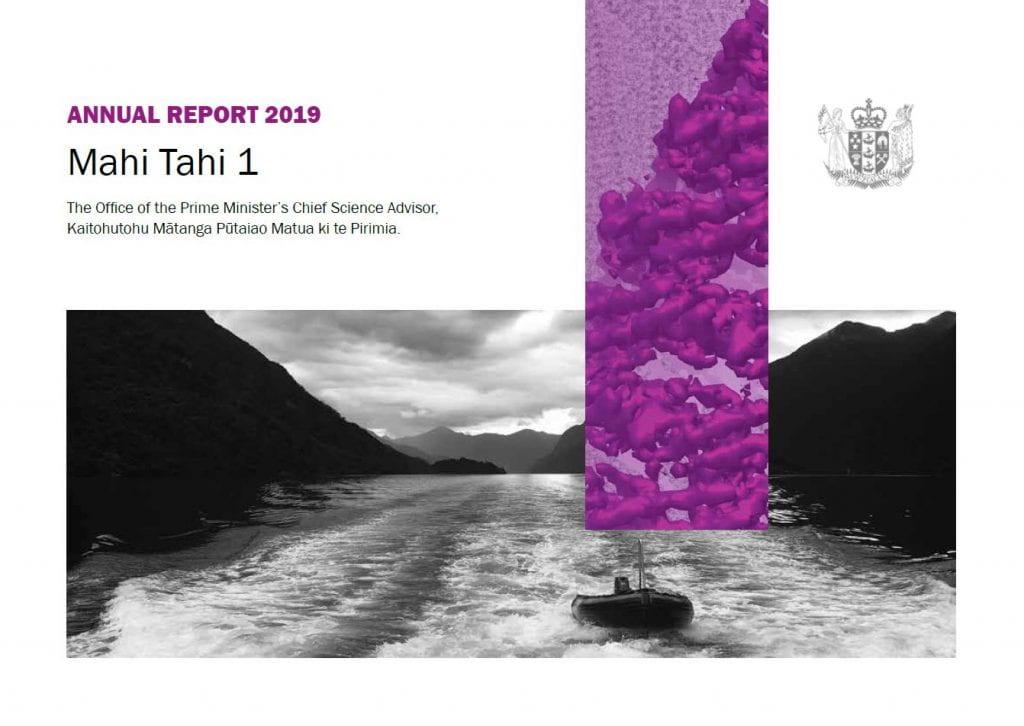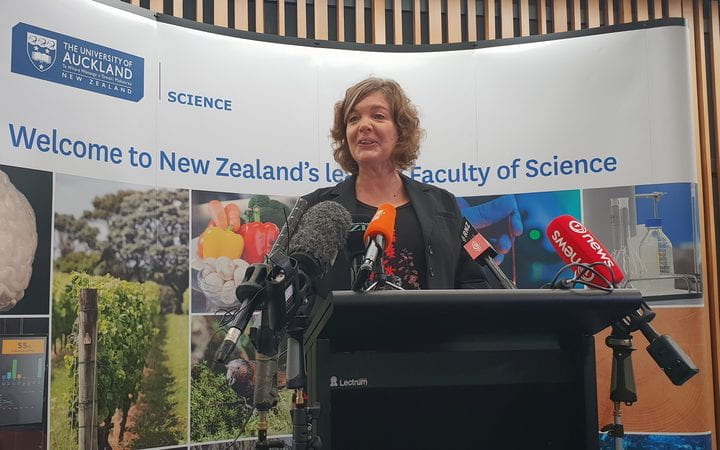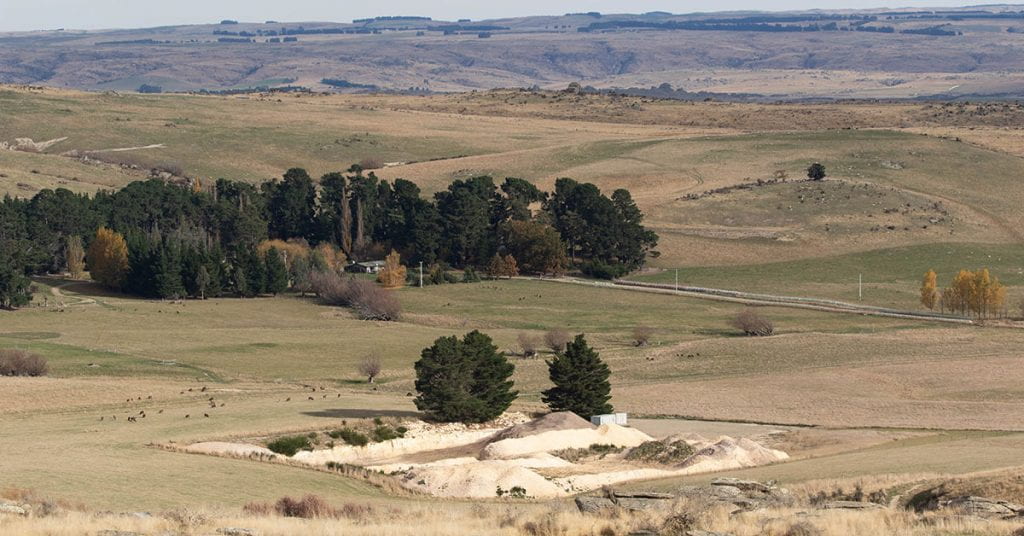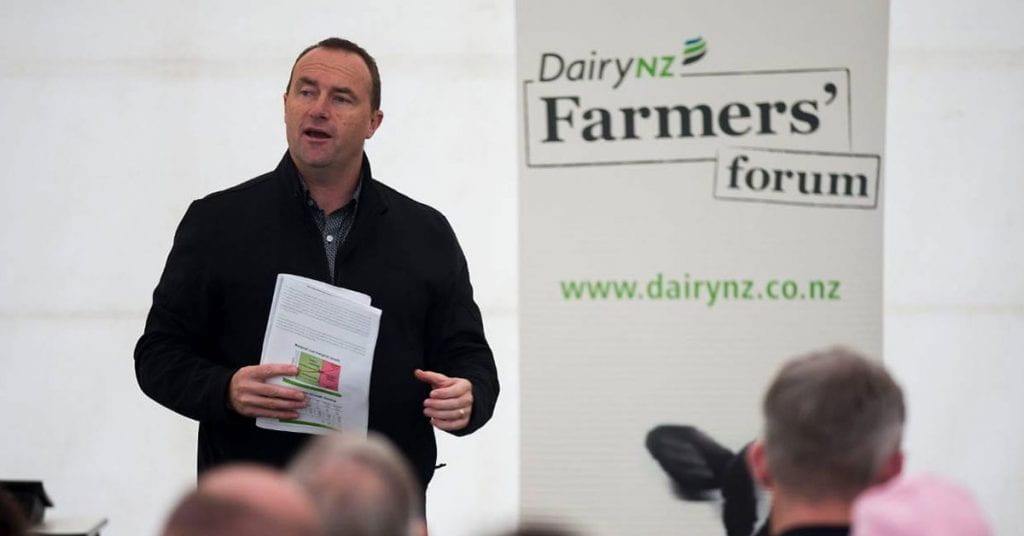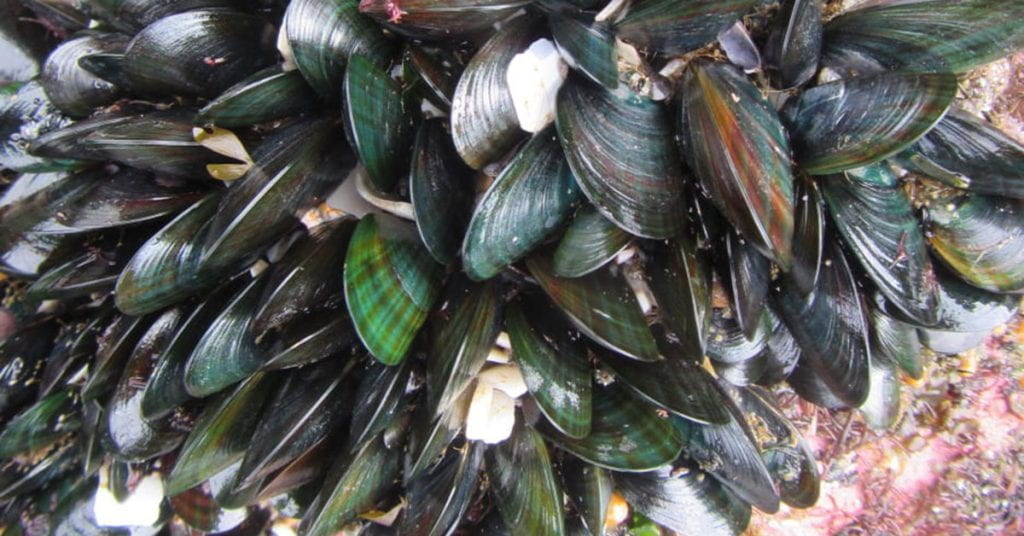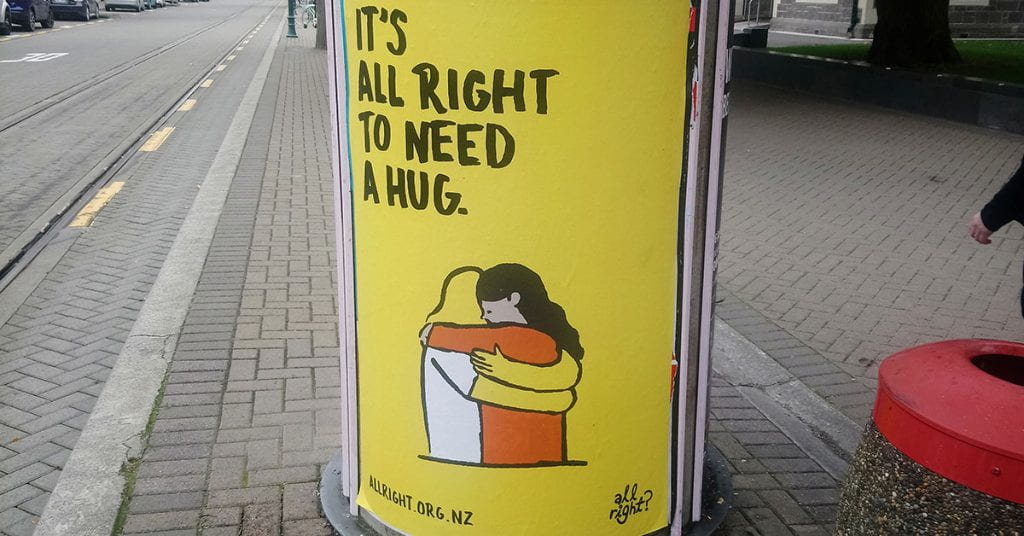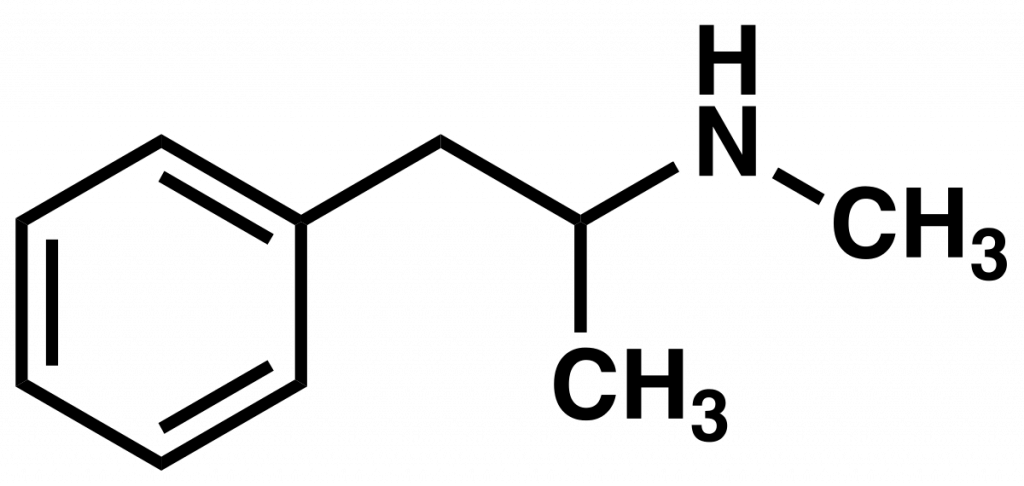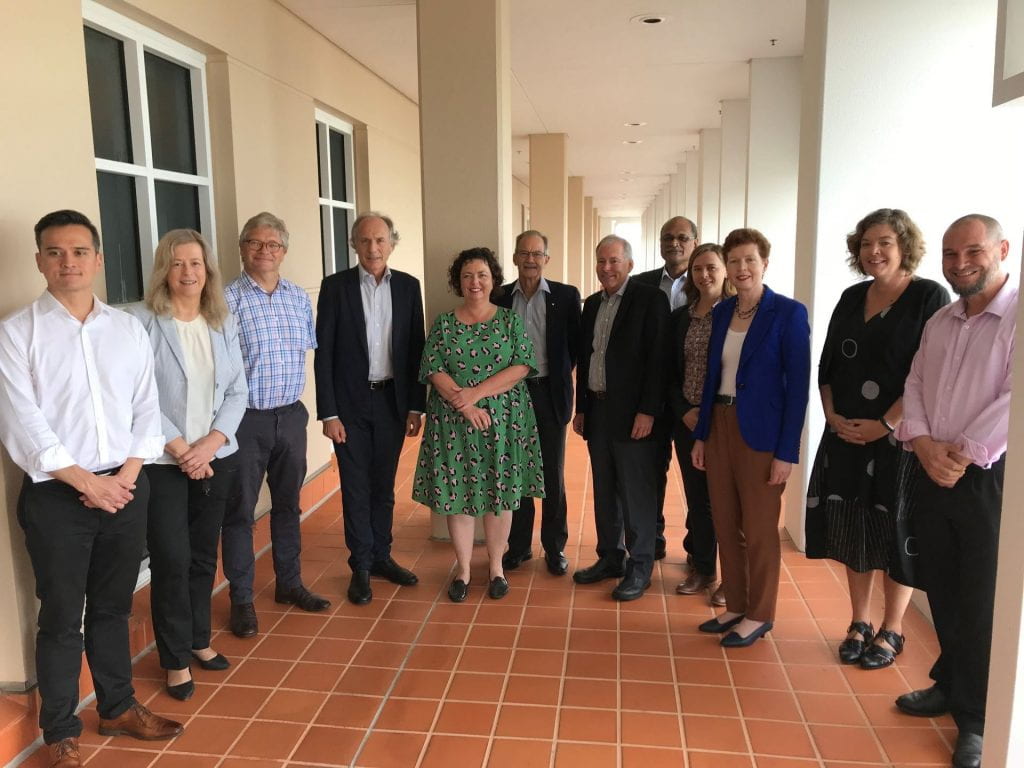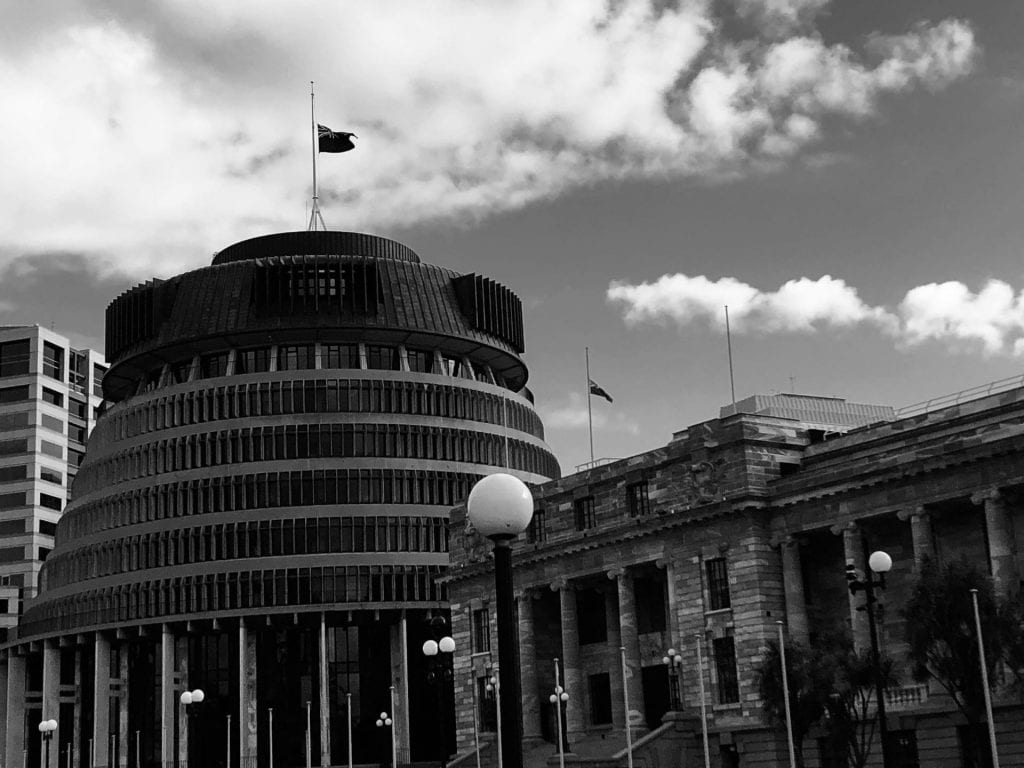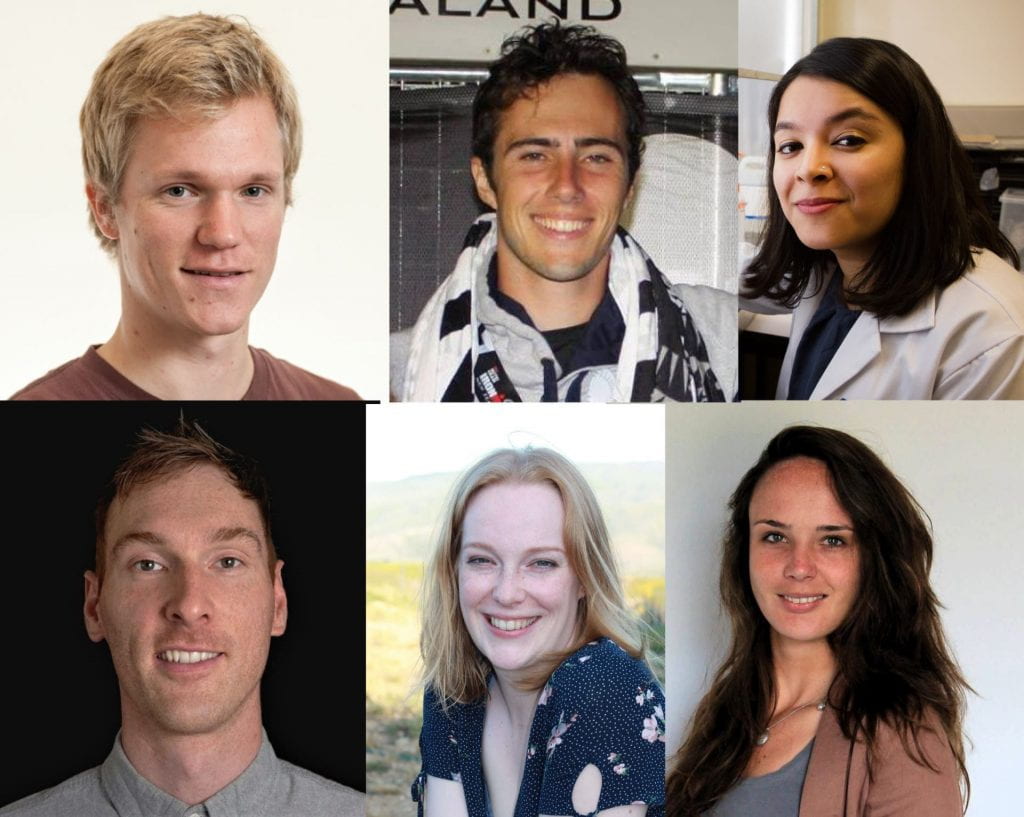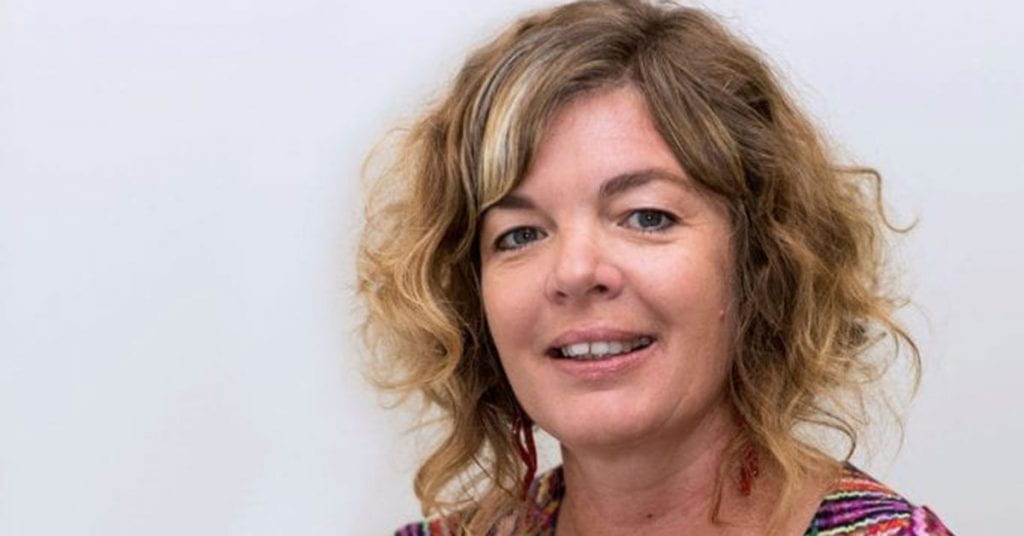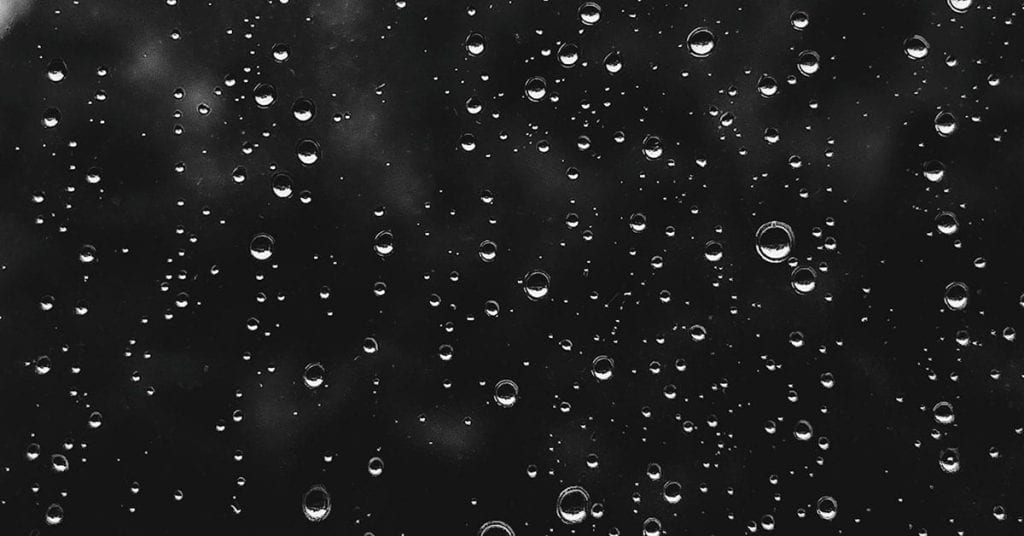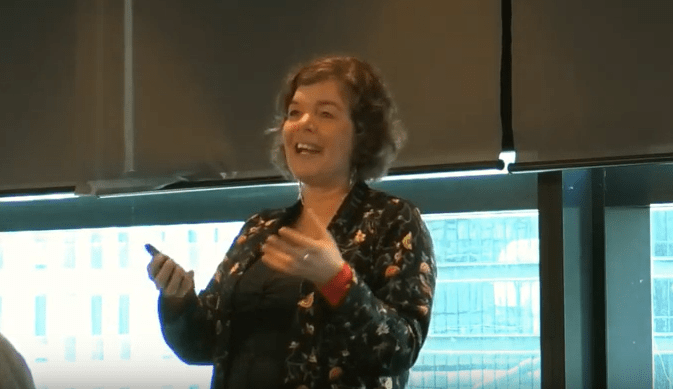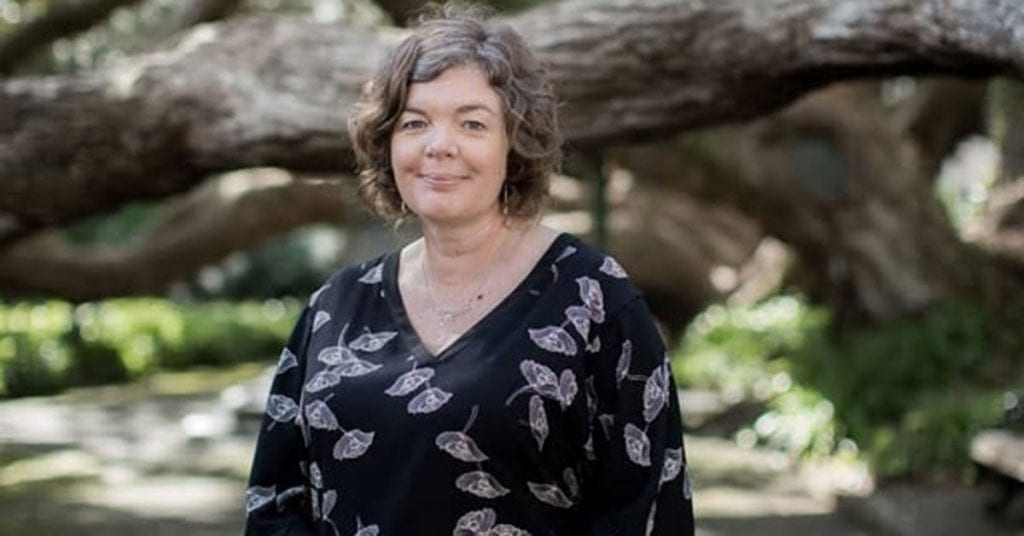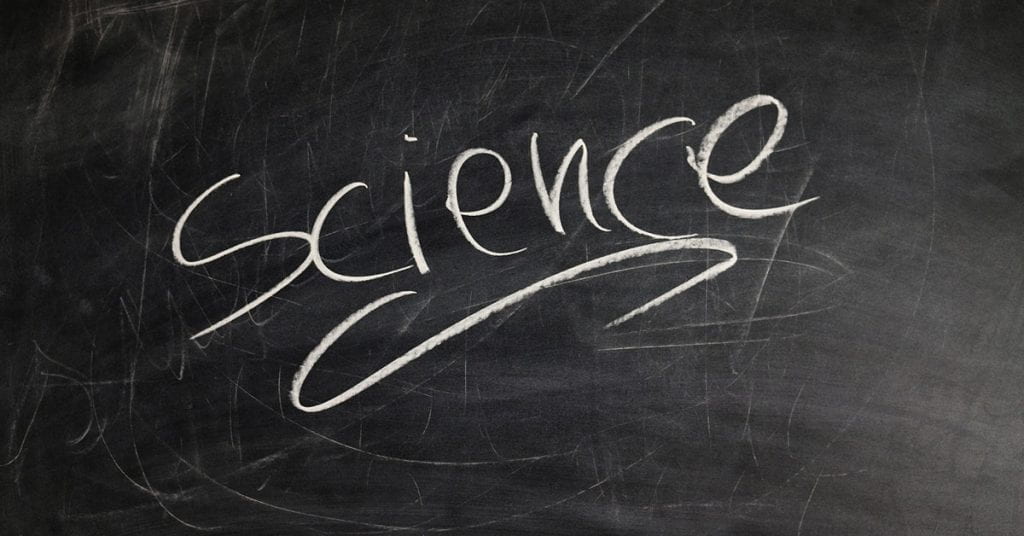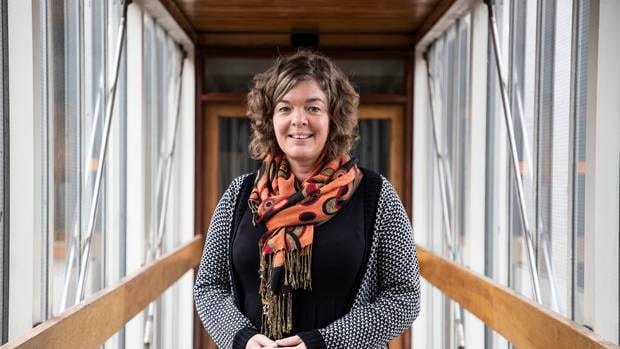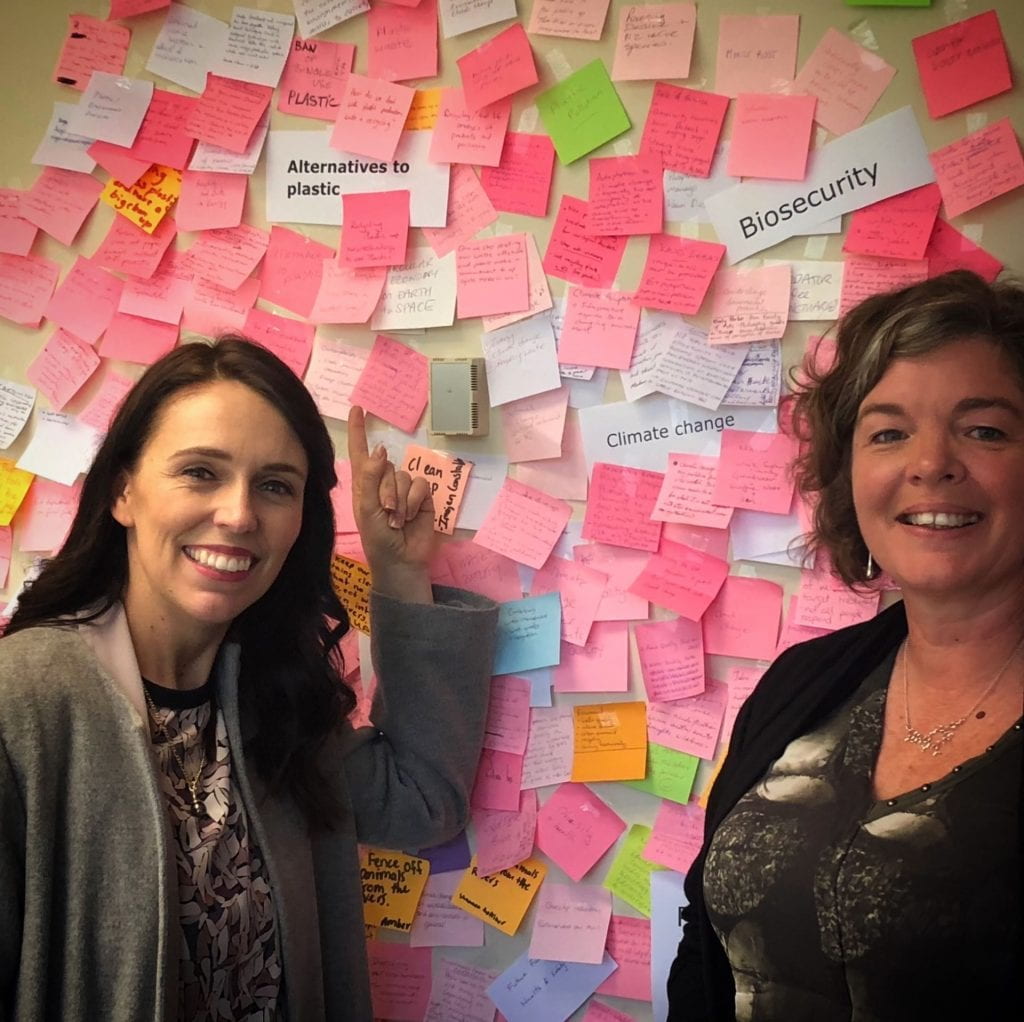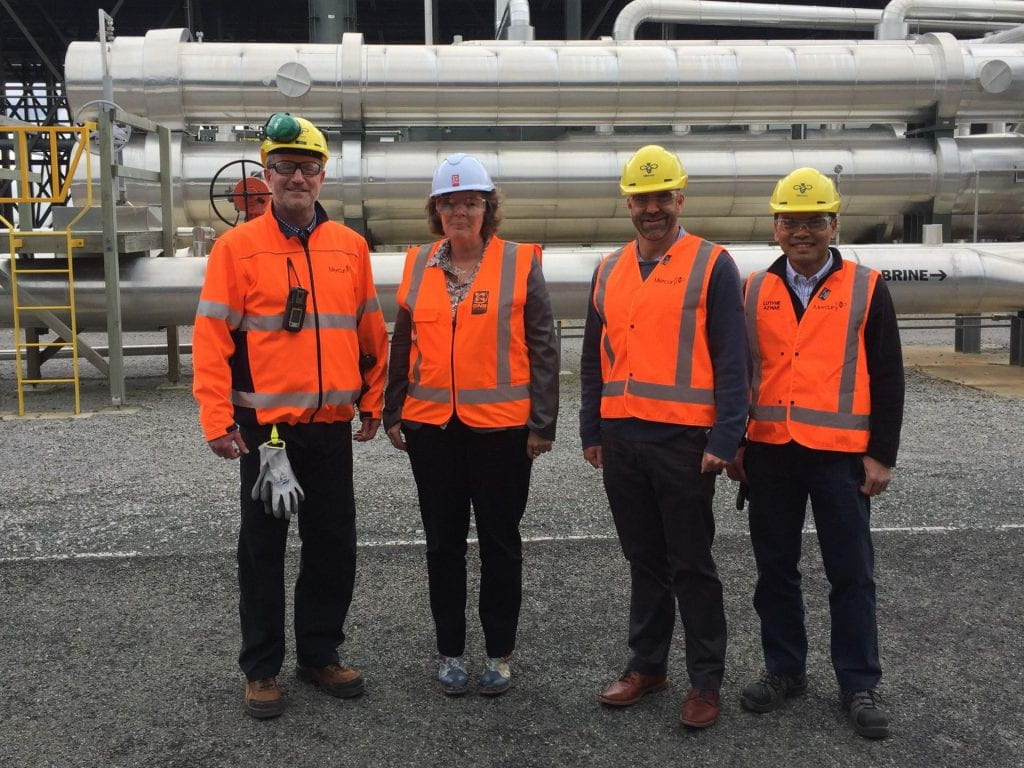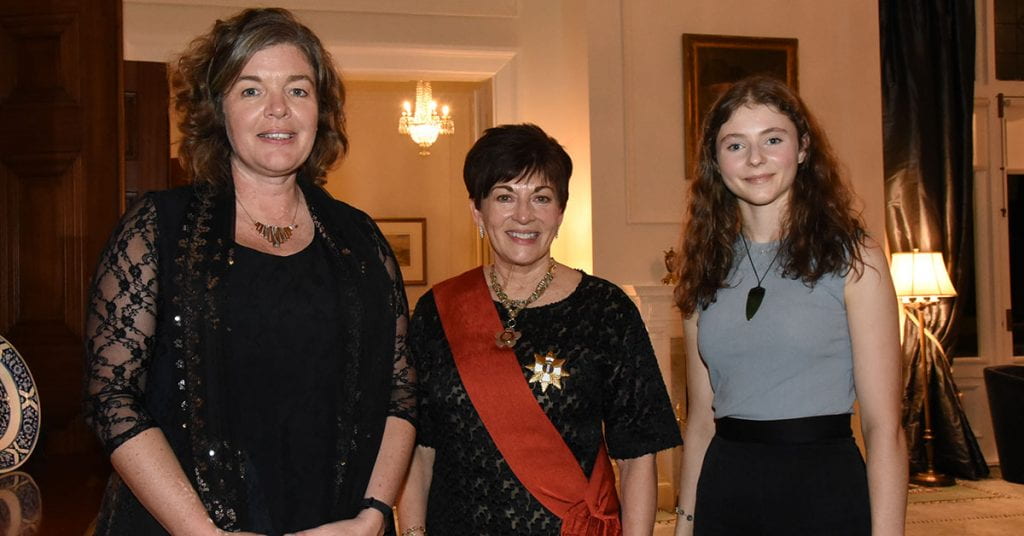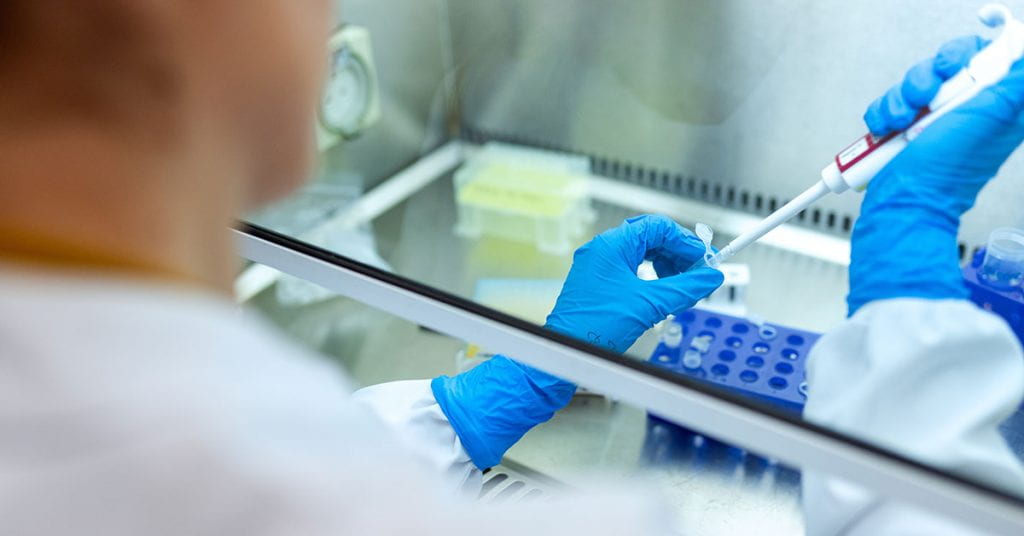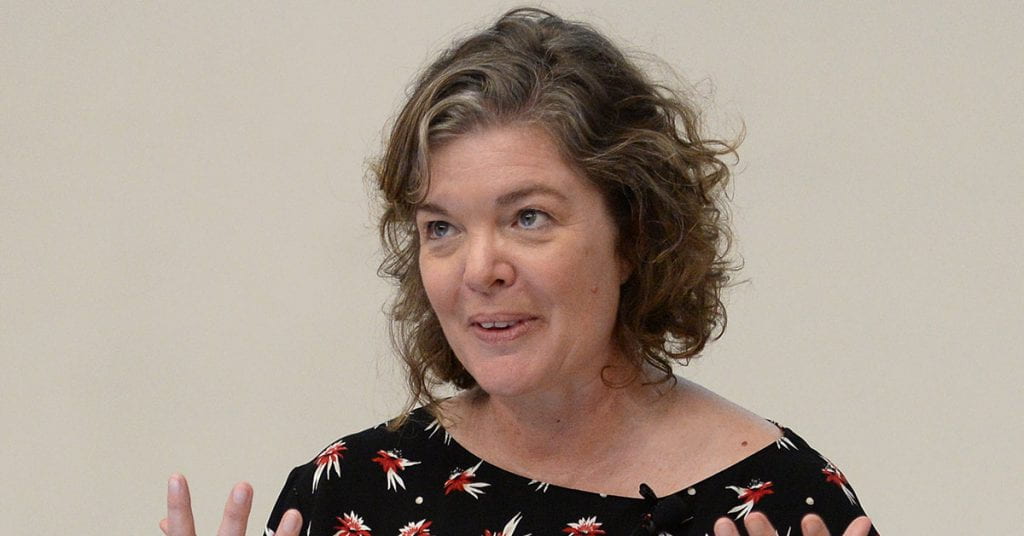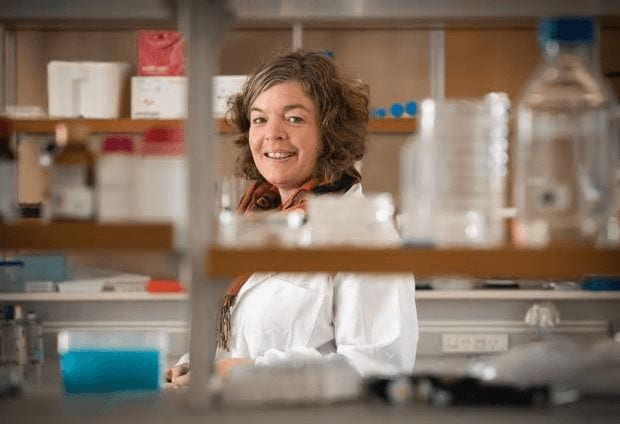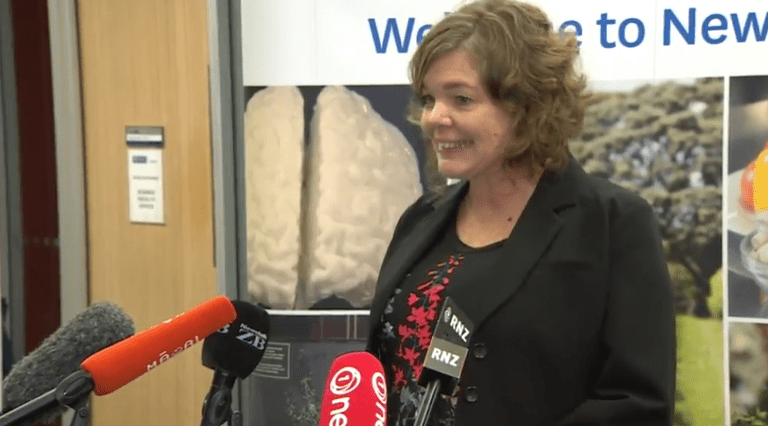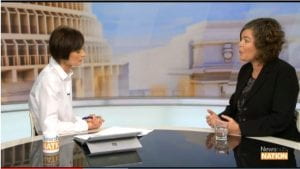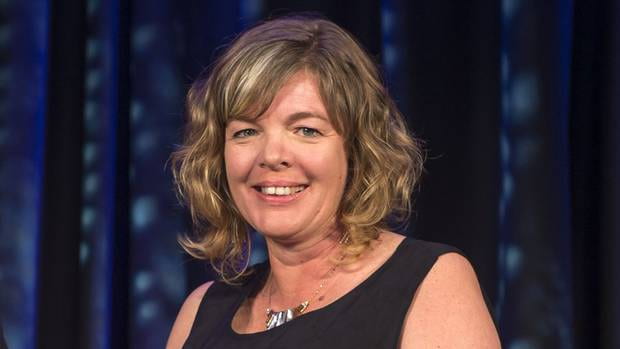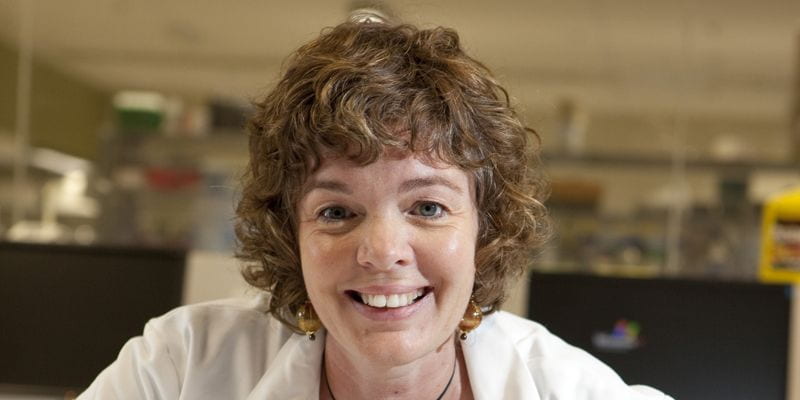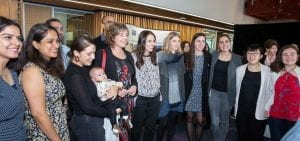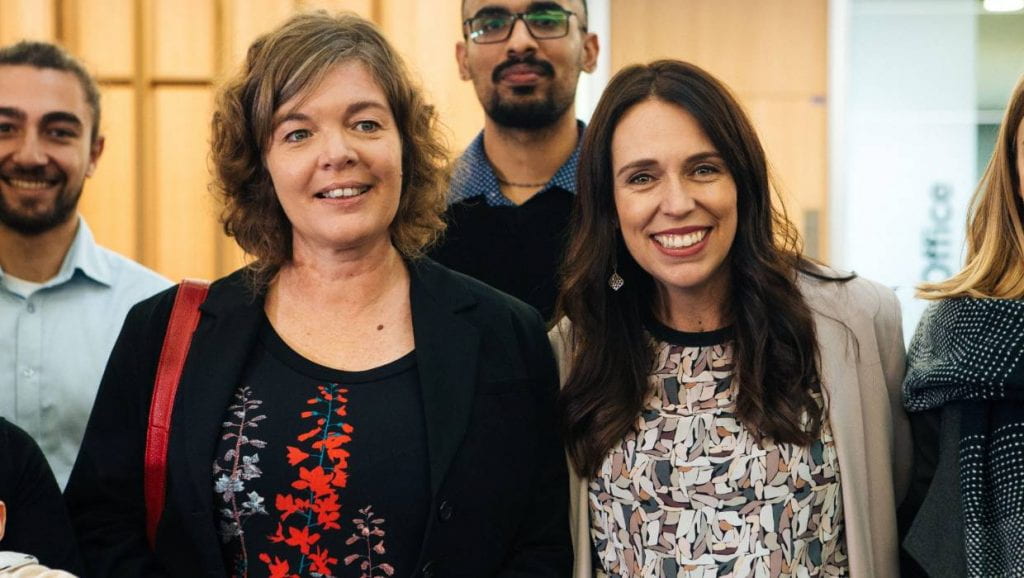News
Catch up with the latest activities of the Prime Minister’s Chief Science Advisor and her office.
Juliet reflects on six years as the PM’s Chief Science Advisor
Juliet reflects on her six years as the PM's Chief Science Advisor with Kathryn Ryan on Nine to Noon. Listen to the interview here…. Listen...
The Food Loss and Waste series in the media
Our series on food loss and waste has featured in the media. See the coverage in the links below Read Food waste crisis: Kiwis are throwing away $3.2 billion a year by Jamie Morton in the New Zealand Herald. Read How food waste is baked into daily life by Eloise...
Releasing our reports on food loss and waste
Today we release our final report in the Food Loss and Waste (FLW) series at an event with Min Simmonds hosted by New Zealand Food Waste Champions. An astonishing 40% of food produced globally is wasted each year. In our last major project, we have been exploring...
Catch On! An intern podcast about our oceans
In 2020, the Office released a report that explored the future of commercial fisheries in Aotearoa New Zealand. The report focused on how New Zealand’s relationship with the ocean can be improved. Packed within its pages were case studies of innovation. To...
What does a Chief Science Advisor do?
Simon Kingham, Former Chief Science Advisor | Ministry of Transport - Te Manatū Waka spoke with RNZ about the role of Chief Science Advisor and the many faces of science in the world of transport. Listen to the interview...
Mahi Tahi 6
Our last annual report, Mahi Tahi 6, is now available. We reflect on our last year, and the ponder the difference we have made over the last six years. Download Mahi Tahi 6 here You can read Juliet's foreword below: Tēnā koutou katoa, ngā mihi o te wā ki a tātou....
AI in healthcare workshop and symposium
Last month, our office, with support from the Ministry of Health organised a one-day workshop and a symposium about the use of AI in our healthcare system.Chief Science Advisor for the Ministry of Health, Professor Ian Town, recently hosted two events to socialise...
Tom Wilson on disaster risk management
Tom Wilson, National Emergency Management Agency (NEMA) Chief Science Advisor, was quoted in an article about planning for catastrophic events. Specifically, disaster risks from the Hikurangi subduction zone. Read the article published by Radio New...
AI in Healthcare report in the media
The 2023 report, Capturing the benefits of AI in healthcare for Aotearoa New Zealand, was referenced to highlight the potential benefits that AI might offer the New Zealand health system. Read the article published by The National Business Review....
Mike Bunce on NZ’s river health and environmental DNA
Mike Bunce, Chief Science Advisor | Department of Conservation (DOC) – Te Papa Atawhai, coauthored an article about the role of eDNA in monitoring river health. Read the article published by The...
COVID-19 as a case study in our polluted information landscape
Juliet joined Professor Julia M Wright to discuss the information landscape in Aotearoa during COVID-19. She reflected on the role of science communication during different phases of the pandemic, and how tools discussed in a recent report from the OPMCSA, He Uru...
Navigating the complexities of pollution from the space industry
Measuring pollution produced by the space sector can be quite complicated and it seems there's more to it than just space debris. OPMCSA fellow Priyanka Dhopade and analyst Carolle Varughese reflect on caring for the final frontier. The space sector Historically,...
Our latest intern report
One of the pleasures of working in the Office of the Prime Minister’s Chief Science Advisor is getting involved with the interns on their projects. The projects provide opportunities for the interns to apply their knowledge in a policy area, build their skills and...
Announcing a series of workshops: Connecting Researchers and Policymakers
In September, we are piloting informal workshops to connect researchers and policymakers in both Te Whanganui-a-Tara Wellington (18 September) and Ōtautahi Christchurch (27 September). We invite you to be part of these workshops. Read More
Juliet discusses the PMCSA role
Juliet discusses what it is like to be the PM's Chief Science Advisor with Paul Gorman for Listener. Read the article in the Listener here...
Mahi Tahi 5: Annual report 2023
Our fifth annual report, Mahi Tahi 5, is now at the printers. If you would like a hard copy, please get in touch. Download Mahi Tahi 5 here You can read Juliet's foreword below: Tēnā koutou katoa, ngā mihi o te wā ki a tātou. Ahakoa ngā ārai, ahakoa ngā aupiki me...
Gene editing: Time to have your say
In a December 2022 blog post, I reflected on the pathway from science advice to implementation of science-based recommendations that arise from commissioned reports from our office. Not all our advice is commissioned – sometimes the science community proactively...
The Gangs report in the media
The OPMCSA's report, "Toward an understanding of Aotearoa New Zealand's adult gang environment", has featured in multiple news articles and interviews with Juliet and co-author Professor Tracey McIntosh. See the coverage in the links below 5th July 2023 The report...
Why is regulating AI such a challenge?
AI (artificial intelligence) regulation is a hot topic internationally. Leaders of some of the big players in the AI world are signing open letters and talking to politicians and journalists about the need to regulate AI to prevent serious harms. In this blog, we...
Out and about: OPMCSA international travel
After several years of interacting with the international community remotely, it has been great to be able to connect in person again. This year the (fully vaccinated!) team have been making the most of the opportunity to travel and learn from colleagues in other...
Jacinda Ardern speaks at WHO’s 76th Assembly
Former Prime Minister Jacinda Ardern speaks at WHO's 76th Assembly, discussing her experience leading the Covid-19 pandemic response, including the role of Professor Sir Ashley Bloomfield and Professor Dame Juliet Gerrard. To see more about the speech, read the...
The Fisheries Report in the Media
The 2021 Fisheries report was referenced in these articles. In an article about the fishing industry and the draft industry transformation plan, the Office's 2021 report on Fisheries was highlighted as evidence of the need for change. Read more in the Newsroom...
Former Prime Minister’s Jacinda Ardern’s Valedictory Statement
Former Prime Minister Jacinda Ardern delivered her valedictory statement in Parliament. The speech traversed many topics, including the COVID-19 response which includes a thanks to Juliet. Read the speech in full here Watch the speech...
What to do with your household food waste?
The government's launch of Te rautaki para - Waste strategy today sheds light on the importance of how we create and manage waste in Aotearoa New Zealand, and sets out a pathway for changing unsustainable practices where valuable resources are wasted in enormous...
An appeal for improved marine habitat protection
MP and Greens fisheries spokesperson Eugenie Sage has appealed for wider protection of Aotearoa New Zealand's marine environment, calling for a more "holistic" and "ecosystem based" approach to marine habitat protection. Sage says that current protection of New...
It’s raining, it’s pouring
Flooding events across the North Island have resulted in fatalities, uninhabitable homes, and vital infrastructure in need of repair. OPMCSA analyst Dr Emma Brown reflects on the situation.
Calls to combat polluted information through the curriculum
Professor Stuart McNaughton, Chief Science Advisor to the Ministry of Education, discusses the approach of other countries to integrating critical thinking and digital literacy in the curriculum. Stuart outlines how important it is to integrate these things in...
Why lower speed limits save lives and make cities more livable
Professor Simon Kingham, Chief Science Advisor for the Ministry of Transport, discusses the importance of speed limits on our roads and that lower limits are ultimately not just about saving lives but also making our cities and towns more livable.
Does science advice make any difference, and how does it get implemented?
Now well into her second term as PMCSA, Juliet reflects on the policy impact of science advice across a range of projects and contexts.
COP15 International Science Advisors’ Statement
Juliet has joined with her international peers in releasing the COP15 International science advisors statement. The statement outlines the vital importance of action and commitment to protect biodiversity, and the grim reality if action isn't taken. The statement calls on governments around the globe to commit to addressing this pressing issue at COP15.
MBIE funded research will be made freely available online
In a win for open-access advocates, the government has announced a new policy ensuring that new research projects funded by MBIE will be freely available online.
Our second food waste report: Food rescue
Food rescue organisations in Aotearoa captured over 11,500 tonnes of food at risk of going to waste last year, distributing it to people in the community, including those experiencing food insecurity. Our second food waste report, which we are releasing today, explores the food rescue sector’s role as part of the solution to food waste.
GE in the media
An article in the NZ Herald details the history of GE in Aotearoa, the current regulatory systems, the review of these settings and what could occur moving forward. Juliet is interviewed in the article, giving her perspective on the issue, including the difficulty...
Connecting two worlds: Enhancing knowledge sharing between academics and policymakers in Aotearoa New Zealand
Dr Cate Roy, a former intern of the office and Dr George Slim, a consultant in the office, have co-authored a paper appearing in Policy Quarterly. The paper outlines how the research-policy interface can be strengthened, showing the enthusiasm researchers have to...
Government responds to the fisheries report
Last week the government formally responded to The Future of Commercial Fishing report. Minister Parker announced the formal response to the report at the Sea into the Future conference, where Juliet was also a speaker.
Visiting Otago Uni’s Upcycled Food Lab
Last week Juliet and Emily visited the University of Otago's food science Upcycled Food Lab. At the lab they sampled food made by students from off-cuts and by-products of food production.
Mahi Tahi 4 – Our fourth annual report
After another busy year as Kaitohutohu Mātanga Pūtaiao Matua ki te Pirimia, Juliet looks back on the past year of science advice, evidence, communication and conversation.
What’s the deal with nitrates in our drinking-water?
Our office has spent the last few months looking at the evidence around nitrates in our drinking-water, including whether there are any likely health impacts.
Our first food waste report in the media
Our series of reports on food waste are underway with the first of these reports released in early July. The office is busy with the second report, focused on food rescue, while engaging with stakeholders across the food system. This page highlights the coverage of...
The Future is Open: Intern report on Open Access publishing in Aotearoa
Making academic research free to read is good for everyone, from researchers, innovators and policymakers to the New Zealand public – and it’s the right thing to do.
Introducing our first food waste report
Food ending up in the bin is just the tip of the iceberg when it comes to food waste. That’s one of the key messages from our first report in the food waste series, Food waste: A global and local problem, which we are releasing today.
Hon David Parker on GM
In an interview with Newshub, Hon David Parker discusses GM policies, and outlines why they are being reviewing the regulatory settings around biomedical research and laboratory research to see if they are outdated. Watch the interview...
Aotearoa’s first mātauranga-based holiday
This week New Zealanders across the motu will enjoy a long weekend, the nation’s first ever Matariki holiday. Senior analyst Emily McCarthy met with astrophysicist, Māori astronomy expert, and member of the Matariki Advisory Committee Dr Pauline Harris to find out more.
No food left behind: A day out with KiwiHarvest
As part of our work on food rescue and food waste, research analyst and writer Colson Verdonk joined a KiwiHarvest driver on their daily food rescue rounds. Read his reflection on the day here.
“Tectonic shift” in Aotearoa New Zealand’s disinformation landscape
A new analysis has explored how social media activity contributed to tensions that resulted in the Parliament protest earlier this year. Jamie Morton has reported on this shifting landscape for the Herald. According to the analysis, Covid-19-related social media...
Regional Councils have appointed their first Chief Science Advisor, Chris Daughney
Te Uru Kahika, the Regional and Unitary Councils of Aotearoa New Zealand, have recently appointed Dr Chris Daughney as their inaugural Chief Science Advisor.
Combatting food waste
Our next major project is on food rescue, food loss and food waste. We’re kicking off our project to understand the nature and extent of this problem in Aotearoa New Zealand and explore evidence-based solutions to reduce food waste across the food supply chain.
Daylight saving: It’s complicated
With New Zealanders preparing to turn their clocks back as daylight saving ends this Sunday, senior analyst Emily McCarthy has been pondering the history and science behind this tradition.
Kotahitanga in the media
We released our report Kotahitanga Uniting Aotearoa against infectious disease and antimicrobial resistance on 3 March 2022. Check out recent news articles that have profiled our work.
It’s time for Aotearoa to unite against infectious disease and antimicrobial resistance
The Kotahitanga report on infectious disease and antimicrobial resistance is out! Read Juliet's reflection on the project here.
What comes next with COVID?
The New Zealand Herald has written an in-depth article questioning what is going to happen next after two years of COVID in Aotearoa New Zealand. Speaking to the Herald, Juliet said she had faith we would come through this crisis just as strongly as before. We’ve...
Are kiwis losing faith in our experts?
Last year an international study found that Aotearoa New Zealand had the highest level of trust in scientists compared to 11 other countries surveyed (including the US, UK and Australia). With recent protests, journalists are asking whether this level of trust may have waned. Juliet talked to the Herald about how this is not necessarily the case.
Why is it so hot?
Don’t worry, it’s not just you. With global temperatures up 1.1°C compared to pre-industrial levels, it’s getting noticeably warmer throughout the world. Aotearoa New Zealand is no exception.
Reflecting on Glasgow: A COP half full
With 2022 well underway, senior analyst Emily McCarthy reflects on COP26 and the year ahead in climate action in Aotearoa New Zealand and globally.
A busy year with our interns and fellows
Amidst the noise and haste of supporting the COVID response and delivering our infectious disease and AMR project (more on this in the New Year), we have had a busy and exciting year behind the scenes with our interns and fellows – 13 projects across the year.
Rheumatic fever evidence review released
Our office has produced an evidence synthesis on rheumatic fever in Aotearoa New Zealand as part of our major project on infectious diseases and antimicrobial resistance.
New targets to reduce emissions announced – what do scientists think?
The Government has announced a new target to reduce Aotearoa New Zealand's emissions by 50 percent by 2030. Juliet joined The AM Show to discuss.
Top scientists call for urgent climate action
Ahead of COP26, group of influential scientific advisors from around the world have penned a joint letter saying the need for urgent climate action is unequivocal.
Chief Science Advisors release statement ahead of COP26
In anticipation of COP26, chief science advisors from around the world lay out a vision for limiting global warming to below two degrees, writes senior advisor George Slim.
NZ to shift to COVID-19 traffic light system
Aotearoa New Zealand will soon shift to a new COVID-19 'traffic light' system. Juliet speaks about science advice and feedback provided to inform the new framework.
Out and about on the AMR beat
We’ve been making the most of a COVID-free South Island, getting out and about as part of our project on antimicrobial resistance and infectious disease.
NZ tops world for trust in scientists, govt – study
Aotearoa New Zealand's trust in scientists is among the highest in the world, according to a new study. Juliet spoke to science journalist Jamie Morton at the NZ Herald about the findings.
Wading into mangrove research
Intern alumni Jacques de Satgé features on RNZ's Our Changing World, discussing his research into mangrove management in Aotearoa New Zealand.
Mangrove management in Aotearoa New Zealand: A bird’s eye view
Watch intern Jacques de Satgé present on his internship project investigating mangrove management in Aotearoa New Zealand.
Who is who in the Government’s Covid-19 response team
Meet some of the key players in the Government's COVID-19 response.
Delta Skelter: ‘A formidable enemy’ – inside the battle and what the Govt knew when
The behind-the-scenes story in the lead-up to our Delta COVID-19 outbreak, as told by NZ Herald journalist Matt Nippert.
Reconnecting New Zealanders to the World
Read selected media coverage on the Reconnecting New Zealanders to the World Forum, emceed by Juliet.
Silence is golden: Five prominent New Zealanders on the power of listening
Juliet offers advice on how to be a good listener alongside four other prominent New Zealanders in this Business Desk article.
An update on our infectious diseases and antimicrobial resistance project
We are now well into our project and the team and panel are working hard to collate the vast range of evidence about AMR in Aotearoa New Zealand, within the broader context of infectious diseases.
How NZ might achieve net gains for fishing and farming
In an opinion piece, Peter Davis discusses our report 'The future of commercial fishing in Aotearoa New Zealand'.
Mahi Tahi 3 – Our third annual report is ready to download
Beginning a second term as Kaitohutohu Mātanga Pūtaiao Matua ki te Pirimia, Juliet looks back on the past year of science advice, evidence, communication and conversation.
Juliet reappointed as Prime Minister’s Chief Science Advisor
After an eventful first term, Juliet and the team are looking forward to the next three years.
Next, sort fishing and the oceans
Columnist Rod Oram discusses fisheries policy and the recommendations of our report 'The future of commercial fishing'.
Fish dumping ban “biggest change to management in 100 years”
The Minister for Oceans and Fisheries David Parker talked to Nine to Noon on RNZ about recently announced changes to fisheries management, referencing our report on commercial fisheries.
NZ water fluoridation safe and effective – new science review
A fresh science review has reaffirmed there's no significant health risks with levels of fluoride applied to New Zealand water supplies, reports Jamie Morton for the NZ Herald.
Fluoride in our drinking water: An update on the evidence
Our office has examined new evidence on water fluoridation published since the Royal Society Te Apārangi report in 2014. Here’s what we found.
Codifying the relationship between nature and people
Dr Anne-Gaelle Ausseil and Dr Alison Collins summarise their project into the relationship between nature, people and well-being.
Introducing our next major project
We are now ramping up work on our big project for 2021, titled 'Kotahitanga: Uniting Aotearoa against infectious diseases and antimicrobial resistance'.
How New Zealand’s COVID success made it a laboratory for the world
Universal genome sequencing and exquisitely detailed tracing of COVID-19 cases in Aotearoa New Zealand offers unique insights into how COVID-19 spreads.
Commercial fisheries report reveals how ‘frighteningly little’ we know about ocean
A new report on commercial fisheries is calling for a more holistic approach to managing and assessing the health of the marine ecosystem, reports James Fyfe for Newshub.
Science advice on commercial fisheries: It’s dark down there
The OPMCSA's new report provides advice to government on how science and innovation can improve the sustainability of commercial fisheries. Juliet reflects on our deep dive into the world of commercial fishing.
Haere mai to our new fellows and intern
We’ve had an ‘on-again-off-again’ start to the year here in Tāmaki Makaurau Auckland, but that hasn’t stopped us kicking off an exciting new set of fellow and intern projects.
New short film on genome sequencing released
How is Aotearoa New Zealand using genome sequencing in our response to the COVID-19 pandemic? Watch the latest documentary from independent filmmaker Shirley Horrocks.
Reflection on science in emergencies
More than ever, we must listen to Aotearoa New Zealand's scientists, and ensure that our institutional structures allow them to speak.
Rethinking plastics report features in Speech from the Throne
Governor-General Dame Patsy Reddy outlined the Government's plans, which includes a commitment to implementing the PMCSA's 'Rethinking plastics' recommendations.
Mapping environmental DNA with EPA Chief Scientist Prof Michael Bunce
Professor Michael Bunce, EPA Chief Scientist and member of the CSA Forum, was interviewed by Bryan Crump on RNZ about environmental DNA.
A rubbish story: COVID waste worries
A Newsroom article on the surge in waste and single-use plastics generated by the COVID-19 pandemic features commentary from Rachel.
NZ should be doing ‘everything possible’ to get genomic sequence of every sample
EPA Chief Scientist Professor Michael Bunce spoke to RNZ's Morning Report about his rapid review on genomics for COVID-19.
The role of genomic sequencing in responding to Auckland’s COVID-19 outbreak
A new rapid review outlines the strengths and areas for improvement in Aotearoa New Zealand's application of genomics in the COVID-19 pandemic.
Aotearoa New Zealand’s genome sequencing efforts ‘world leading’
A new rapid review on COVID-19 genome sequencing has described New Zealand's efforts as 'world-leading' – but there's still room for improvement.
How to inoculate against 5G misinformation
Political reporter Marc Daalder spoke to the Juliet about 5G for this article on the impacts of misinformation and strategies to tackle conspiracy theories.
Using genetic fingerprints in our COVID-19 response
We reflect on the role of genome sequencing in the most recent COVID-19 outbreak in Auckland as the EPA Chief Scientist Professor Michael Bunce publishes a rapid review on the topic.
Are DIY coronavirus tests on the cards for New Zealand?
Professor Ian Town, Chief Science Advisor to the Ministry of Health, discusses RAT tests and whether they will be introduced to New Zealand. Listen to his interview with RNZ...
The five burning questions facing NZ
When will we have a vaccine? And are our borders sufficiently secure now? Science reporter Jamie Morton spoke to Juliet and other scientists to answer five burning coronavirus questions facing NZ.
PMCSA discusses the impacts of legalising cannabis on RNZ’s Nine to Noon
Juliet spoke to Kathryn Ryan on RNZ about the recently released report: 'Legalising cannabis: What does the evidence say?'
Closing the recycling loop, one plastic bottle at a time
Senior research and policy analyst Dr Rachel Chiaroni-Clarke was interviewed for this article on recycling plastic in The Spinoff.
Short documentary on the Whakaari/White Island eruption released
Take a behind-the-scenes look at the science response to the Whakaari/White Island eruption and recovery mission in this short documentary by independent filmmaker Shirley Horrocks.
Government responds to the ‘Rethinking plastics’ report
The Government has released its formal response to the PMCSA 'Rethinking plastics' report.
Changes needed to address drop in literacy levels, says Chief Education Scientific Advisor
Interventions across primary and secondary education are needed to address declining literacy levels and persistent inequity, according to a report from the Chief Education Scientific Advisor Professor Stuart McNaughton.
Cannabis referendum: What a legal market could mean for NZ
Juliet features in this Newshub Nation story on the possible impacts of cannabis legalisation, ahead of September's referendum.
Tackling plastic waste: Chief Science Advisor calls for more data and standardisation
The PMCSA takes a look back at the Rethinking plastics report – and where we're at with implementing sustainability solutions in Aotearoa New Zealand – in this interview with standards organisation GS1 New Zealand.
Short documentary on COVID-19 pandemic response released
The doco, by independent filmmaker Shirley Horrocks, features key players in Aotearoa's COVID-19 response.
Mahi Tahi 2 – Our second annual report is ready to download
Responding to emergencies, addressing public concerns and delivering detailed evidence syntheses – our work this year has spanned the full spectrum of science advice.
Legal cannabis could reduce harm, but many unknowns
Professor Joe Boden, member of the PMCSA expert panel, spoke to Heather du Plessis-Allan about the evidence base for impacts of legalising cannabis.
The cannabis referendum: the evidence
Russell Brown writes about the cannabis evidence summary – "admirable science communication" – on the Hard News blog at Public Address.
Sharing COVID-19 experiences: The New Zealand response
Juliet was interviewed for a short World Health Organization video on Aotearoa New Zealand's response to the COVID-19 pandemic.
Scientific evidence behind legalising cannabis is uncertain, Prime Minister’s Chief Science Advisor says
An expert panel led by Juliet and co-chaired by Professor Tracey McIntosh have released an evidence summary outlining the possible impacts of legalising cannabis. Political reporter Thomas Manch reports for Stuff.
Reducing harm, ‘systemic racism’ and overseas comparisons: The experts on legalising cannabis
New Zealand Herald political reporter Derek Cheng takes a look at the findings of the cannabis expert panel, including possible health and social impacts.
Legal cannabis has potential to reduce harm, but many unknowns: PM’s chief science advisor
Juliet spoke to the NZ Herald's Derek Cheng about the cannabis expert panel's work to gather information to inform the debate in the lead up to September's vote.
‘A level look at all the evidence’: PMCSA launches cannabis info website to help voters
Juliet sat down on TVNZ's Breakfast show to discuss the new website launched today by the OPMCSA: an evidence summary called Legalising cannabis: What does the evidence say?
Our cannabis webpage is now live
This evidence summary won’t tell you how to vote – instead, it aims to support you to make your decision in the upcoming referendum on legalising recreational cannabis.
Experts urge caution on reports of new virus strain
Reports of a more transmissible strain of the SARS-CoV-2 virus should be interpreted with caution, says Juliet.
Why science really does matter
Dr George Slim, consultant for the Office, writes about the role of the PMCSA and evidence-based decision making in Build magazine, the flagship publication of BRANZ.
Seven science heroes of the pandemic
Juliet features alongside six other scientists who were instrumental in Aotearoa New Zealand's COVID-19 pandemic response in this NZ Herald article.
Aotearoa New Zealand celebrates as country moves into COVID-19 Alert Level 1
Juliet's celebratory single malt was one of many joyous reactions shared across NZ as coronavirus restrictions lifted.
How does cannabis use affect New Zealanders’ health?
Professor Richie Poulton, Chief Science Advisor for the social sector, spoke to Kim Hill for RNZ's Saturday Morning programme about the health impacts of cannabis.
Target: elimination – experts rate NZ’s response in COVID-19 battle
New Zealand Herald science reporter Jamie Morton asks Juliet and three other experts to rate Aotearoa New Zealand's response to the COVID-19 coronavirus pandemic.
When can we re-open our borders?
As the COVID-19 pandemic rages offshore, how does Aotearoa New Zealand decide to reopen our borders and what constitutes an acceptable level of risk?
Bubbles, borders and risk: What does common sense look like in a global pandemic?
Juliet and Rachel reflect on the risks of reopening Aotearoa New Zealand's borders in the midst of the COVID-19 coronavirus pandemic.
Coronavirus NZ podcast: Extended interview with PM’s chief science advisor
Juliet joined Stuff's Coronavirus NZ podcast, giving an inside glimpse into New Zealand's COVID-19 response – and revealing her lockdown baking habits.
COVID-19, crisis and transformation
In this interview with for The Spinoff, Prime Minister Jacinda Ardern discusses the pandemic response and Juliet's critical role.
NZ Herald speaks to PM’s Chief Science Advisor about pandemic response
Juliet spoke to New Zealand Herald investigations reporter Matt Nippert about Aotearoa New Zealand's pandemic plan.
How and when we exit alert level four
At the half way point of the four-week-long level four COVID-19 lockdown, Juliet talks to Kathryn Ryan on Nine to Noon about how and when we exit the strictest level.
Navigating a public disagreement between scientists
Early in the COVID-19 pandemic, some scientists disagreed over the approach Aotearoa New Zealand should take. But such debates are a healthy part of how science works.
COVID-19 coronavirus: In crisis, Kiwis are more likely to trust experts
The New Zealand Herald's science reporter Jamie Morton spoke to Juliet about separating "the fact from the fudge" during the COVID-19 crisis.
COVID-19 data: Why we need to look behind the numbers
As the number of cases of COVID-19 skyrockets globally it’s tempting to dive into the wealth of data updated daily on the internet. But we need to be cautious about interpreting the data.
COVID-19: Chief Science Advisor on effect of global lockdowns
Juliet speaks to Lisa Owen on RNZ about the worldwide measures that will hopefully curb the rate of Covid-19 transmission in New Zealand, as the country prepares for lockdown.
Q&A on COVID-19 with PM Jacinda Ardern and Dr Michelle Dickinson
Juliet sat down with the Prime Minister Jacinda Ardern and Dr Michelle Dickinson (aka Nanogirl) for a Q&A session on the coronavirus Covid-19 outbreak. The video has received more than 1.8 million views.
A punitive nation: NZ contemplates radical overhaul of its justice system
Professor Ian Lambie, chief science advisor for the justice sector, is interviewed for this deep-dive into criminal justice reform in Aotearoa New Zealand.
High time for an update on cannabis
Cannabis has been in the news this past week, with new figures showing that fewer of our young people are trying cannabis, continuing a trend that has been seen since 2001.
Accelerating Rangatahi Māori
Over the last year, the Chief Science Advisor Forum has been focused on building a bridge between the science advisory system and te ao Māori. This culminated last year in a hui on 11 December.
Explained: What is 5G, how will it affect New Zealand in 2020
Juliet was interviewed by journalist Simon Shepherd for a Newshub television report and explainer article about 5G.
Something fishy’s going on in the Office
This month we are starting work on an exciting new project in the office looking at how science can contribute to keeping Aotearoa New Zealand at the leading edge of global fisheries management.
Traumatic brain injuries and imprisonment linked, study suggests
People with brain injuries are over-represented in the justice system, and Dr Ian Lambie says more could be done to deal with the problem.
People with brain injuries, developmental issues ‘over-represented’ in justice system
A discussion paper released on Wednesday by Chief Science Advisor for the Justice Sector, Dr Ian Lambie, found brain and behaviour differences were “over-represented” in the justice system, among both victims and offenders.
Traumatic brain injuries like Teina Pora case common in criminal justice system – report
The case of Teina Pora, who was wrongfully imprisoned for two decades after wrongly confessing to a crime he didn’t commit, is just the “tip of the iceberg” when it comes to brain injuries costing people their freedom, a new government report says.
Call for national plastic recycling strategy
Juliet was interviewed on RNZ Summer Times on 15 January 2020 about plastic recycling and rethinking Aotearoa New Zealand’s waste and recycling infrastructure.
The pros and cons of 5G – is there a security risk?
Juliet spoke to Kim Savage on RNZ’s Five o’clock report about the risks and benefits of 5G tech.
Women in research losing thousands compared with male counterparts
Women employed on academic staff at a New Zealand university are likely to earn about $400,000 less than men over the course of their career, according to new research.
Space is for everybody
More than a few researchers we meet on our travels raise an amused, sceptical eyebrow at the thought of kiwis being among those with an interest in space, but in fact, Aotearoa New Zealand has a long history in space science and technology.
New Zealand could be waiting until 2030 for onshore recycling facilities
Environment reporter Amber-Leigh Woolf explores Aotearoa New Zealand's recycling issues in an article for Stuff with commentary from the 'Rethinking plastics' report and Juliet.
Mātauranga and science
It seems apt in this year of commemoration to ponder the interface of our two knowledge frameworks. Tahu and I were honoured to be asked to write a forward for a New Zealand Science Review Special Issue on Mātauranga and Science.
Wasted opportunity: Why NZ needs to build its own recycling plants
Climate activist and columnist Mia Sutherland writes about Aotearoa New Zealand's need for onshore recycling facilities, referencing the 'Rethinking plastics' report.
Rural recycling rates soar, but more solutions needed
A press release from the Agrecovery Foundation highlights increases in rural recycling rates but also notes an urgent need for more local recycling solutions.
Eugenie Sage on plastic phase out plan
The government says it will phase out more single-use plastics like polystyrene meat trays, takeaway cups and containers, after a new report on plastic waste from the Chief Science Advisor.
Chief Science Advisor recommends plan to phase out plastic
On Morning Report, RNZ political reporter Charlie Dreaver speaks to Juliet about the recommendations in the 'Rethinking plastics' report.
Reducing single use plastic needs consistent, national approach – WasteMINZ
WasteMINZ says there is a need for a consistent and national approach to dealing with plastic and reducing single use plastic.
Sequins in our seafood: NZ’s plastic problem revealed
Environment and science editor Eloise Gibson writes about the 'Rethinking plastics' vision: "a future with much less plastic, where all of what we use is recycled or dealt with responsibly in New Zealand."
Plastics NZ to ‘Make Best Practice Standard Practice’
Plastics NZ, the industry association representing New Zealand's plastic manufacturers and resin suppliers, welcomes the release of the 'Rethinking plastics' report.
Rethinking Plastic – from sequins to stickers
RNZ's 'The Detail' podcast chats to science journalist Eloise Gibson about the 'Rethinking plastics' report.
Rethinking Plastics in Aotearoa New Zealand
In light of increasing public concern over the harmful effects of plastic pollution, the Prime Minister’s Chief Science Advisor, Professor Juliet Gerrard, is presenting the Rethinking Plastics in Aotearoa New Zealand report to the Prime Minister on Sunday 8th December.
Prime Minister aims new plastics ban at meat trays and takeaway cups
Meat trays, takeaway cups, and fruit stickers are next in line for the Government's expanding plastics ban.
Polystyrene food containers next targets in the war on plastic
Polystyrene meat trays, cups and takeaway food containers are the next targets in the battle to phase out single-use plastics, Prime Minister Jacinda Ardern announced today.
Rethinking plastics in Aotearoa New Zealand
We are excited and delighted to launch our major report – Rethinking Plastics in Aotearoa New Zealand – today. Our panel set out with a bold and broad scope to find ways to reduce the size of the plastic shadow that is cast by modern life.
WasteMINZ Press Release Rethinking Plastics in Aotearoa NZ
WasteMINZ, NZ’s largest representative body of the waste minimisation, resource recovery and contaminated land sectors, is pleased to see the report articulating a national focus on many of the challenges and solutions that its members have been debating and creating in recent years.
‘There is more to do’ Prime Minister Jacinda Ardern reveals next steps in fight against plastics
Political reporter Jason Walls explores the Prime Minister's, and wider government's, responses to the 'Rethinking plastics' report.
Sunday Panel: Will latest plastic ban make a difference?
Newstalk ZB's Sunday Panel discusses the 'Rethinking plastics' report.
Plastic use in NZ by 2030: Ecotourism, reusables and refunds for plastic
Stuff environment reporter Amber-Leigh Woolf reports on the 'Rethinking plastics' report, which says big changes are needed to put a lid on the problem.
Government targets polystyrene meat trays, takeaway containers in bid to cut waste
The government says it will phase out more single-use plastics after welcoming a report on dealing with plastic waste that was presented to the Prime Minister.
Polystyrene next target in war on plastic
The Otago Daily Times reports on the 'Rethinking plastics in Aotearoa' report released by the Office of the Prime Minister's Chief Science Advisor.
Government to phase out more single-use plastics in favour of recyclable materials
The Government will phase out more single-use plastics, following the release of a report on finding better ways to deal with waste.
Cheat Sheet: A chance for NZ to lead the world in cutting back on plastic
The Spinoff's deputy editor Catherine McGregor outlines what you need to know about the 'Rethinking plastics' report.
PM’s chief science advisor weighs in on 5G controversy
Chris Keall (Business Writer, NZ Herald) discusses the PMCSA information sheet on 5G in Aotearoa New Zealand.
Why do we need another G anyway? Some accessible information on 5G
As 5G begins its roll out in Aotearoa New Zealand, lots of people are asking what exactly 5G is and what it will mean for our country, our health, and our way of living.
Together we can keep antibiotics working
Dr Ian Town (Chief Science Advisor, Ministry of Health) discusses antibiotic resistance, how all New Zealanders contribute to the issue and what we can do to help combat it.
Is Aotearoa losing its insects? We don’t have the data to say
Currently there is no concerted effort to measure terrestrial insect health in Aotearoa. So how do we effectively protect something we don’t measure?
Four in five commuters still driving to work in big NZ cities
Recent Stats NZ figures show that more than 1.4 million of employed adults (58%), drive a private vehicle main way of getting to work, despite calls to reduce our reliance on cars.
Calls for change to laws on gene editing
Juliet spoke on RNZ with Kathryn Ryan, Dr Mike King (University of Otago) and Dr Bjorn Oback (AgResearch) about gene editing in New Zealand.
Oceans are like the planet’s heart, and they’re ailing
Dr Alison Collins, Chief Science Advisor for Ministry for the Environment (MfE), explains why the new marine report today is so important.
Two new internships announced to complete a Tairāwhiti-centred project
Nāku te rourou, nāu te rourou, ka ora ai te iwi.
Weeding through the evidence on cannabis
This month we are kicking off work to develop a short, accessible summary of the evidence base surrounding cannabis.
Waste data: An outsider’s perspective
WasteMINZ asked Rachel to explain what the findings meant for the future of waste data in Aotearoa New Zealand, for their industry magazine Revolve.
Why isn’t my professor Pasifika or Māori?
One of our interns, Dr Tara McAllister (Te Aitanga ā Māhaki), and her fellow researcher, Dr Sereana Naepi, joined RNZ to talk about their research into the stubbornly low numbers of Māori and Pasifika working at New Zealand universities.
Following the recycling bag
Juliet talked to Brian Crump of RNZ about the work of our #RethinkPlastic panel.
Interesting ideas on inclusion from our interns
It has been a high profile week for equity, diversity and inclusion issues in science and academia, so it seemed timely to update on some of our intern projects.
Strongest call yet for overhaul of ‘outdated’ genetic engineering laws
In the wake of the recently released Royal Society Te Apārangi report on gene editing, science reporter Jamie Morton gives his take on overhauling GE laws.
Our GE legislation due for an overhaul
The Royal Society Te Apārangi has released a report on gene editing. Read science journalist Farah Hancock's analysis on Newsroom.
AI article featured on The Conversation
How do we ensure that the rise of artificial intelligence (AI) benefits people equally in Aotearoa New Zealand?
And haere rā to Kyle who is departing after three months of full immersion in artificial intelligence
Artificial Intelligence is with us – what does it mean for our future wellbeing in Aotearoa New Zealand? A reflection on the recent reports from the Australian Council of Learned Academies and the Royal Society Te Apārangi.
Inside the chaos before the Mycoplasma bovis ‘surge’
Dr John Roche, Chief Science Advisor for the Ministry for Primary Industries (MPI), provided commentary for this deep dive into Mycoplasma bovis.
NZ genetic engineering laws ‘old and tired’, top scientist says
Juliet is looking forward to the Royal Society Te Apārangi report on gene editing.
Stats NZ convenes Data Ethics Advisory Group
Juliet is delighted to chair the Data Ethics Advisory Group convened by Stats NZ. Read more about this panel and the announcement.
Plastics in the environment: the Royal Society Te Apārangi summarises the evidence
This week the Royal Society Te Apārangi has put out an accessible report on Plastics in the Environment: Te Ao Hurihuri – The Changing World.
Haere rā to our first intern. Ever wondered about quantum computing? Read on…
At the end of June, Wayne Crump completed his internship on quantum computing – our first graduate.
Juliet speaks at conference of Antarctic scientists
Juliet was surprised to find herself in the news after speaking at the Antarctic conference recently.
Mahi Tahi 1 – Our Annual Report is ready to download
It has been a whirlwind year: building the team, setting up new offices, listening to researchers and policy makers, agreeing a work plan with the Prime Minister, and delivering our first briefings and advice to the Prime Minister and Cabinet.
Intern programme featured on RNZ
Back in March 2019, Juliet joined Jesse Mulligan on RNZ to talk about our science policy internship programme.
The fable of Foulden Maar – featured on The Spinoff
With interest growing in the Foulden Maar mine, The Spinoff republished Juliet's recent reflection.
Eradicating M. bovis will take years: MPI’s Chief Science Advisor Dr John Roche explains
In his role as Chief Science Advisor for the Ministry for Primary Industries, Dr John Roche leads MPI’s Strategic Science Advisory Group tasked with eradicating Mycoplasma bovis from Aotearoa New Zealand.
MPI’s Chief Science Advisor Dr John Roche discusses M. bovis on RNZ
Dr John Roche was interviewed by Kathryn Ryan on RNZ about the efforts to eradicate the Mycoplasma bovis disease from Aotearoa New Zealand.
The ripple effect: How driving your car might affect the food on your table
In an editorial item for the Dominion Post, Dr Alison Collins talks about the effects that our decisions might have on our environment—some of which are not that obvious.
How psychology researchers responded to the Christchurch mosque shootings – an exemplar in getting an evidence base to government at pace
Beyond the immediate response phase after March 15th, the Chief Science Advisors and surrounding research community have been occupied with how to best inform policy efforts focused on supporting the people of Christchurch as they recover from this trauma.
Article on science advice published in Policy Quarterly
Juliet and Ben from the OPMCSA have co-authored an article on science advice in Aotearoa New Zealand, published in Policy Quarterly.
The fable of Foulden Maar – a case study in the collision of scientific evidence and government policies?
This week I’ve been watching the story of Foulden Maar unfold in the media. It proves to be an interesting case study in how and when scientific evidence is, or isn’t, used to inform government processes (central and local). So what might we learn from this fable?
Science and standards: What happened after the meth report?
What happened after the now infamous "meth report"? Hon Kris Faafoi, Minister of Commerce and Consumer Affairs, asked the Office to assist MBIE in providing reassurance that independent science evidence was being used in the Standards setting process.
A quick update
It has been a very busy month in our Office, with lots of activity on our various work streams, and some rapid reprioritisation to assist in collating an evidence base for those supporting recovery in Christchurch.
Ministry of Health advertises for new Chief Science Advisor
The Ministry of Health has just advertised for a Chief Science Advisor.
Quiet thoughts
Apart from acknowledging the terrible events of March 15th with a ‘Kia Kaha’, we have turned down the social media volume to zero this week in the Office. A mark of respect for the victims and their whānau, and a time to reflect. A week later, here are a few thoughts.
Interns at the science-policy interface
It is all too rare that a researcher’s evidence base appears in a form that is useful and timely for direct use in policy. How can we do better?
Juliet on RNZ’s ‘Karen Hay and Friends’
Juliet was featured on the RNZ National show 'Karen Hay and Friends'. The chat covered diverse topics, from Juliet’s music choices to a discussion of her role and ongoing projects.
NZ scientists’ 2018 revelations
Juliet was one of several scientists asked by The Spinoff about their “revelations” for 2018. Her top highlight? A trip to Antarctica.
Release of the family violence report receives wide press coverage
The report 'Every 4 minutes: A discussion paper on preventing family violence in New Zealand' was presented to the Parliamentary Undersecretary for Justice Jan Logie at Parliament on the 11 December 2018.
Stopping family violence: What does the evidence tell us?
A new report “Every 4 minutes – A discussion paper on preventing family violence in New Zealand” by justice sector Chief Science Advisor, Professor Ian Lambie, discusses the evidence and asks us, as a community, to get involved.
Making science fly for all
Juliet shared her thoughts on science and education at uLearn's Kōrero Mātauranga session
National Portrait: Juliet Gerrard, scientist, builder of molecular lego
The news website Stuff featured Juliet in their National Portrait series.
Science education should be fun
The Education Gazette interviewed Juliet about her thoughts on science education.
12 Questions with Juliet
In the NZ Herald's '12 Questions with...' series, Professor Juliet Gerrard answers questions about science and her role as the Prime Minister's Chief Science Advisor.
PM visits the Office of the PMCSA
Prime Minister Jacinda Ardern visited the Office of the Prime Minister’s Chief Science Advisor today, as part of her schedule in Auckland.
Ministry of Education Chief Science Advisor discusses teaching children argument and empathy
Professor Stuart McNaughton, Chief Science Advisor for the Ministry of Education, recently spoke to Newshub about the need to teach children critical analysis and argument—but also empathy, Aoteaora, NZ, New Zealand, Science, research, science advice, science policy, evidence-based policy, science advice, PMCSA, OPMCSA, Prime Minister’s Chief Science Advisor, Professor Juliet Gerrard, Juliet Gerrard, Chief Science Adviser, Chief Science Advisor
PMCSA visits Ngatamariki Geothermal Station
Juliet visited the Ngatamariki geothermal power station, an exciting example of iwi, science and industry all working together.
PMCSA speaks at the women’s suffrage dinner
Juliet was a guest speaker at the Suffrage 125 women's dinner, held at Government House on 19 September 2018.
Only two per cent of our scientific workforce is Māori and Pasifika
Juliet was interviewed by RNZ journalist Charlie Dreaver following the release of a report on diversity in the science sector from the Ministry of Business, Innovation and Employment (MBIE).
Science advisor goes low-tech
The Otago Daily Times covered Juliet's visit to Queenstown as part of Queenstown Research Week.
‘Vital’ for scientists to have public trust
The Otago Daily Times covered Juliet's speech to University of Otago students and staff.
PMCSA attends the opening of the National Māori Genetics Research Centre in Kaitāia
Juliet attended the opening of the National Māori Genetics Research Centre, Waharoa Ki Te Toi, in Kaitāia on Friday 17 August.
Juliet on RNZ’s Nine to Noon
As she stepped into her new role, Juliet was interviewed by Kathryn Ryan on Nine to Noon.
Juliet on RNZ’s Sunday Morning Programme
Juliet was interviewed by Wallace Chapman on Radio New Zealand’s Sunday morning programme about her new appointment.
TVNZ coverage of announcement of new PMCSA
The Prime Minister Jacinda Ardern announced that Professor Juliet Gerrard would replace Sir Peter Gluckman as the new Chief Science Advisor.
Juliet interviewed on Newshub
Juliet was interviewed by Lisa Owen for Newshub Nation about the role of science in shaping government policy.
NZ Herald Q&A with Juliet
Science journalist Jamie Morton interviewed Juliet for a Q&A in NZ Herald about her new role as the Prime Minister's Chief Science Advisor.
Nature: New Zealand appoints first female chief scientific adviser
Juliet's appointment to the role of Prime Minister's Chief Science Advisor was featured in the science journal Nature.
Scientists applaud pick for successor to PM’s science advisor
New Zealand Herald science journalist Jamie Morton reported on the responses of some members of the science community to the appointment of Juliet as the new PMCSA.
Professor Juliet Gerrard appointed Prime Minister’s Chief Science Advisor
The Prime Minister of New Zealand Jacinda Adern today announced that University of Auckland Professor Juliet Gerrard will be the new Prime Minister’s Chief Science Advisor.
Stuff coverage of the announcment of the PM’s Chief Science Advisor
Watch and read coverage of the announcement of the new PMCSA, Juliet, on the Stuff website













